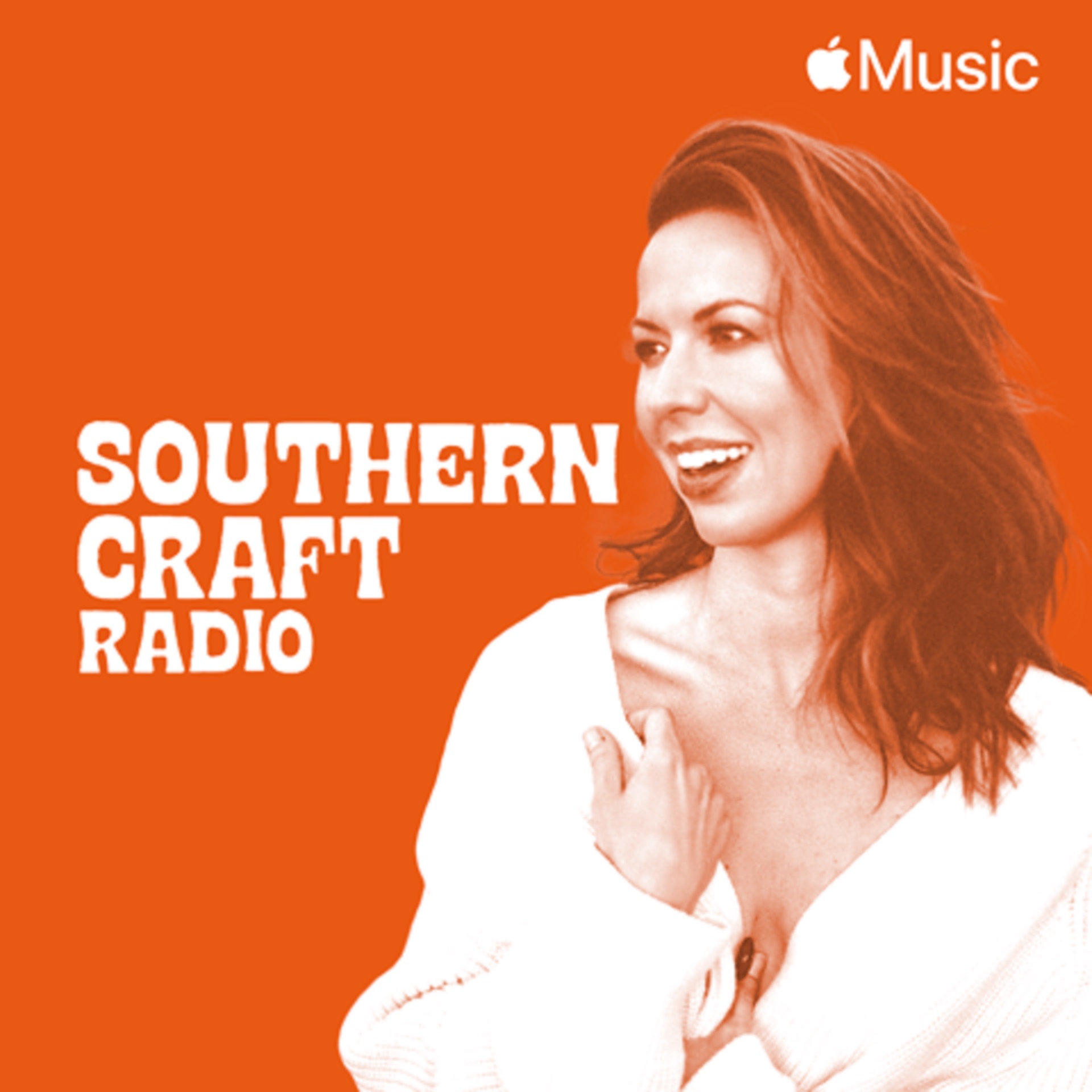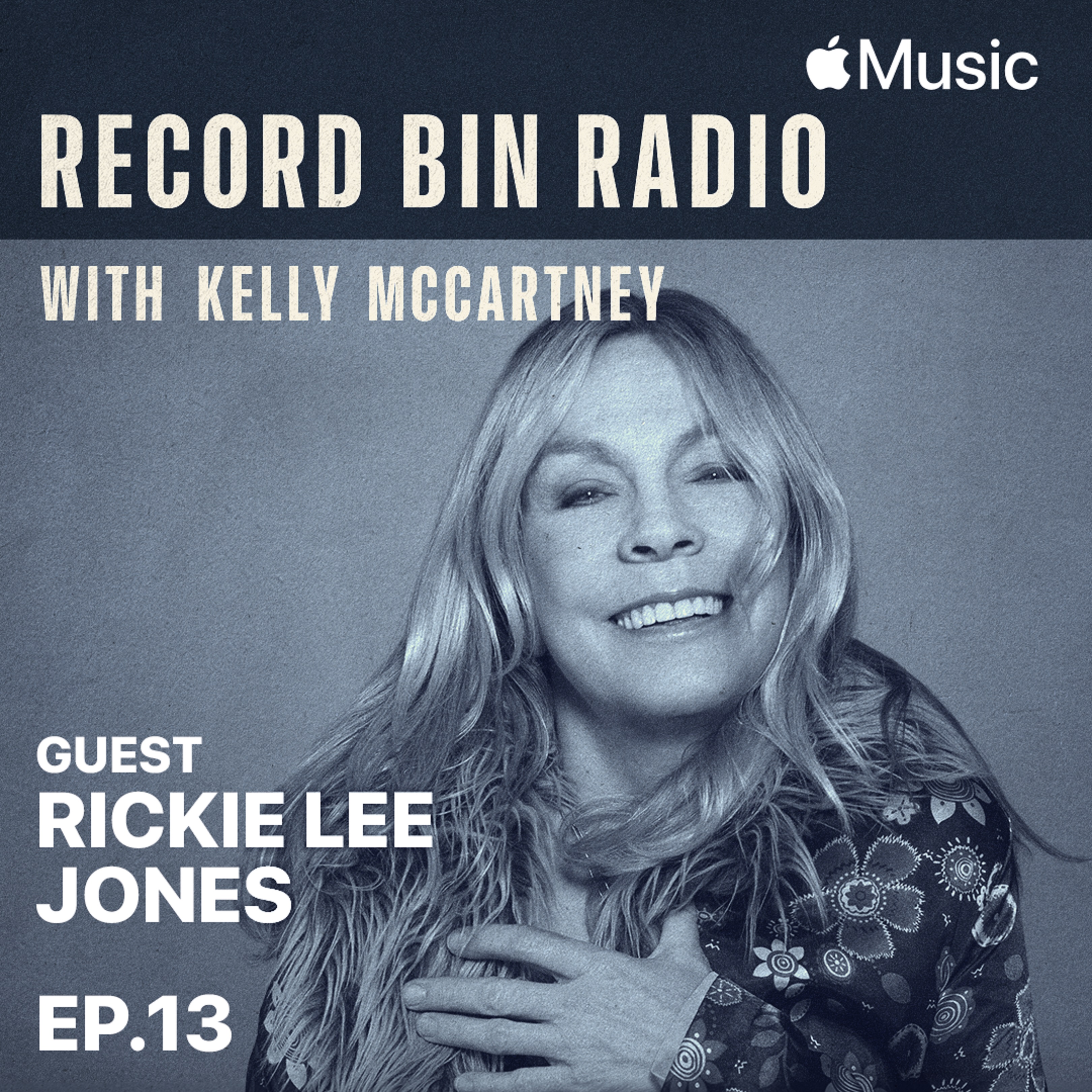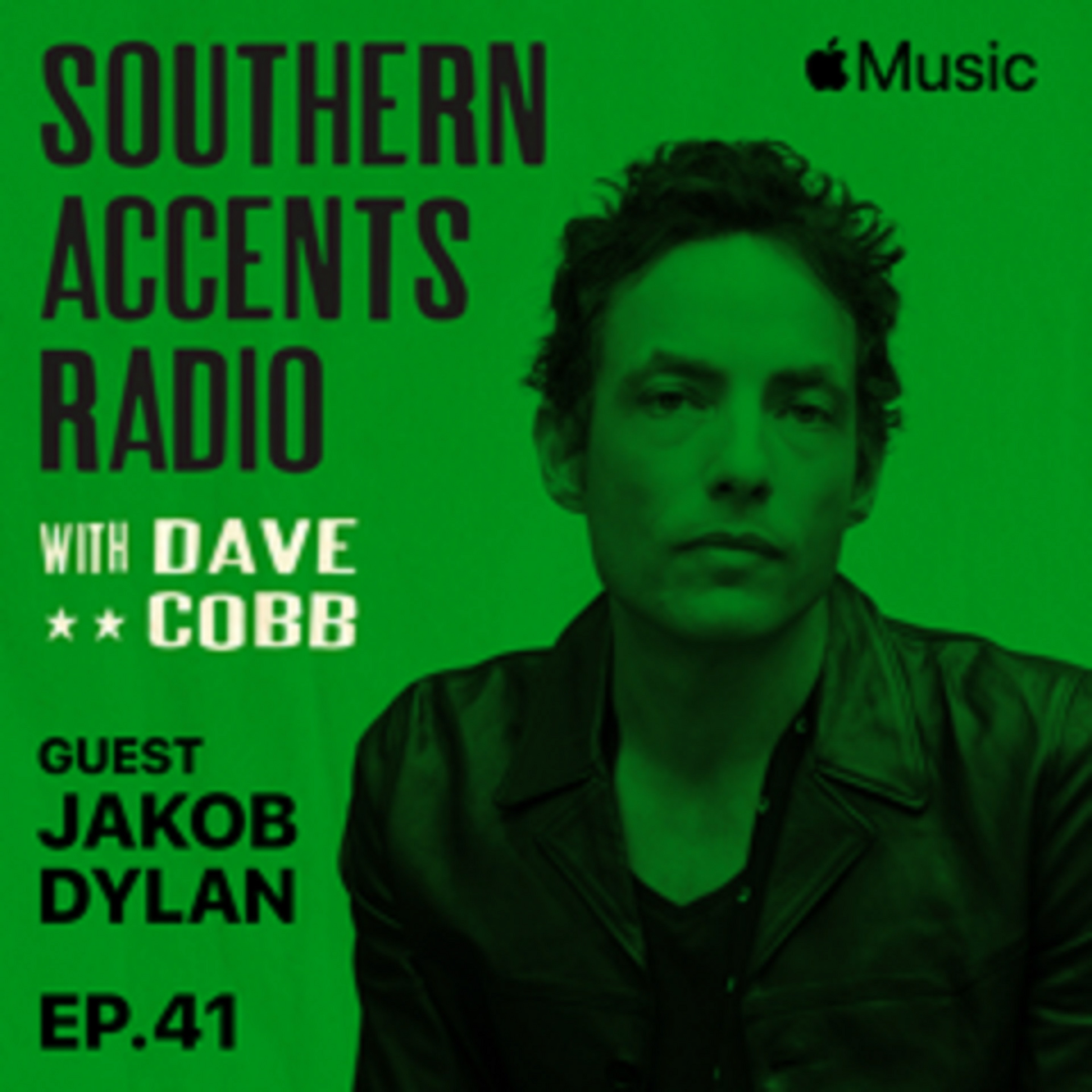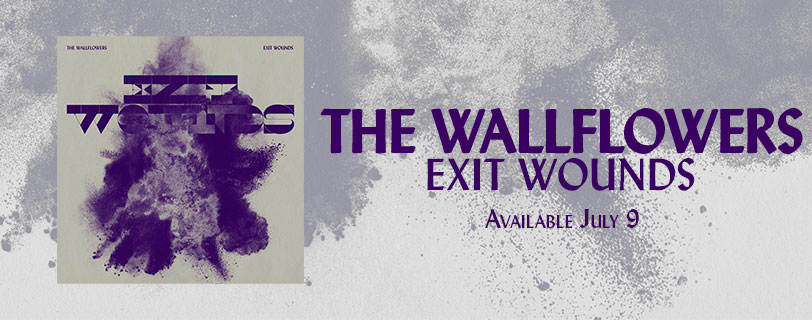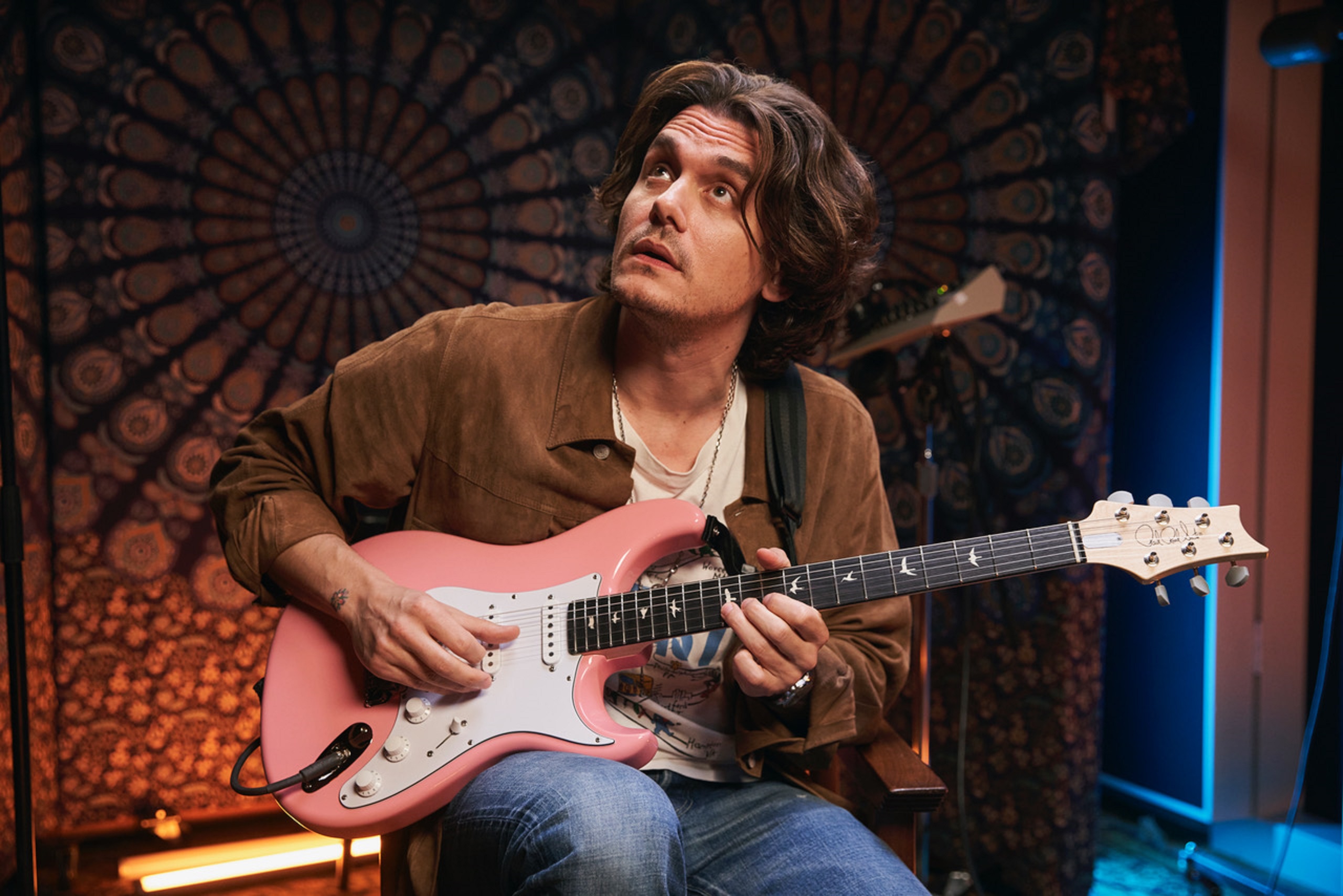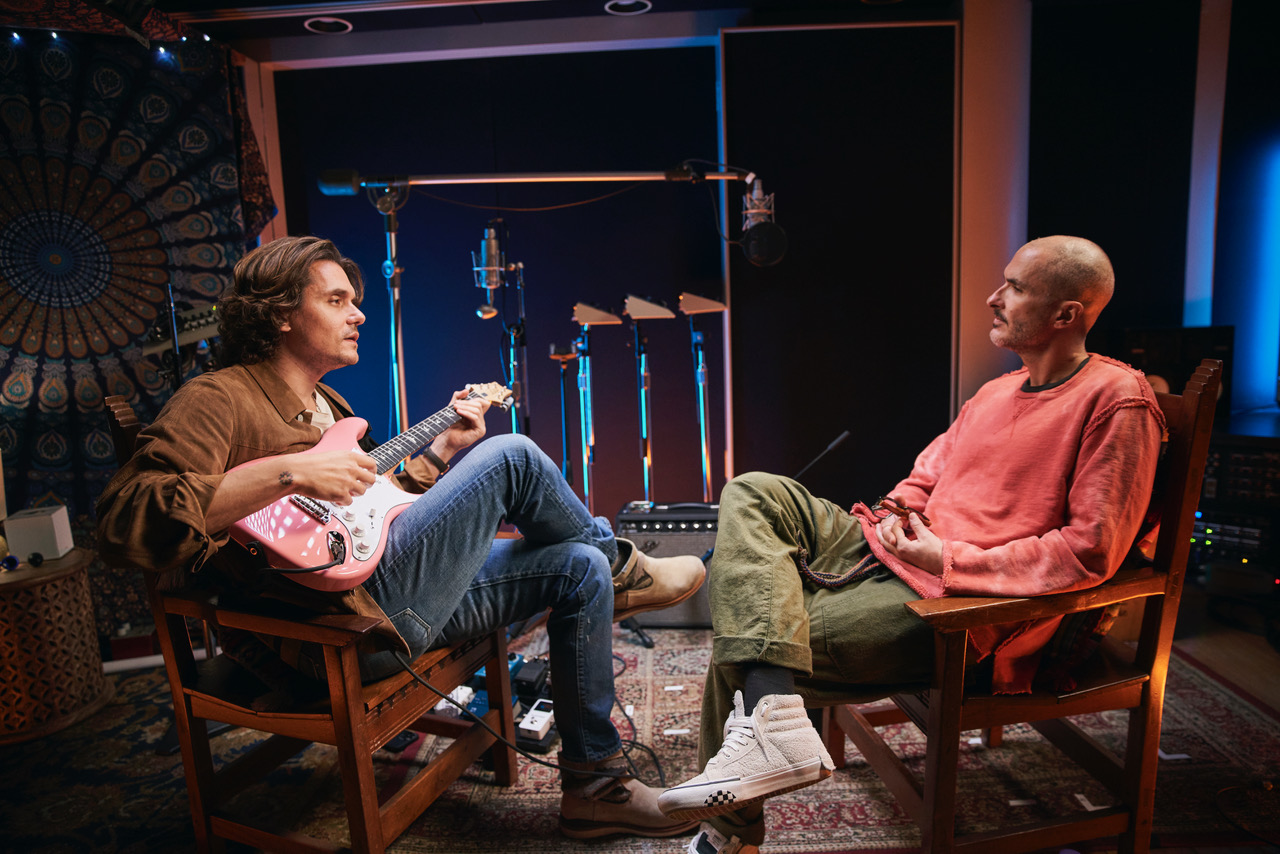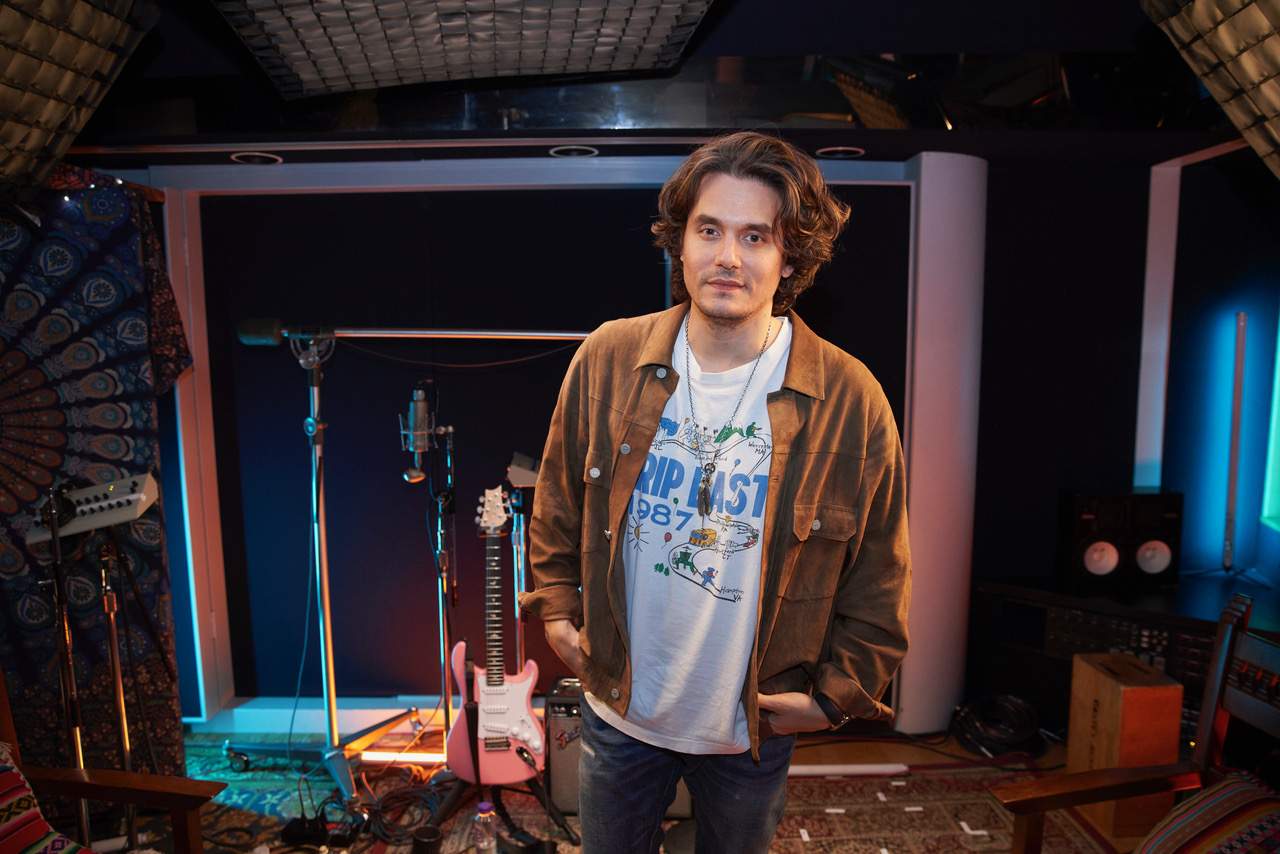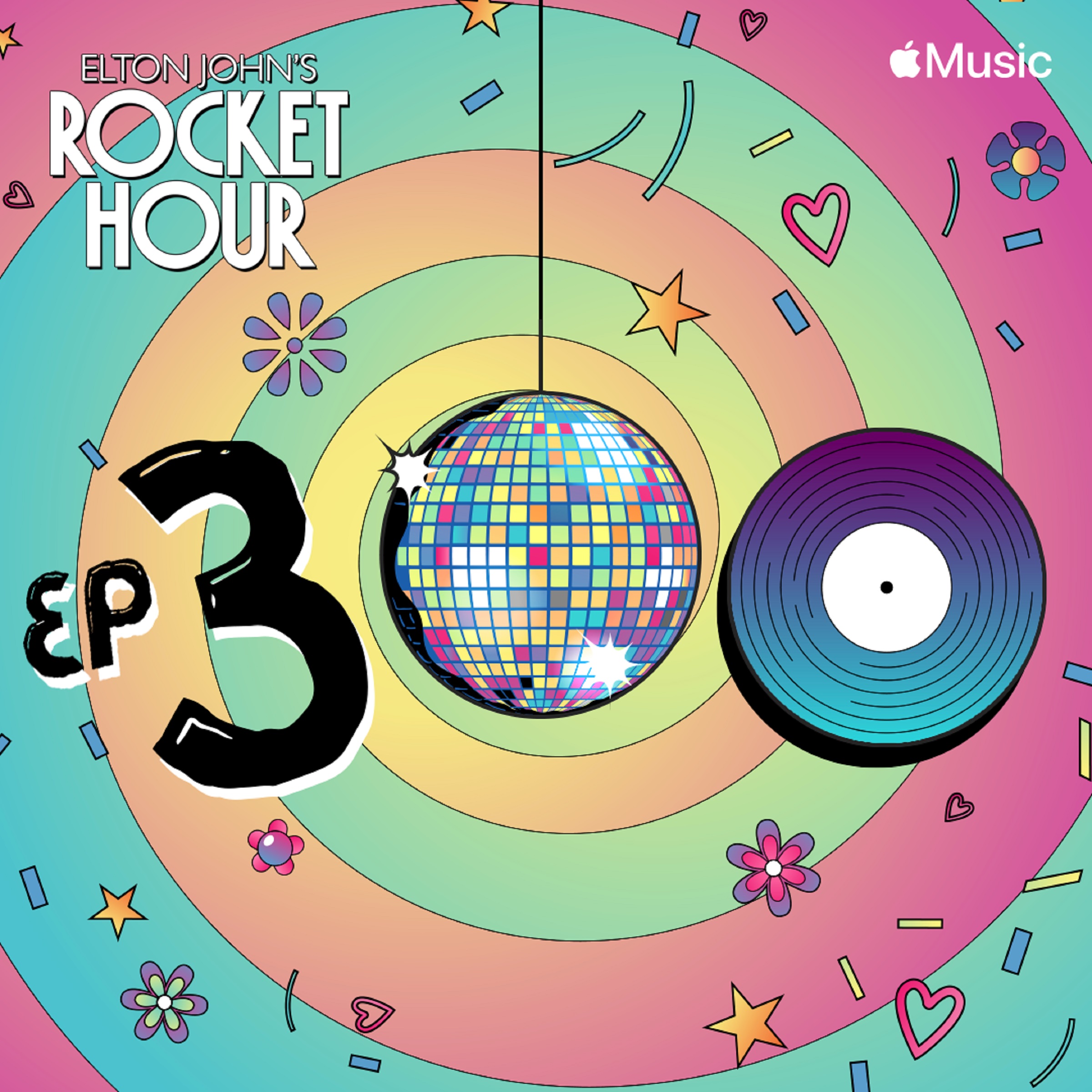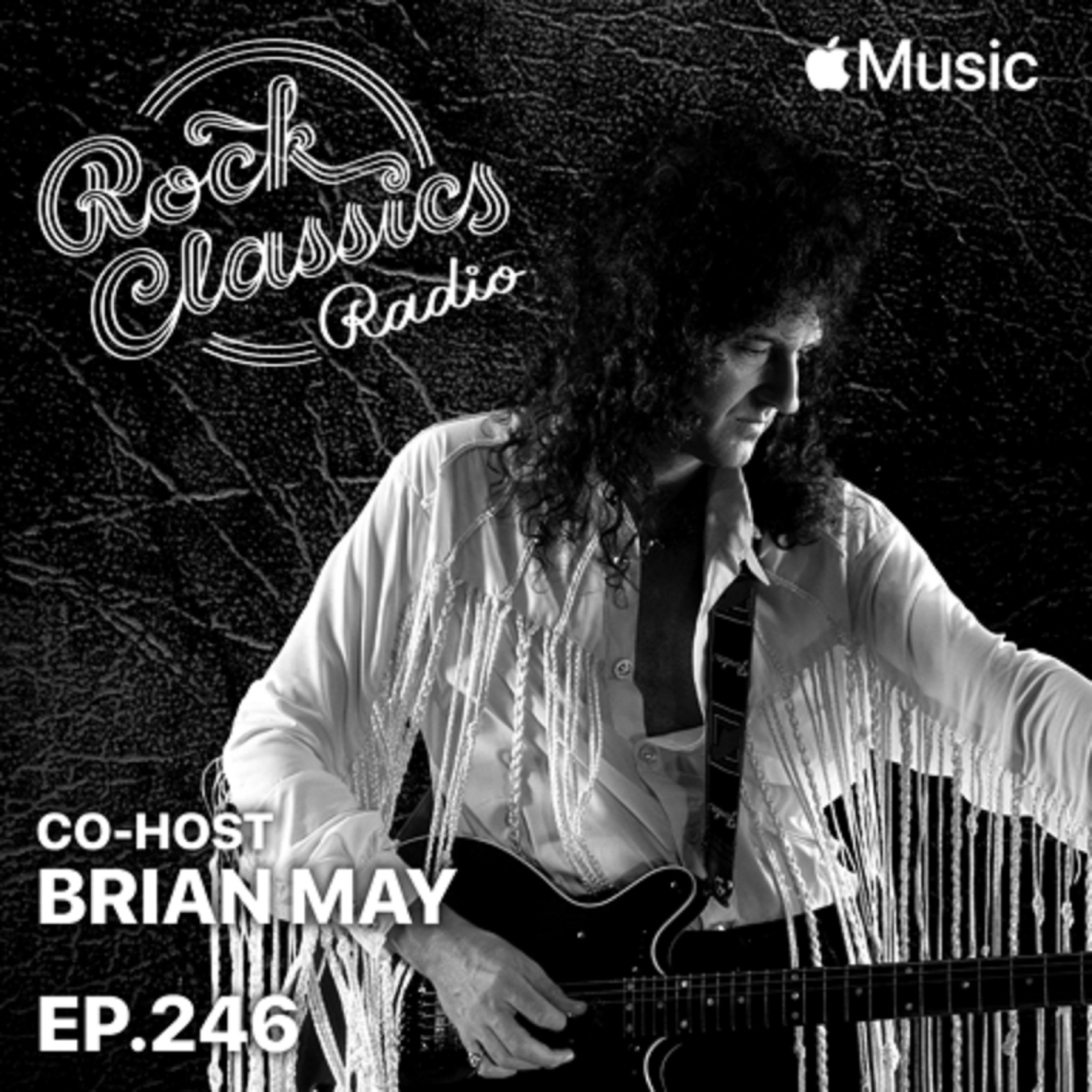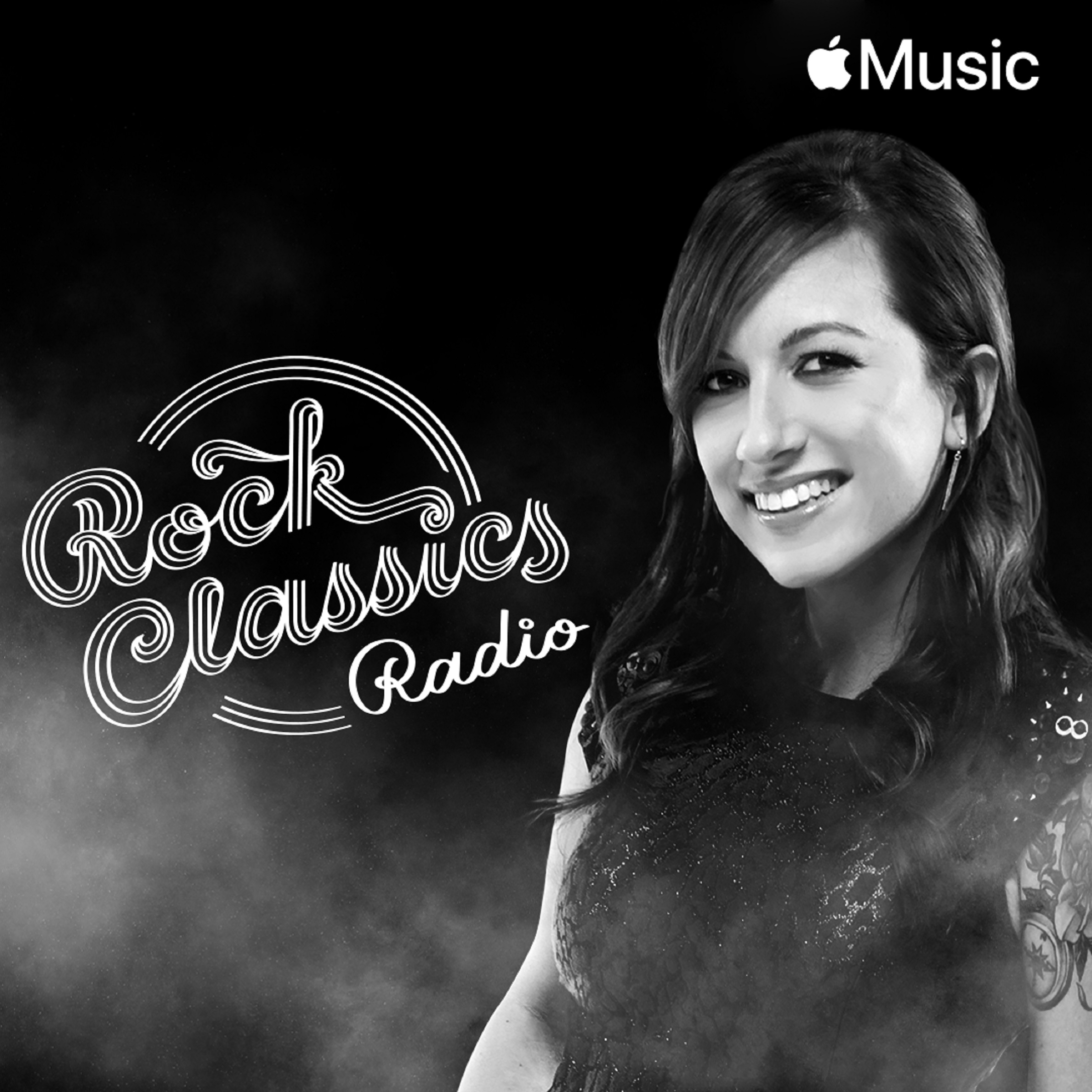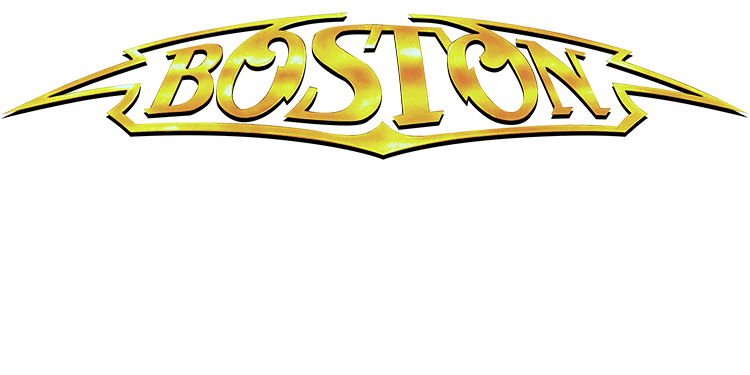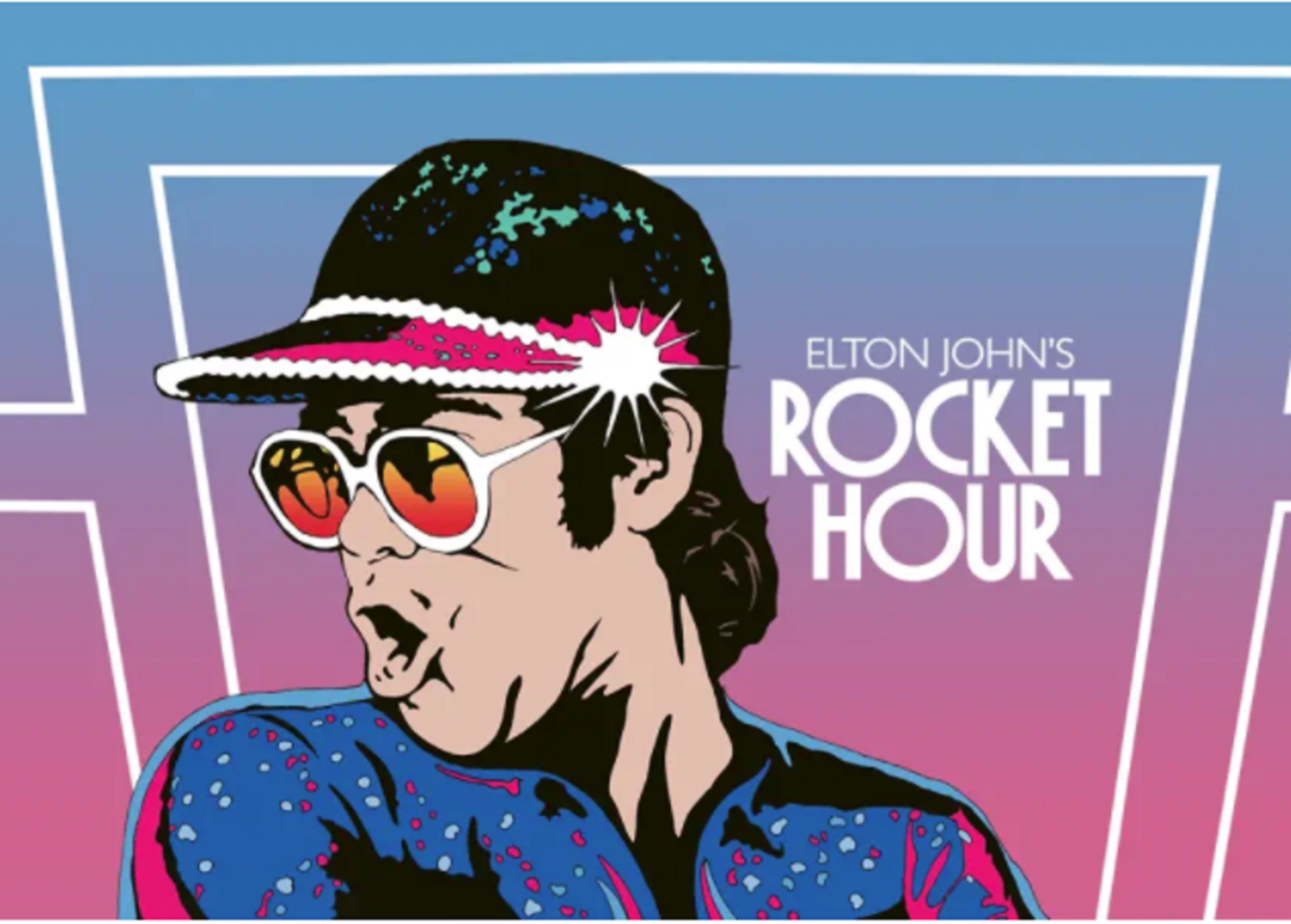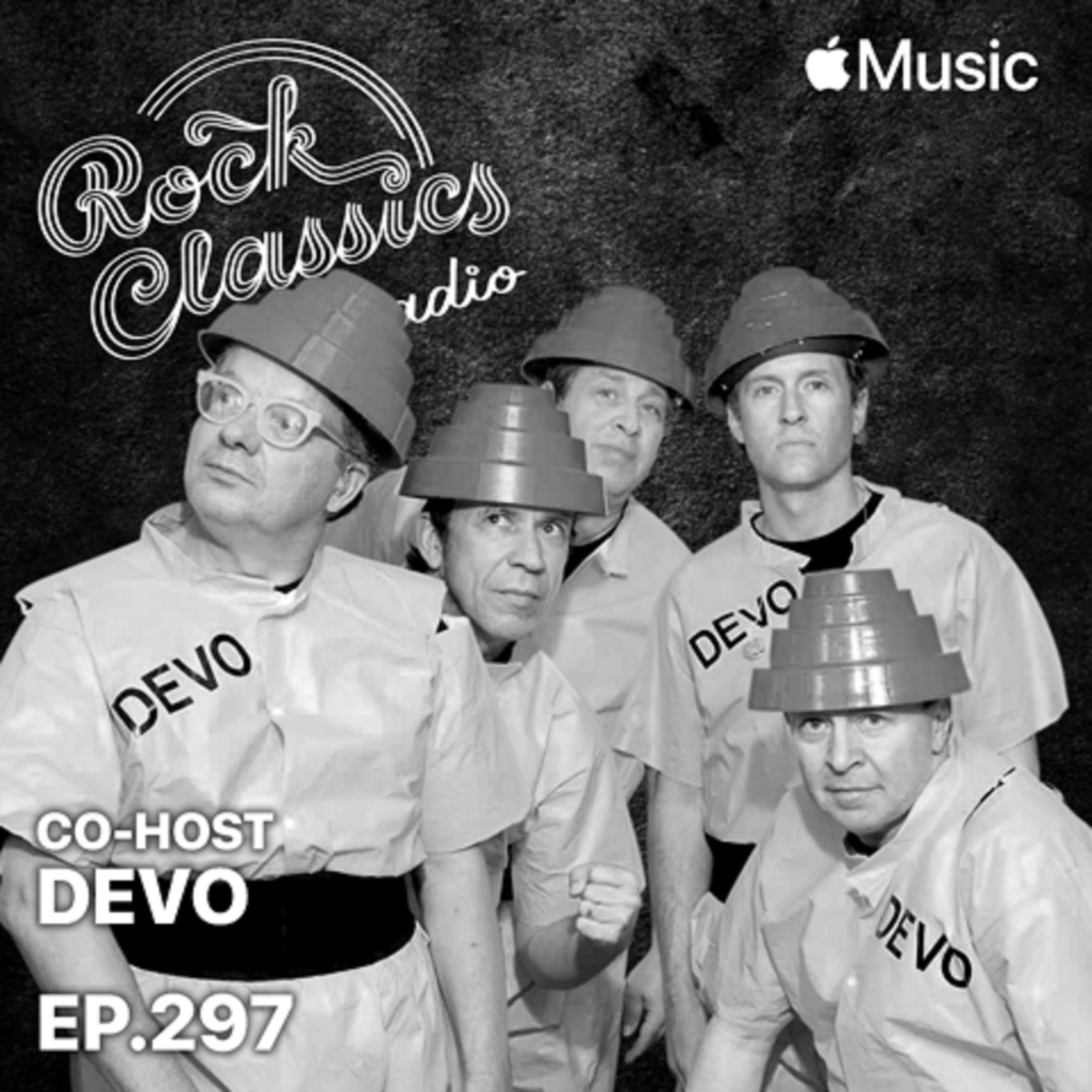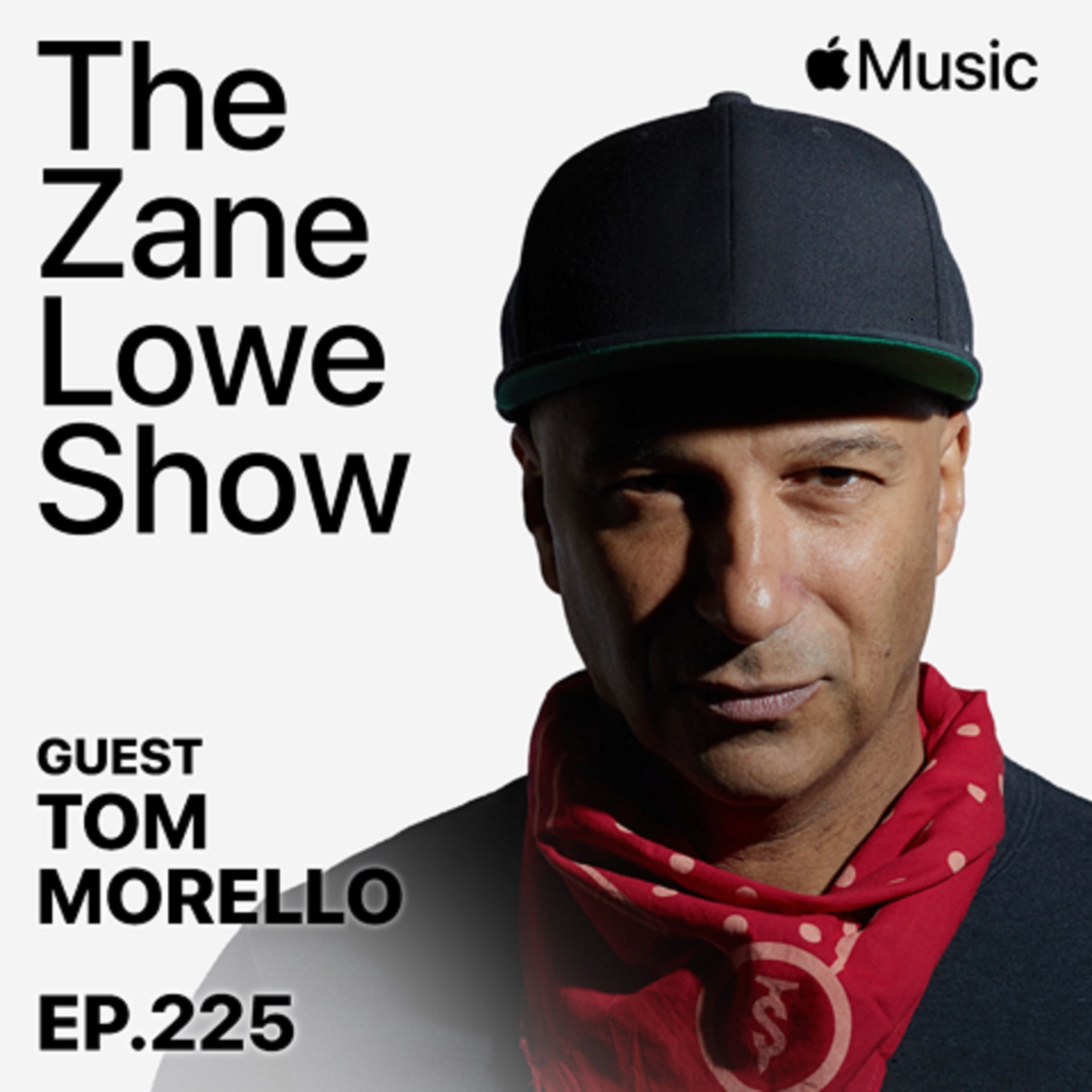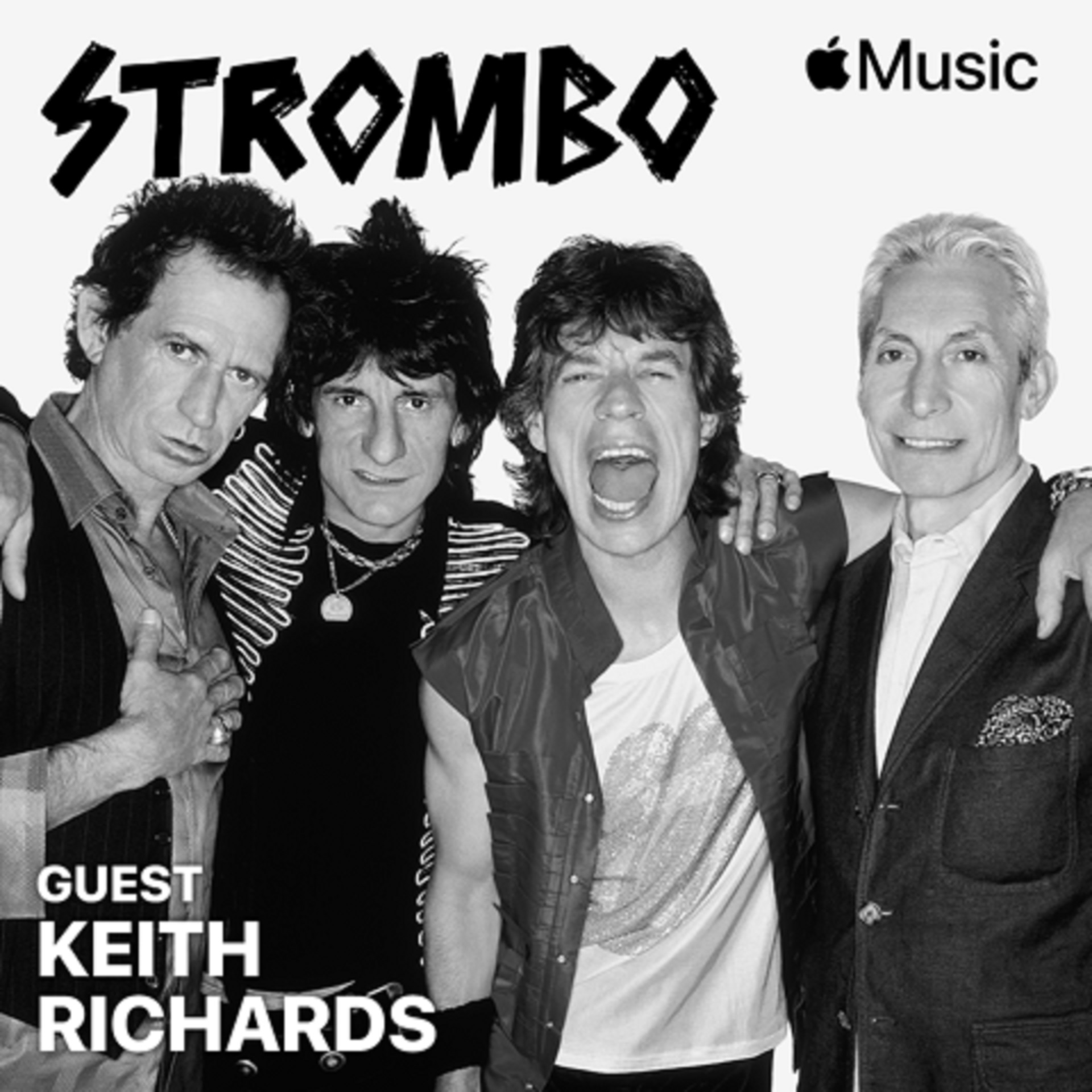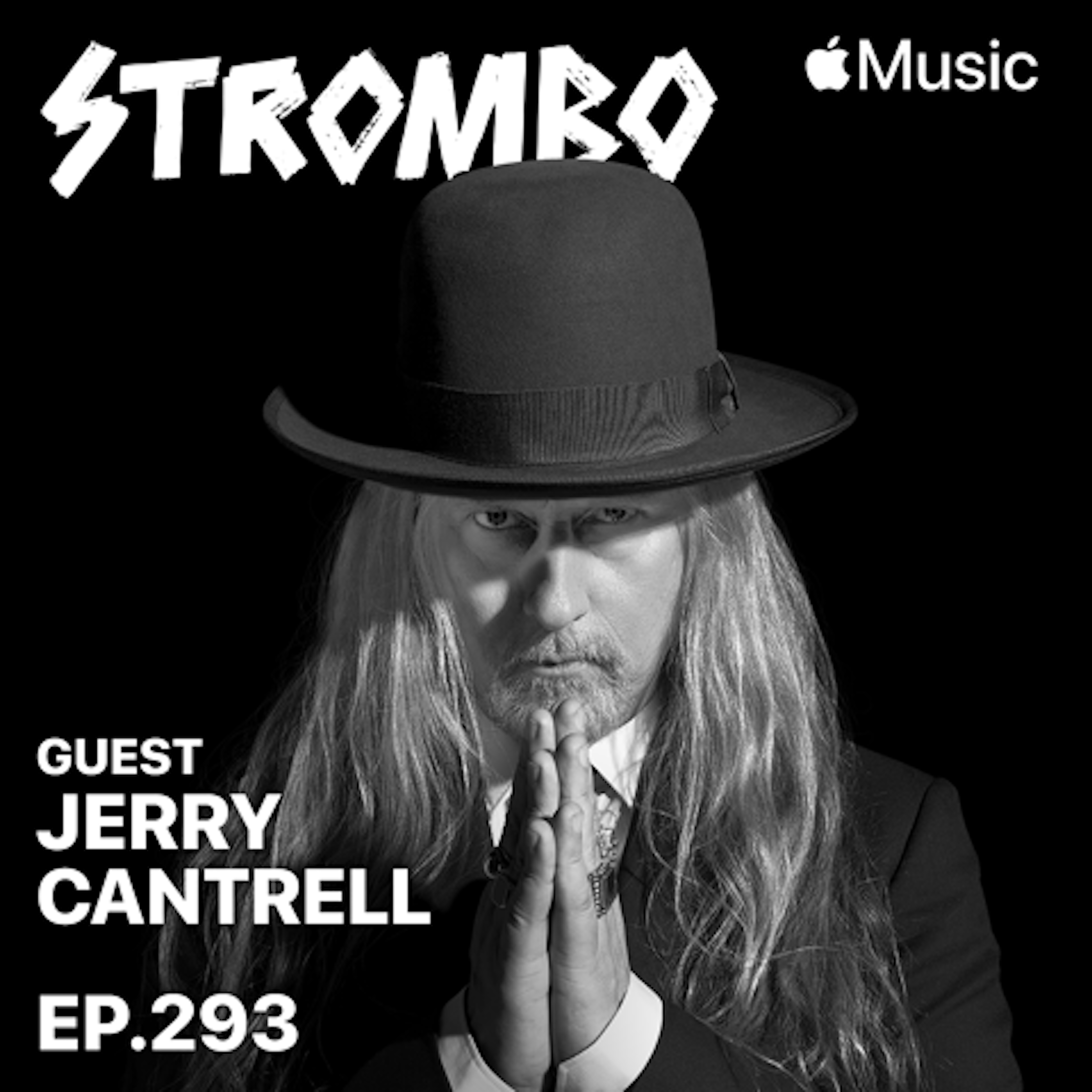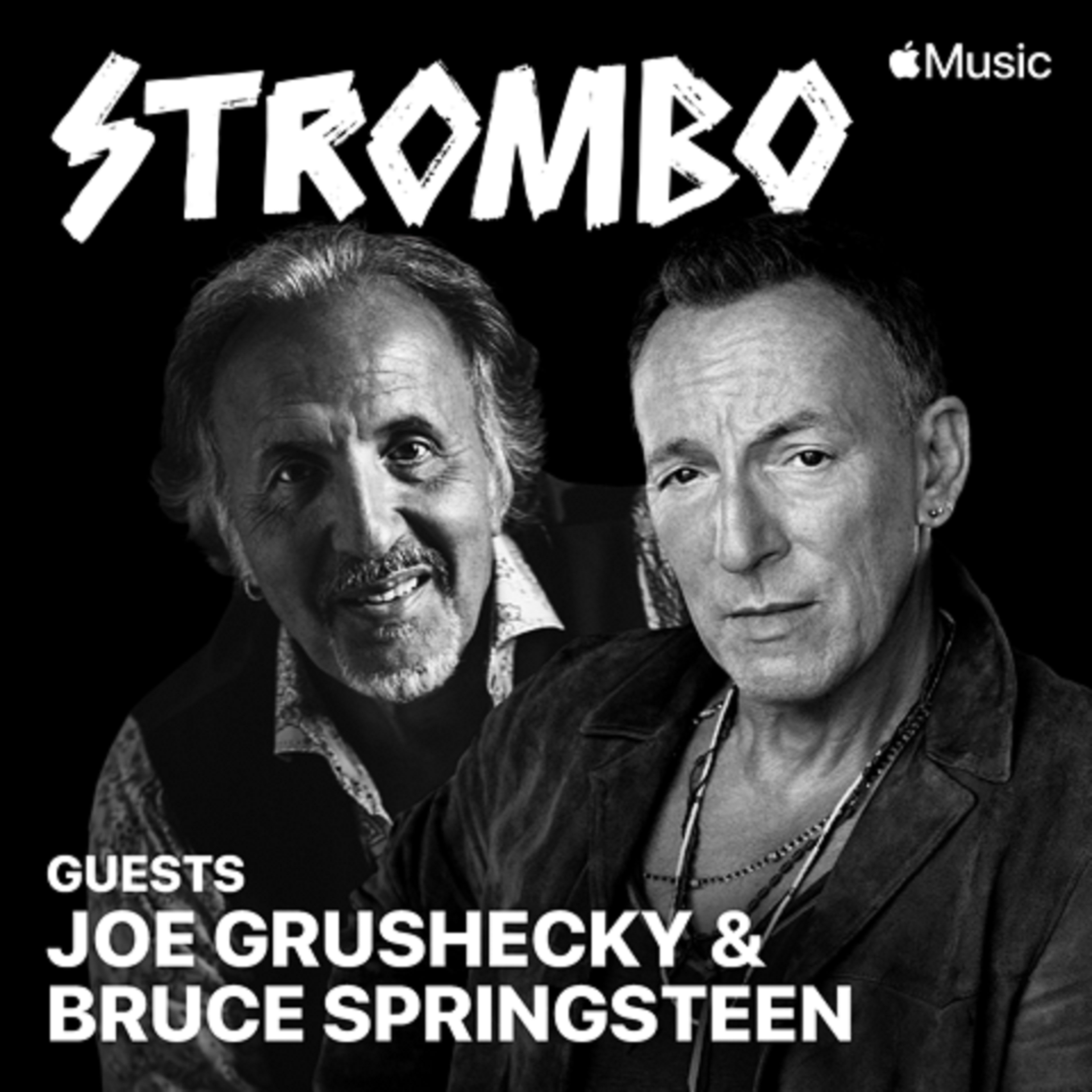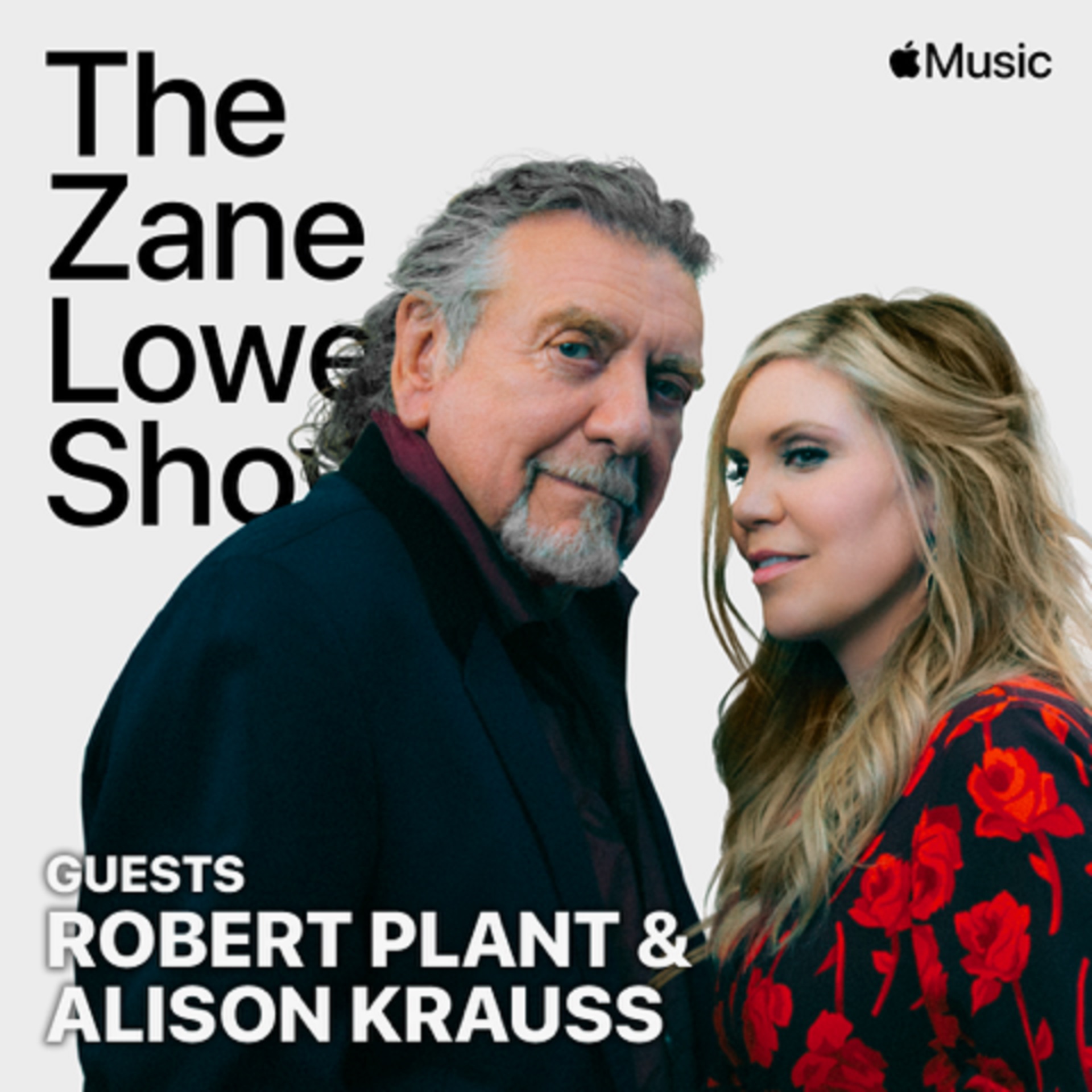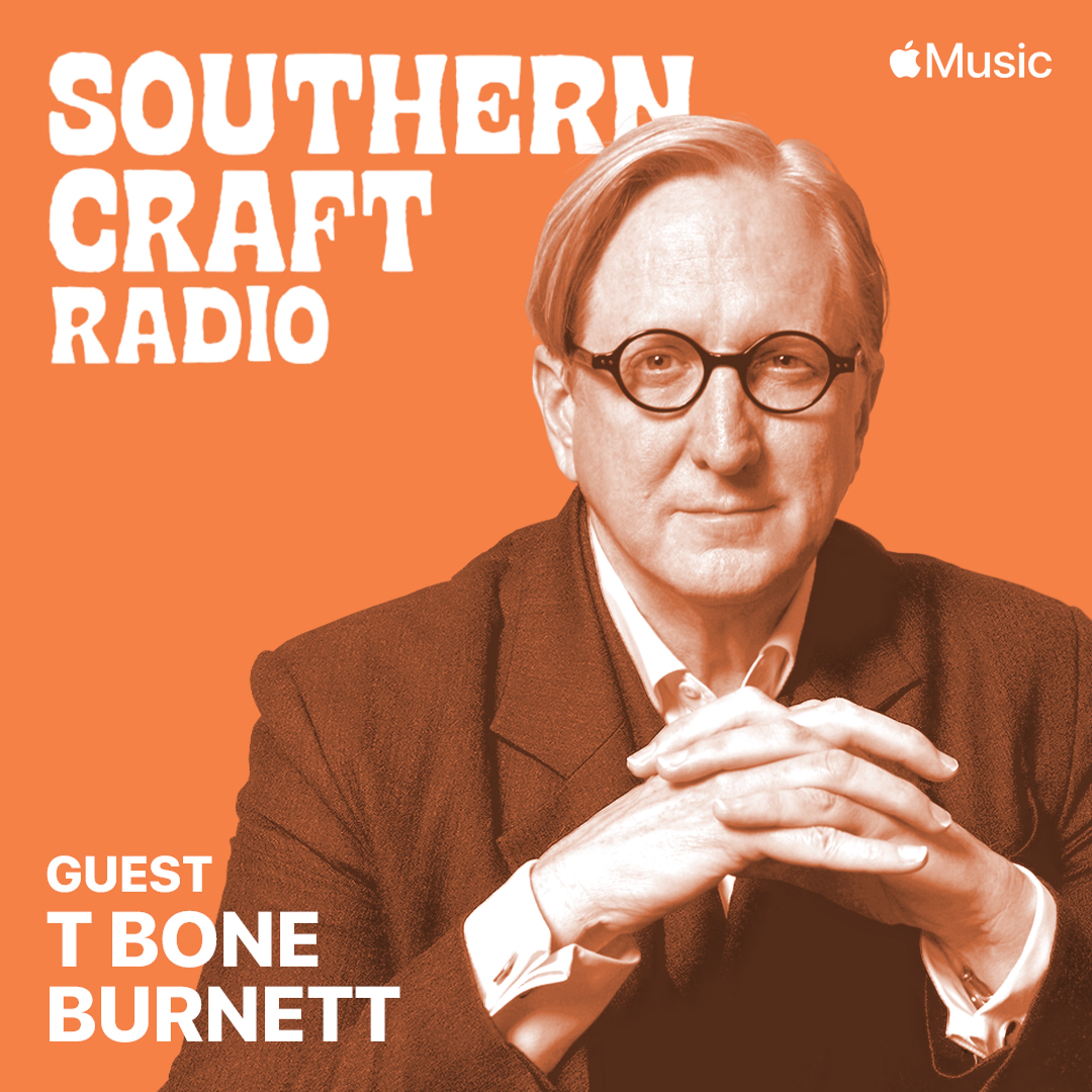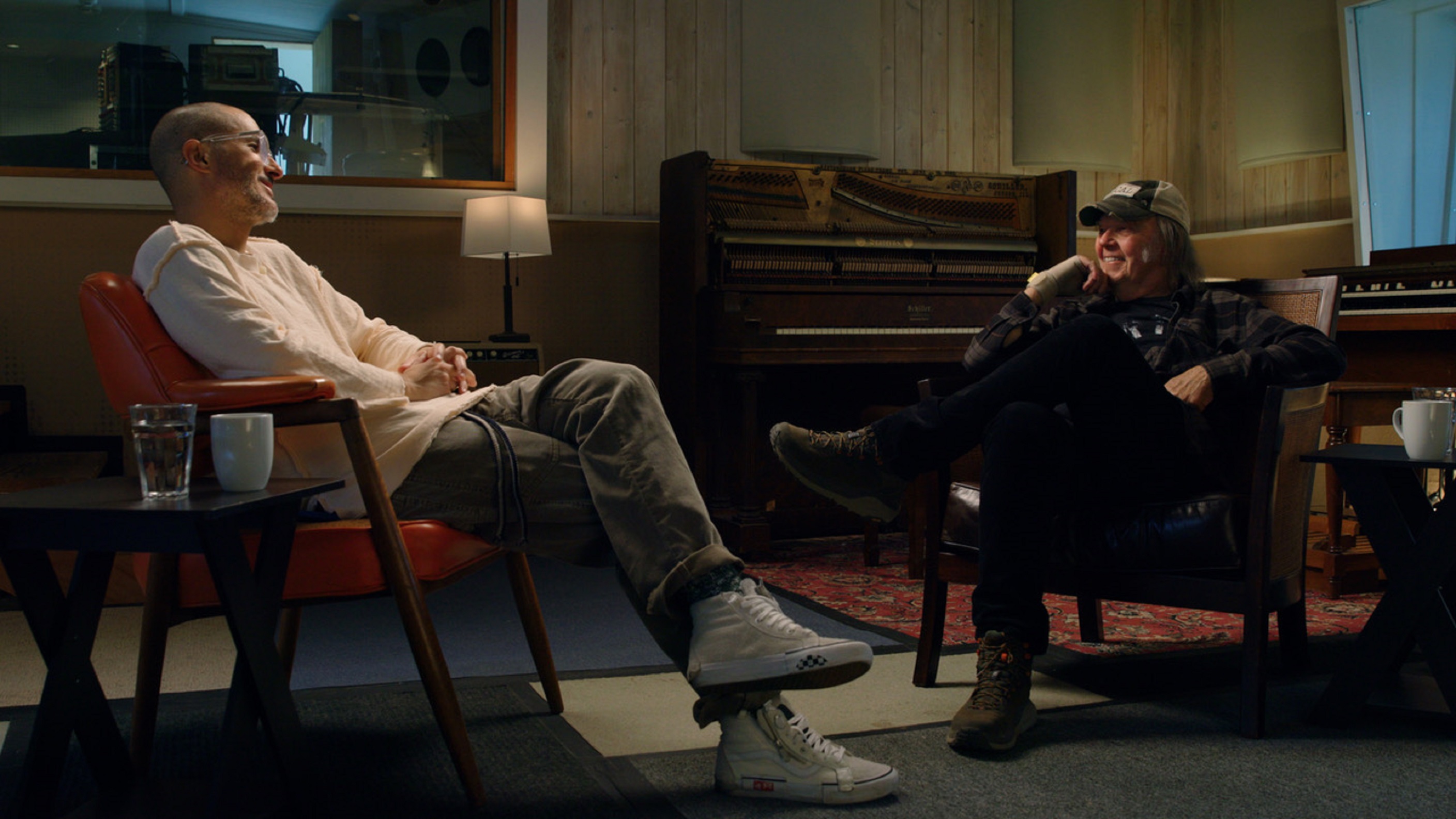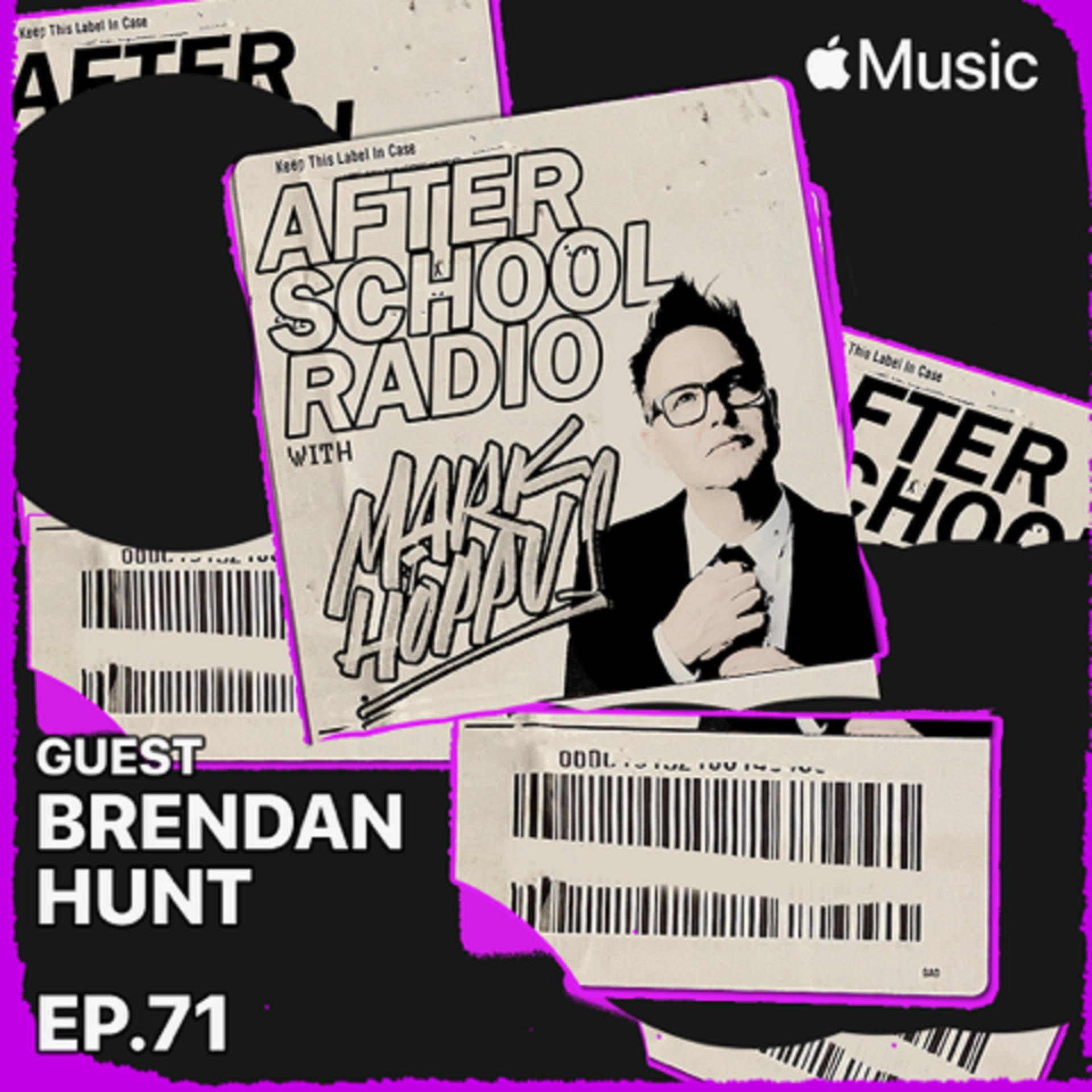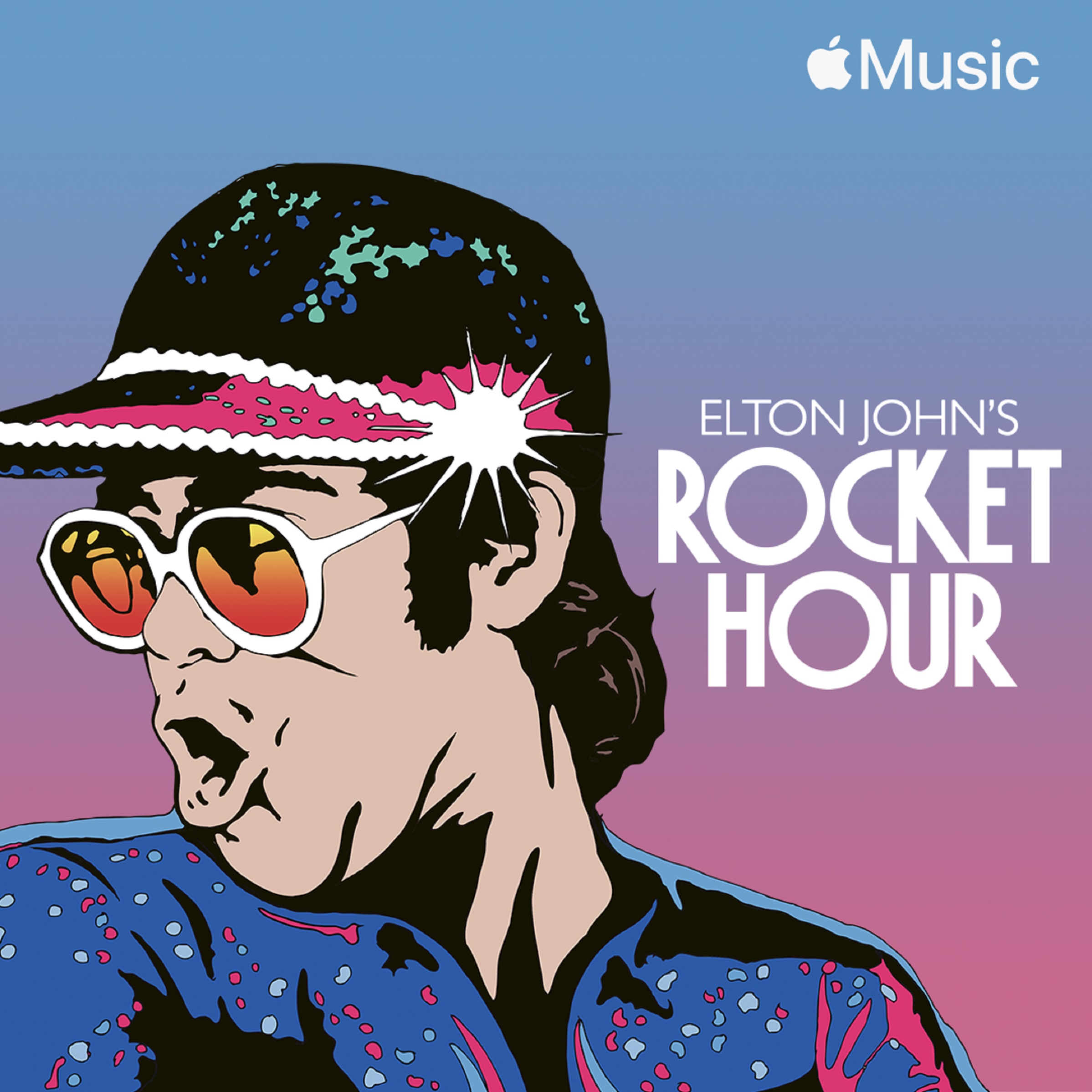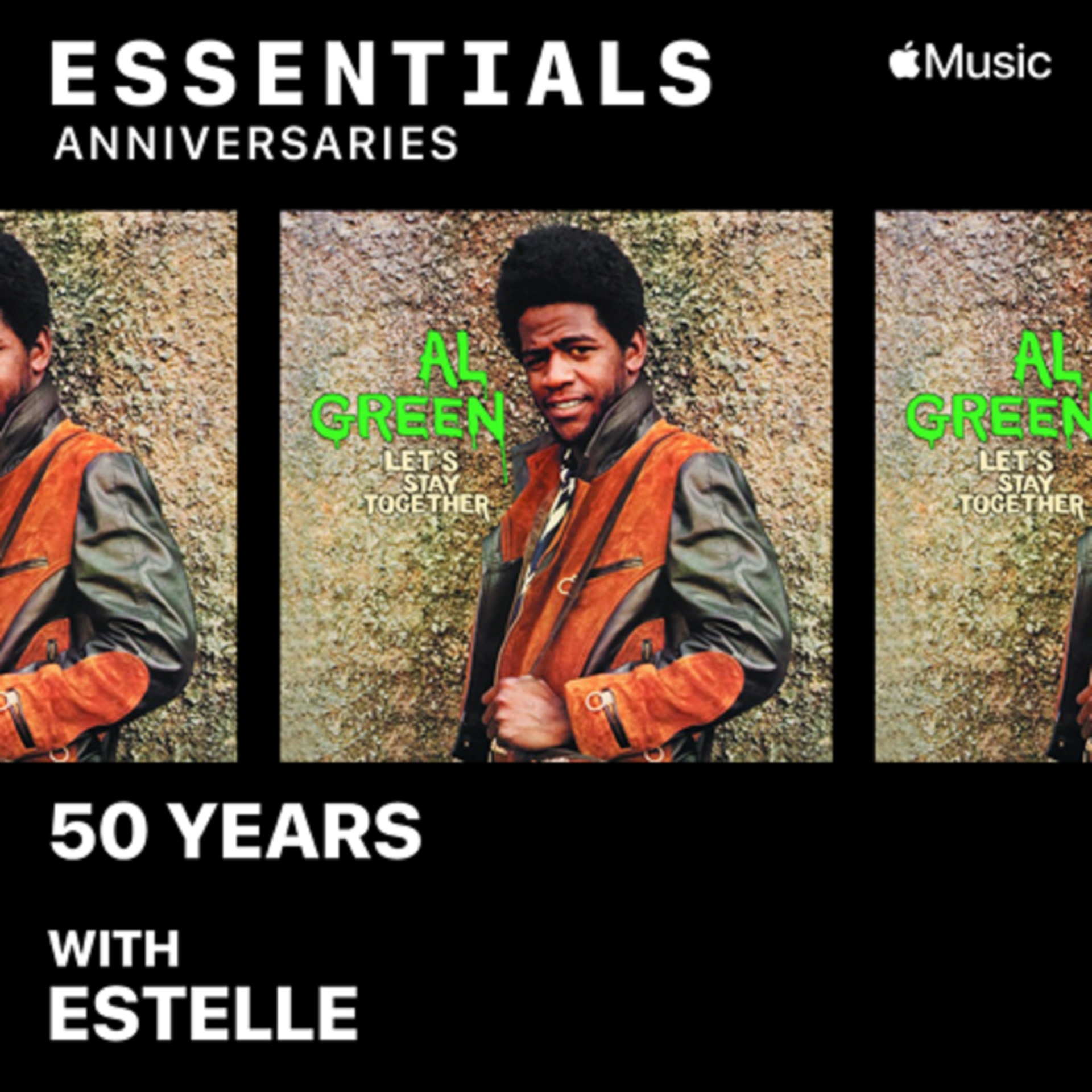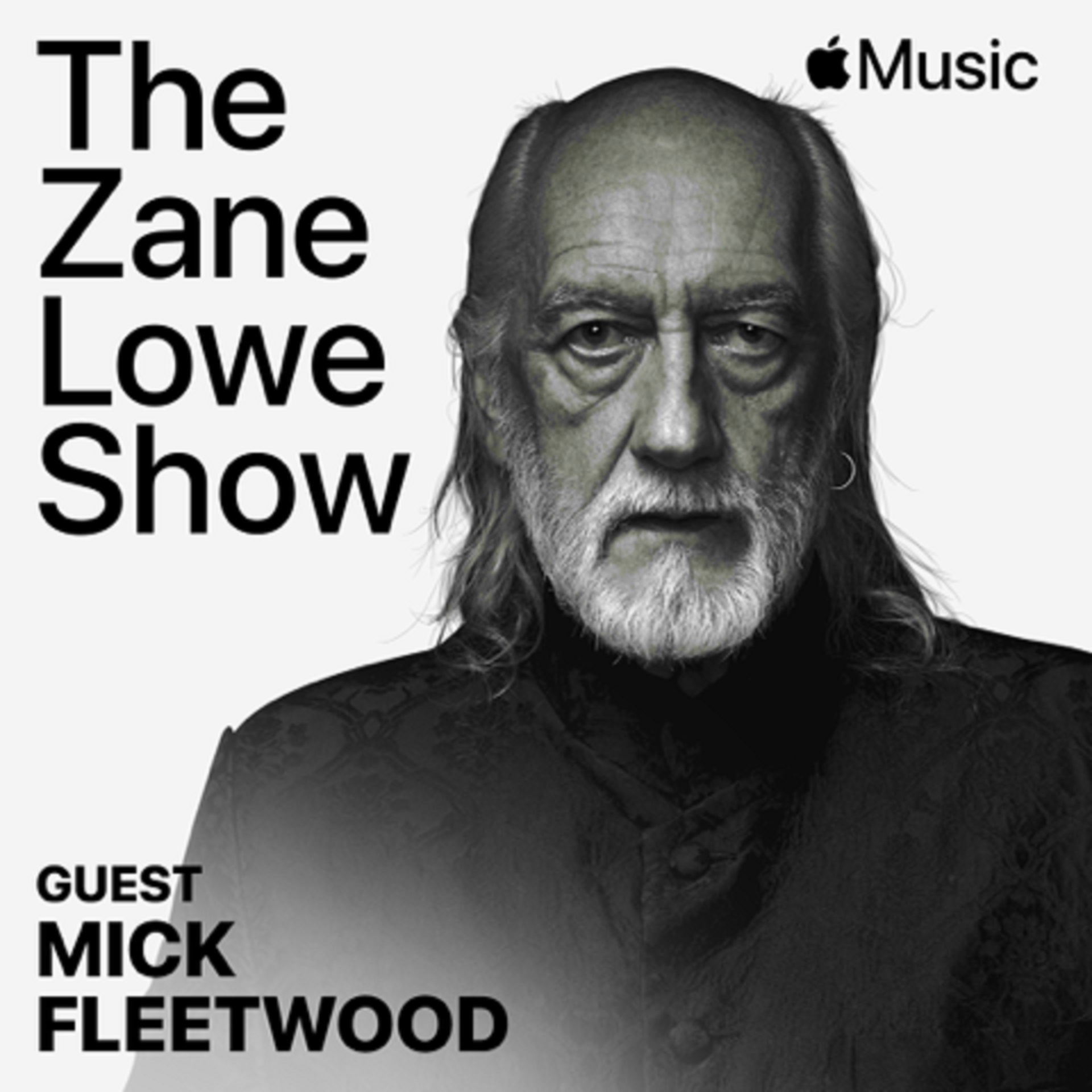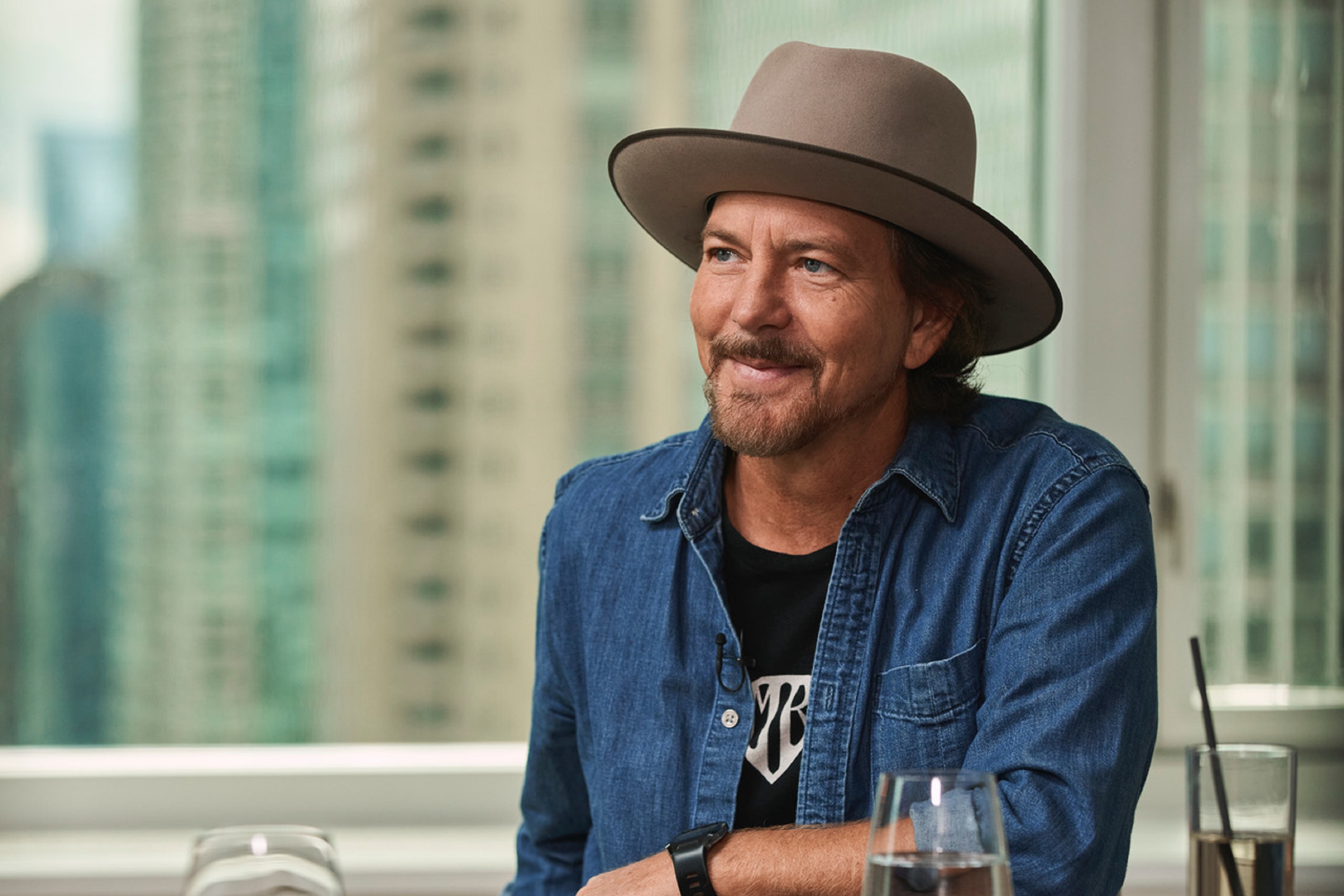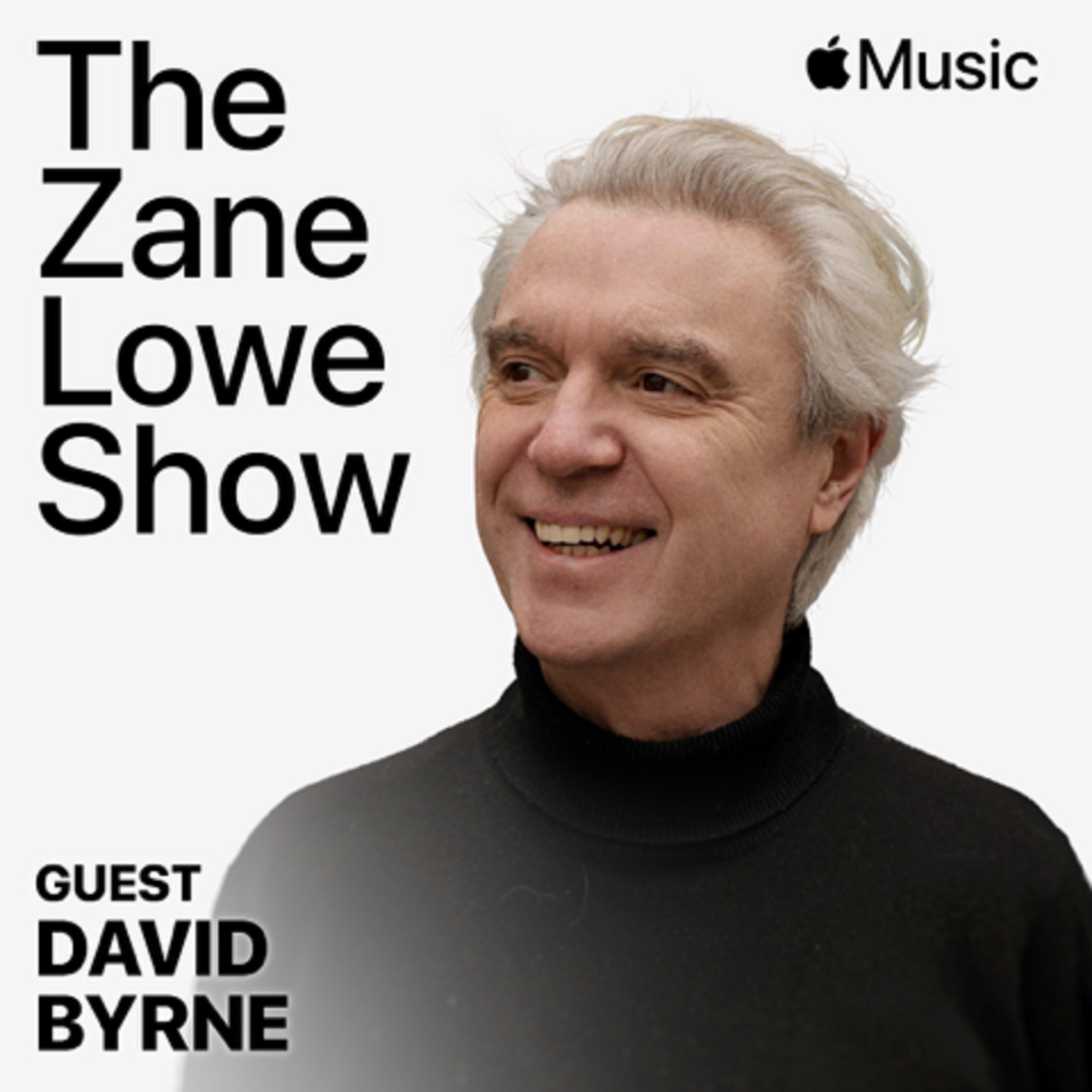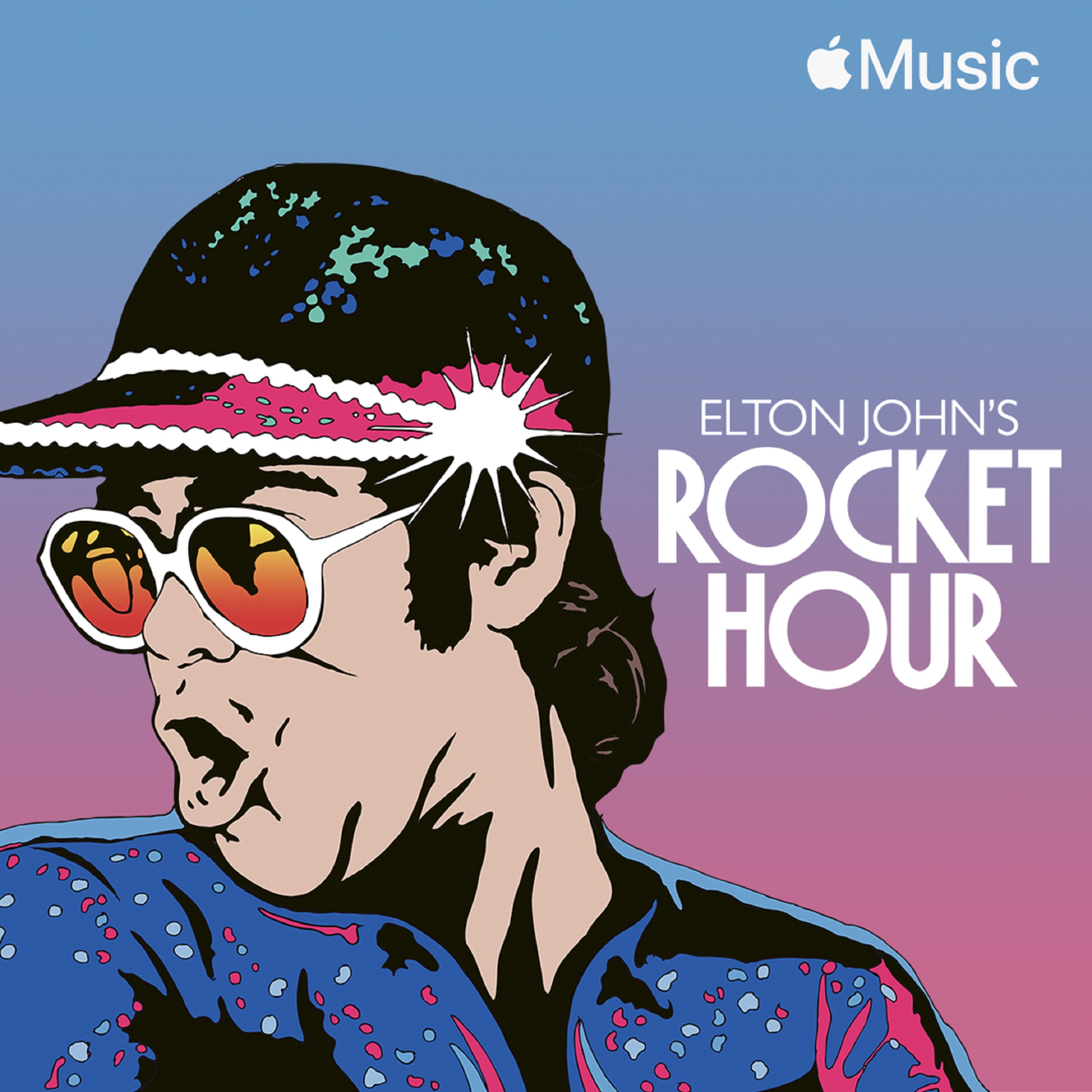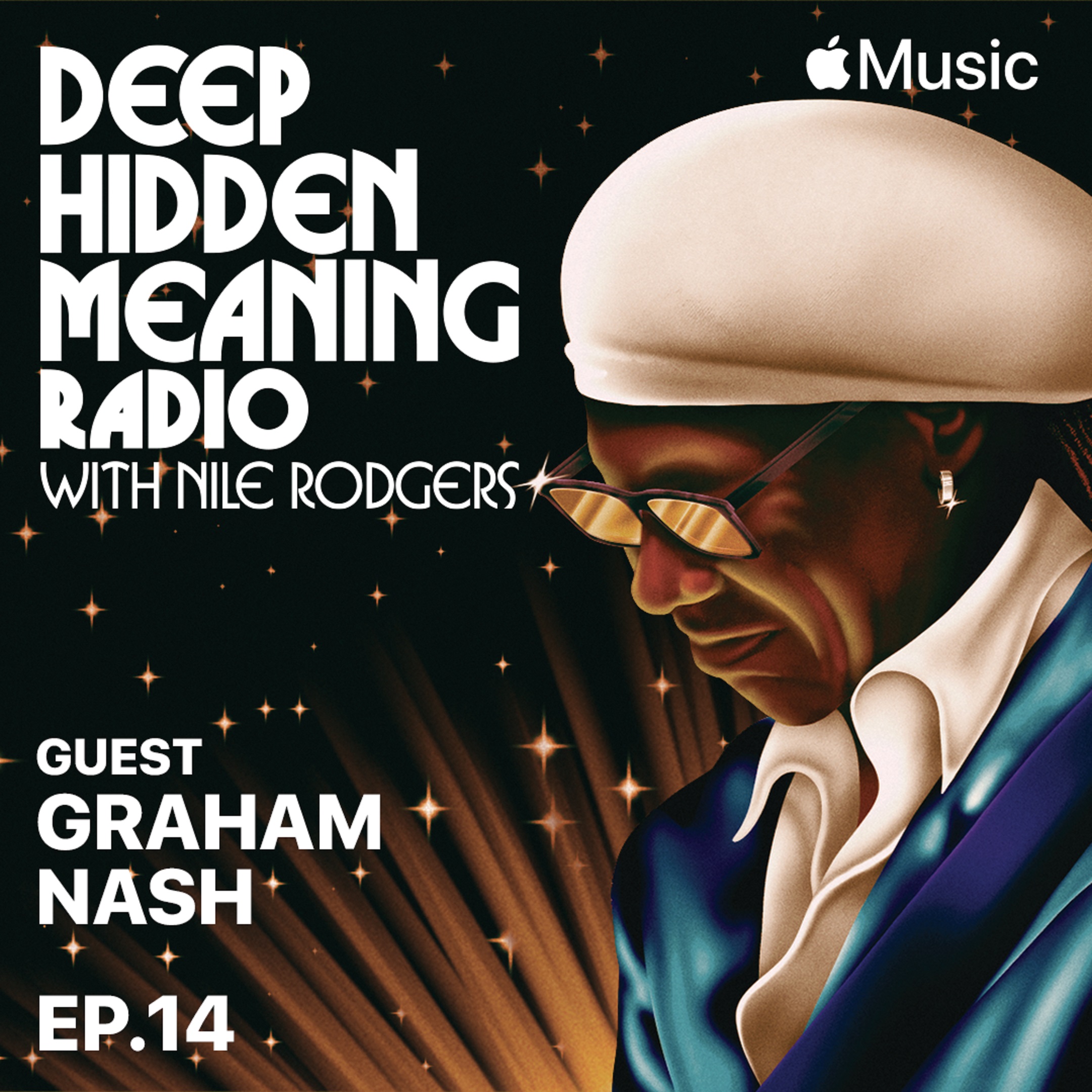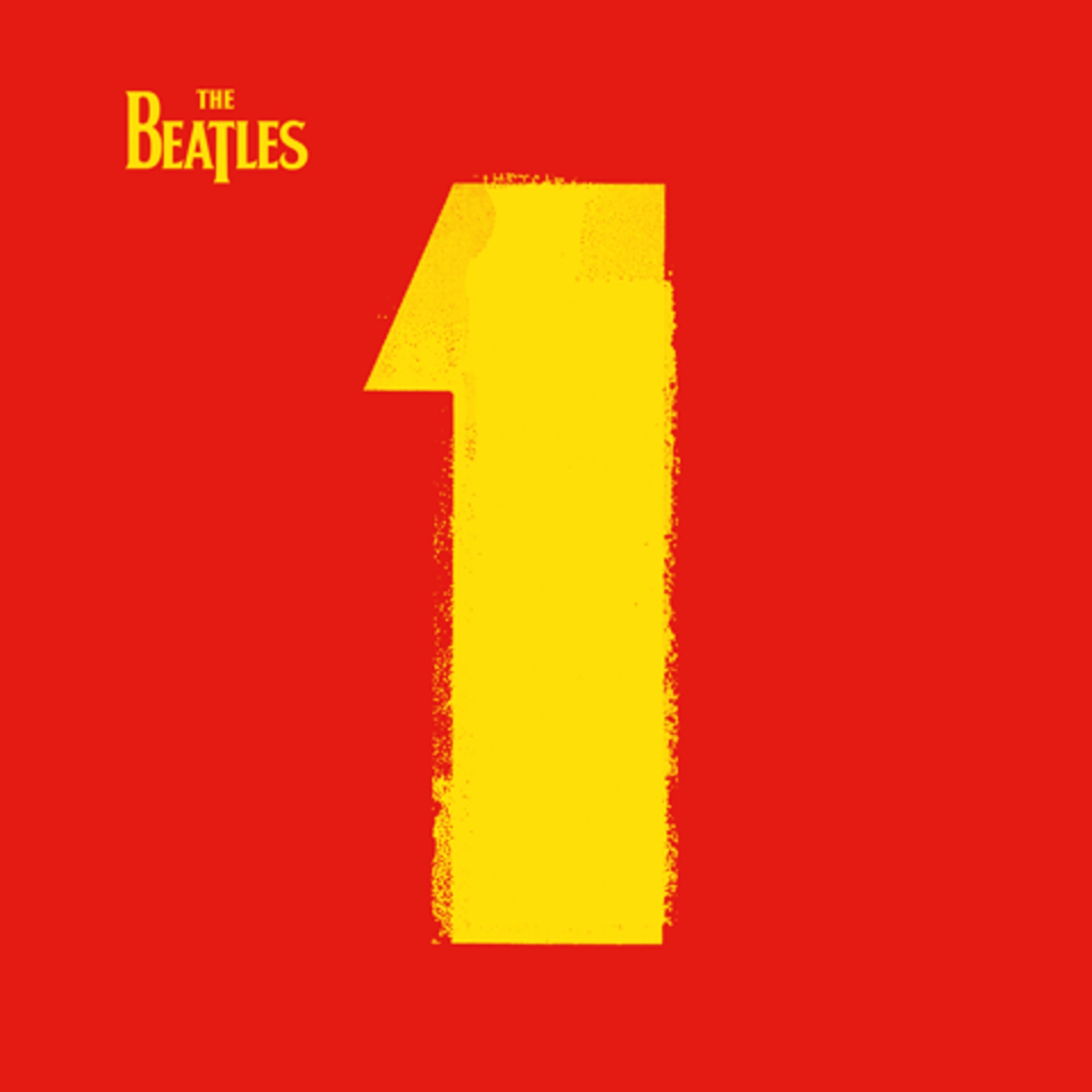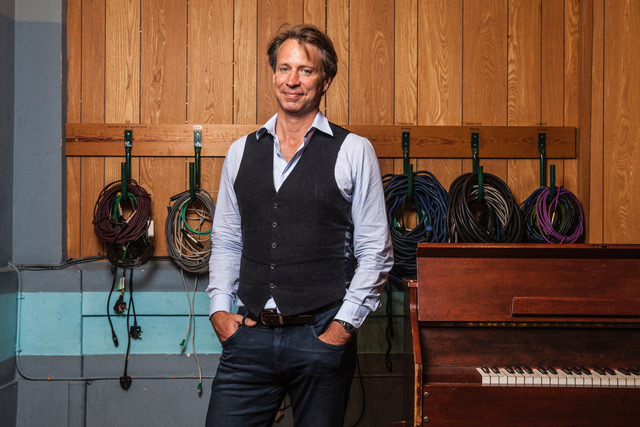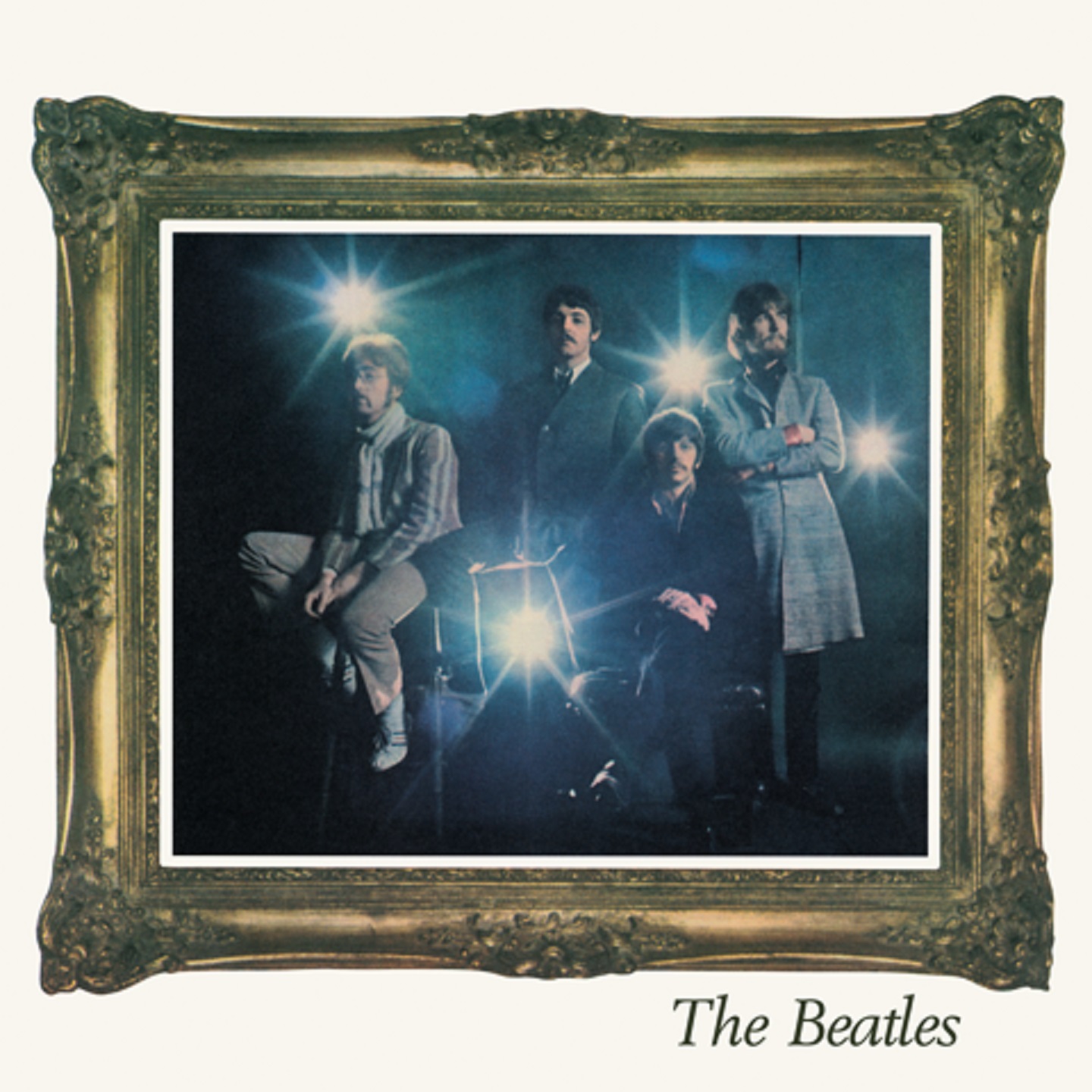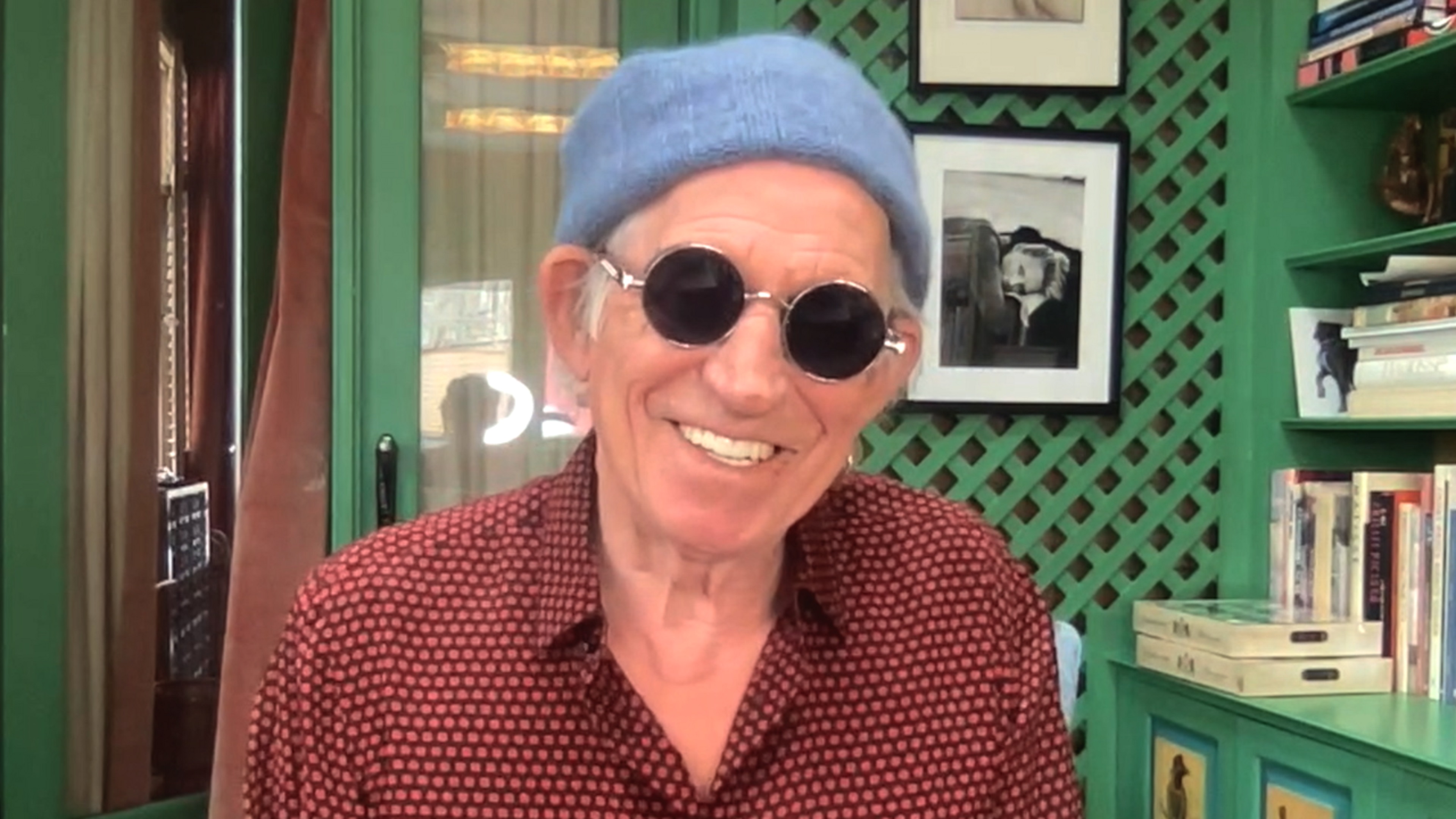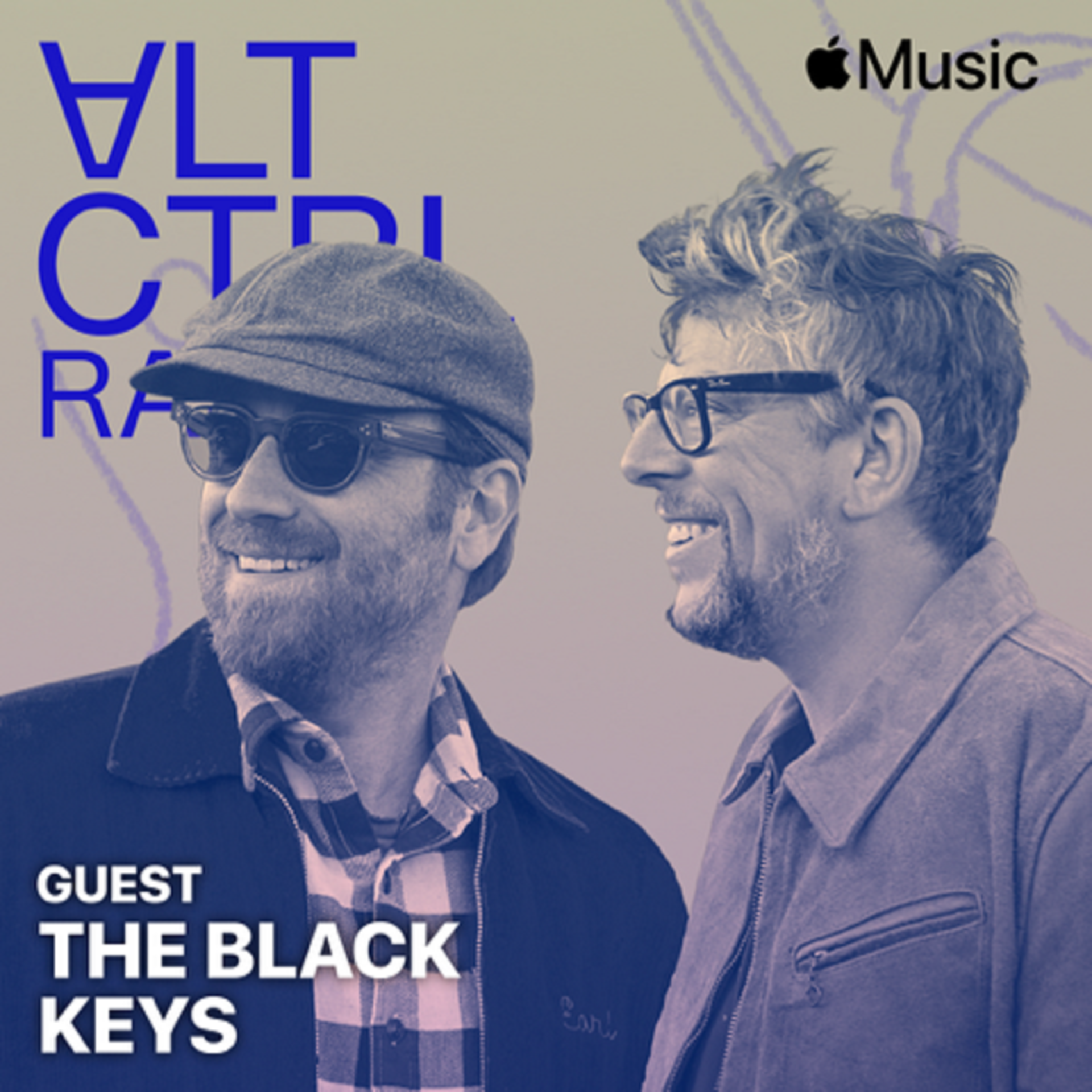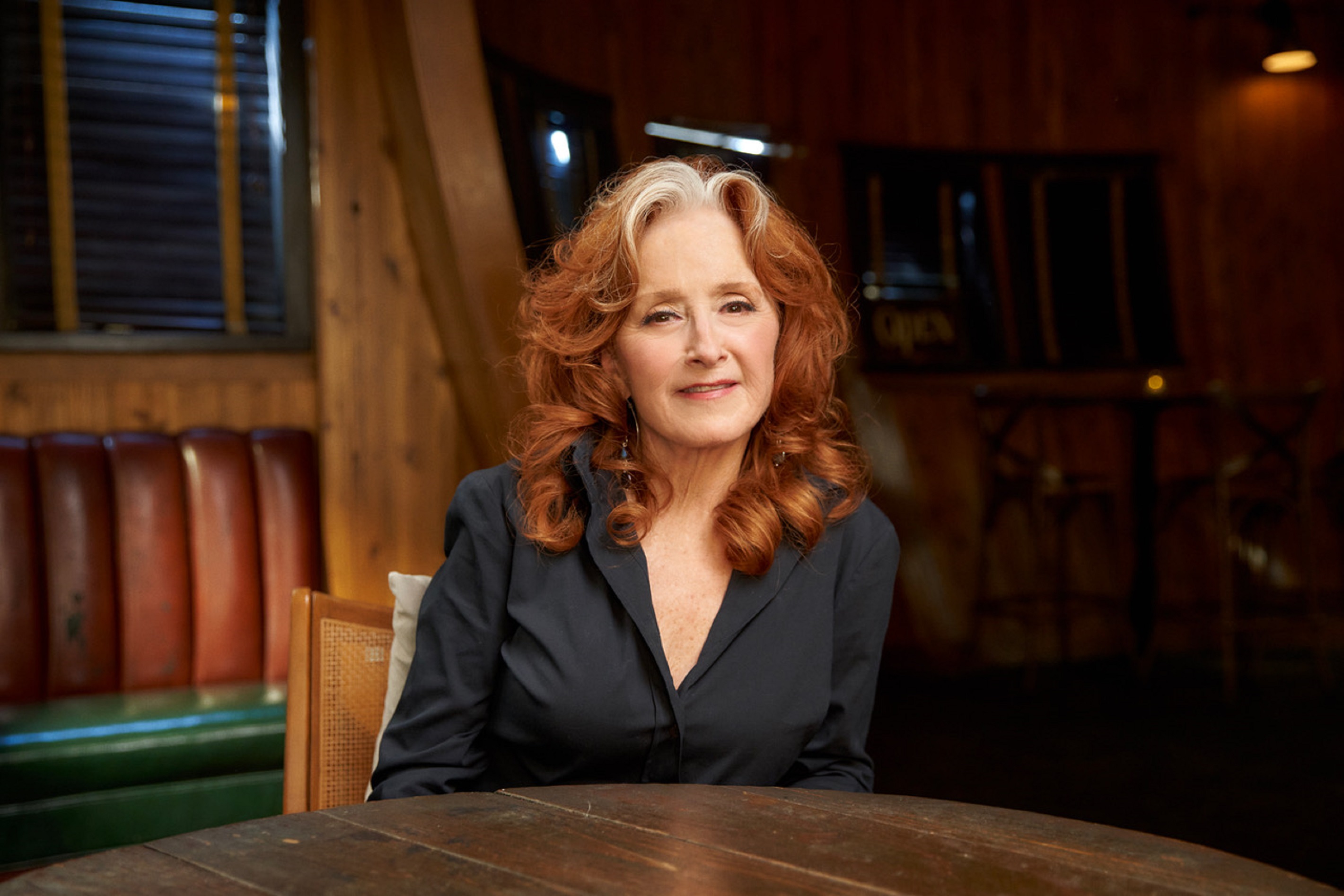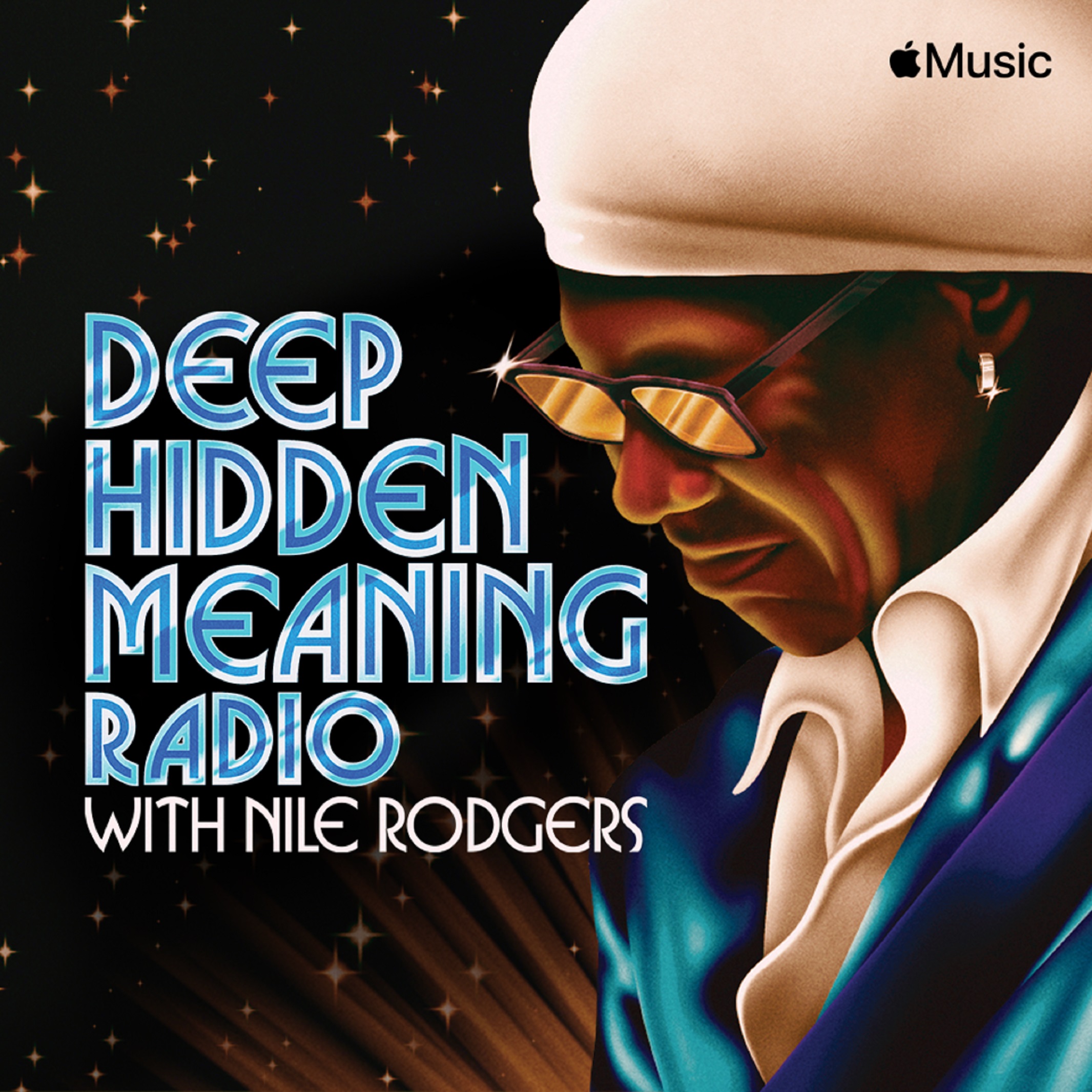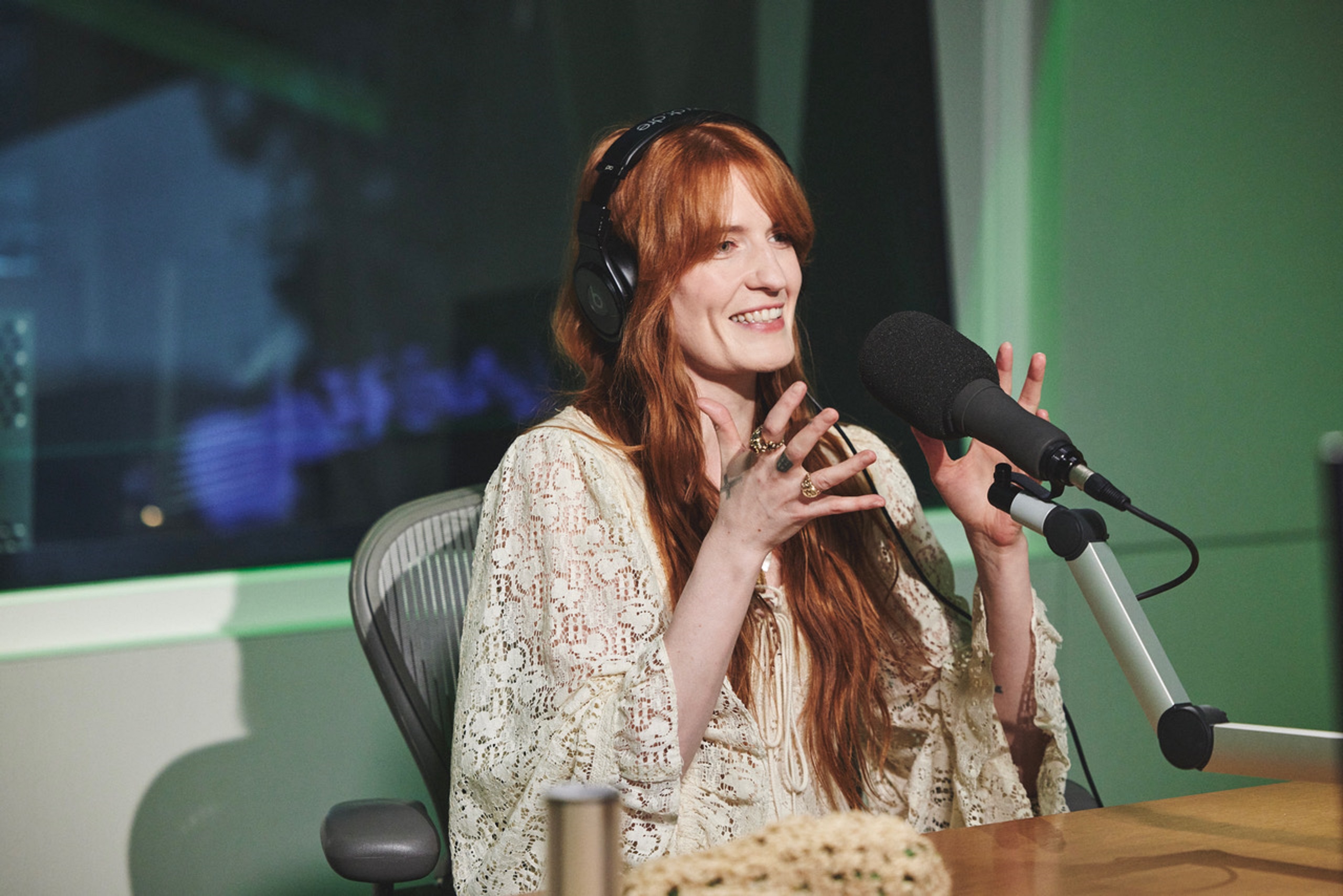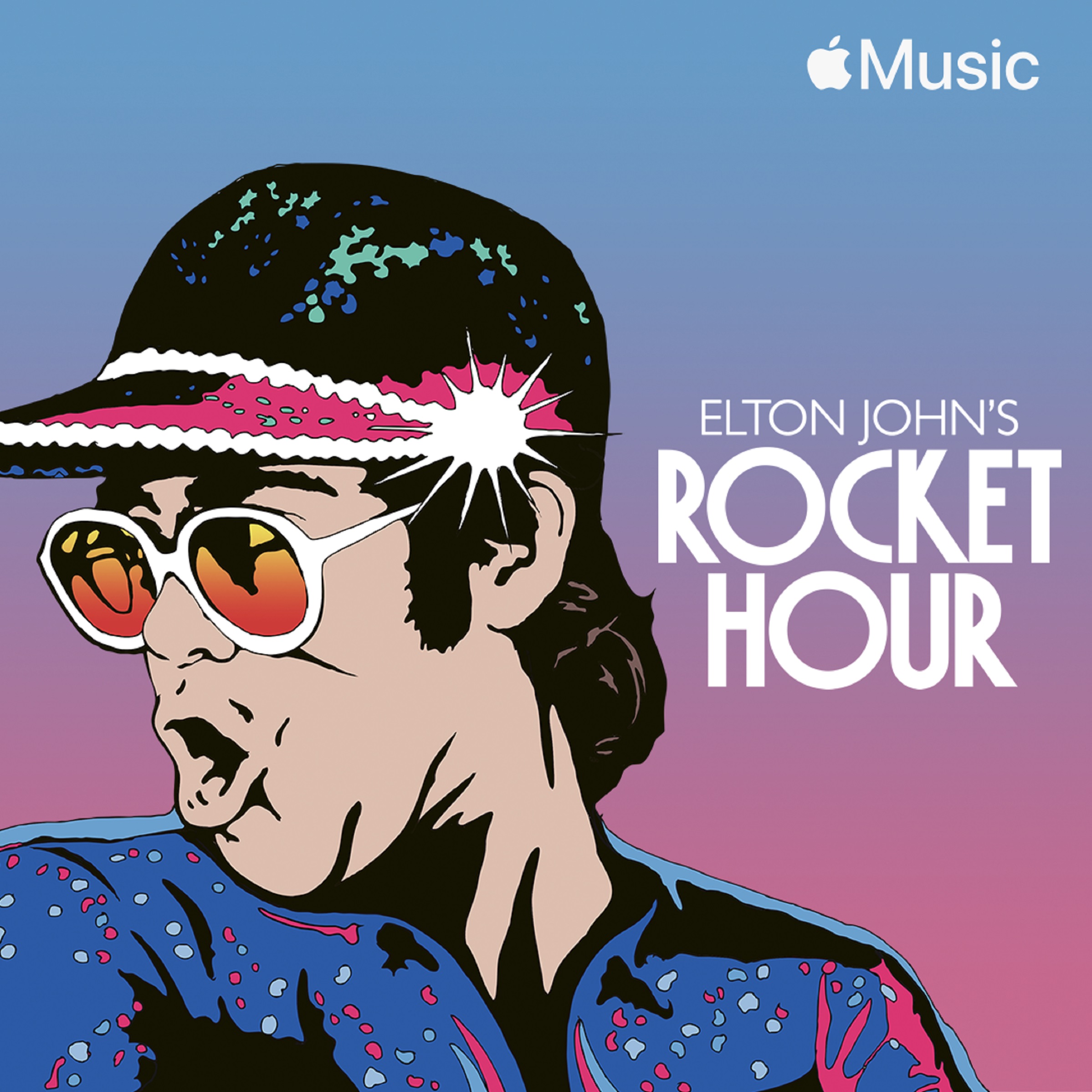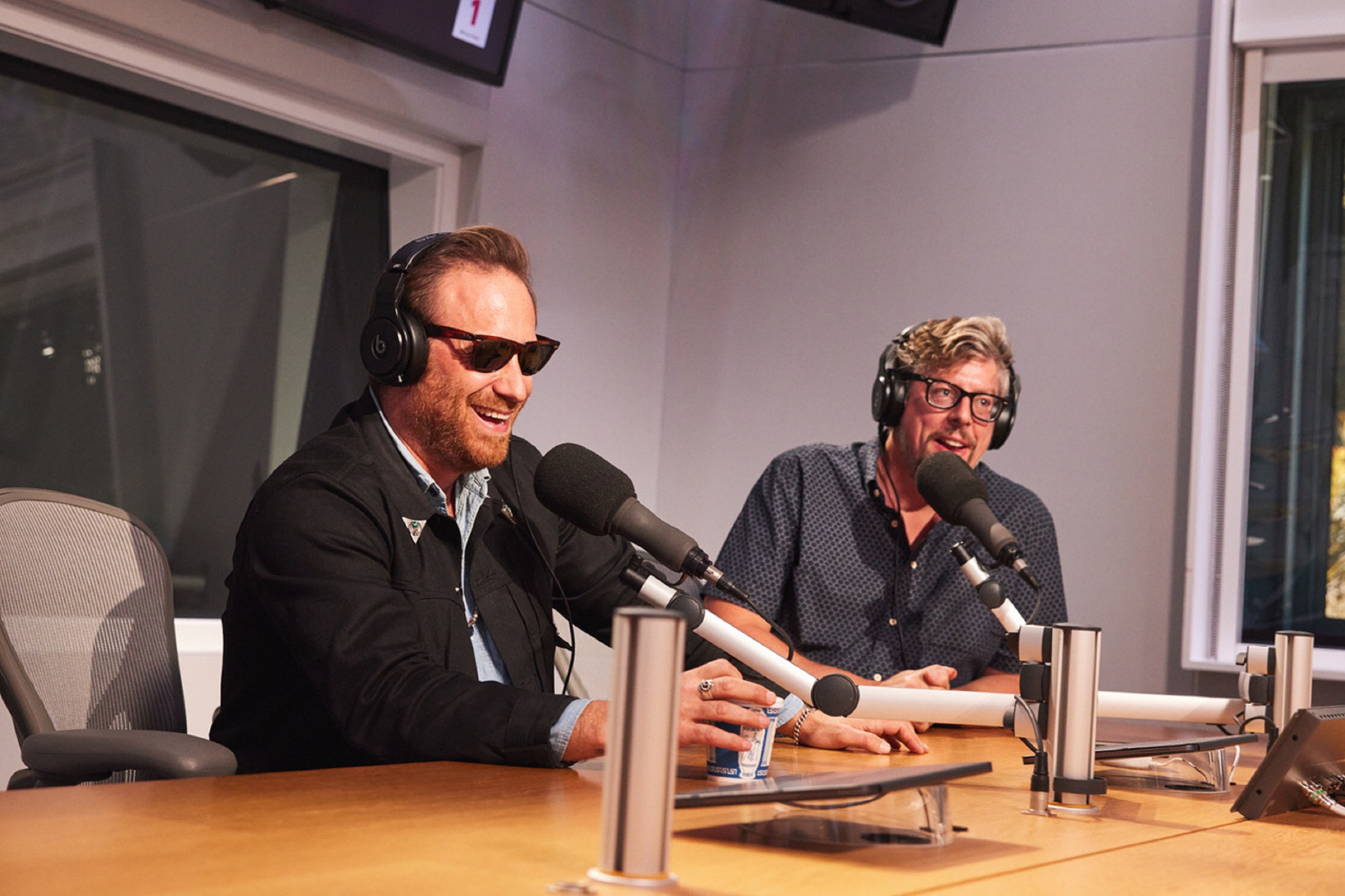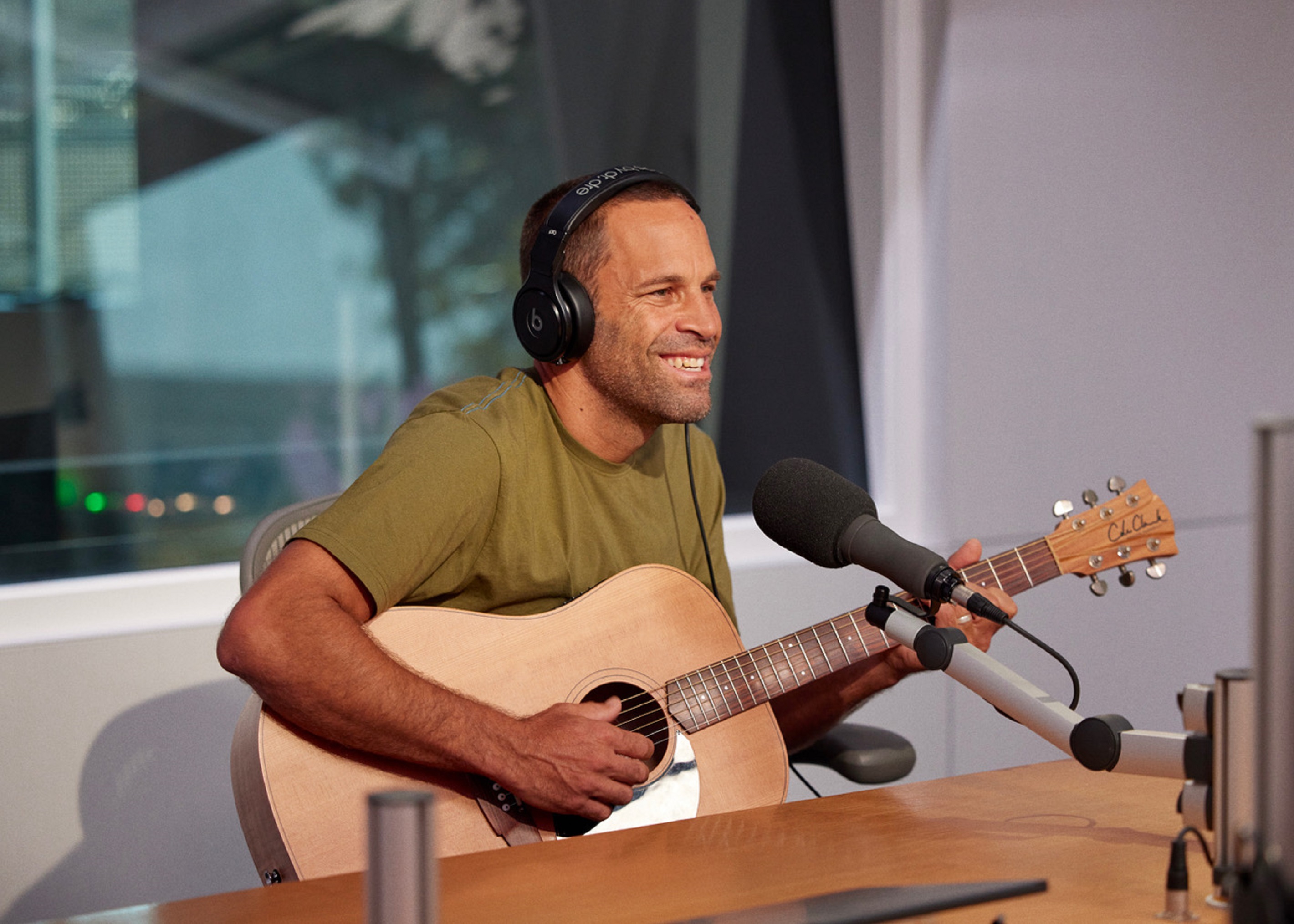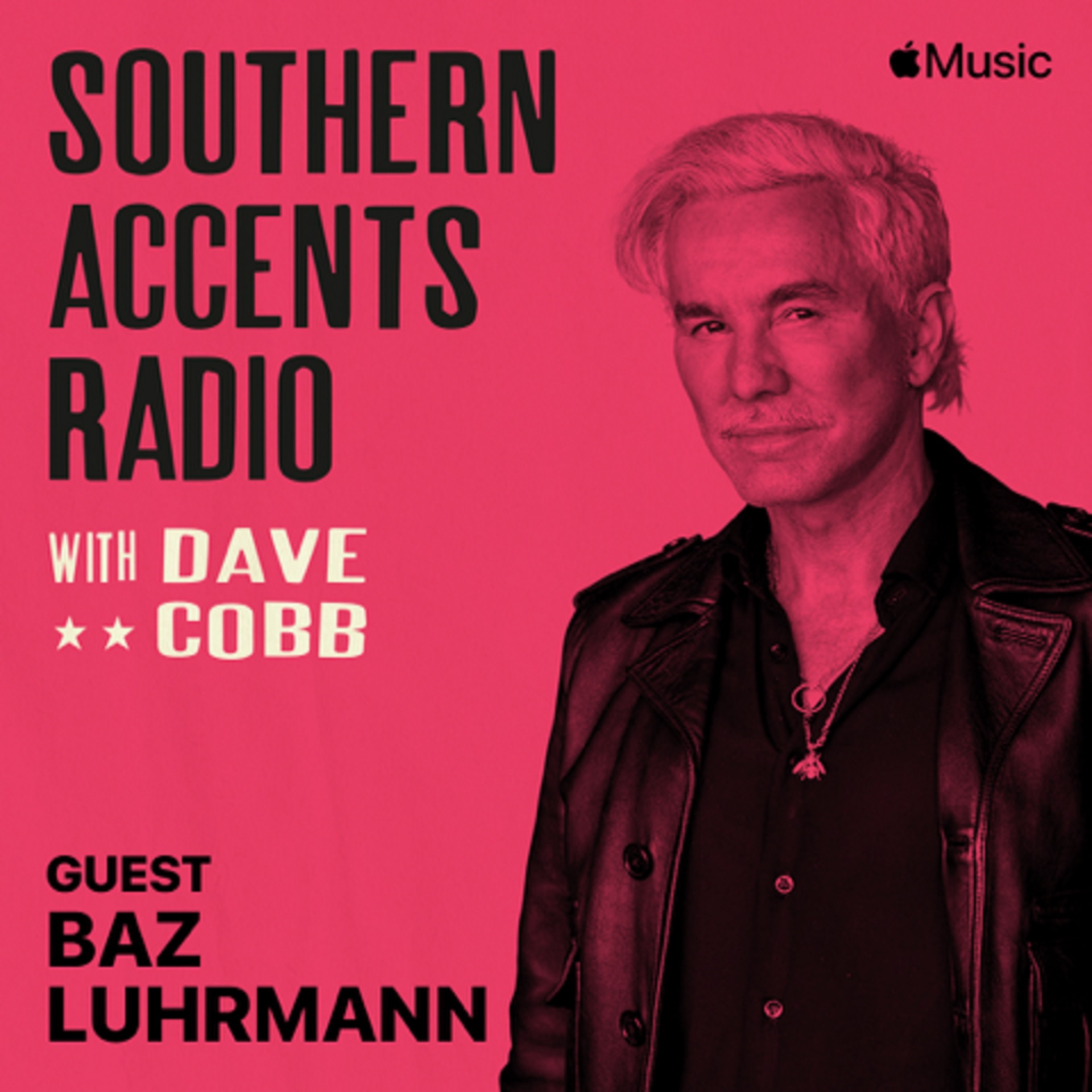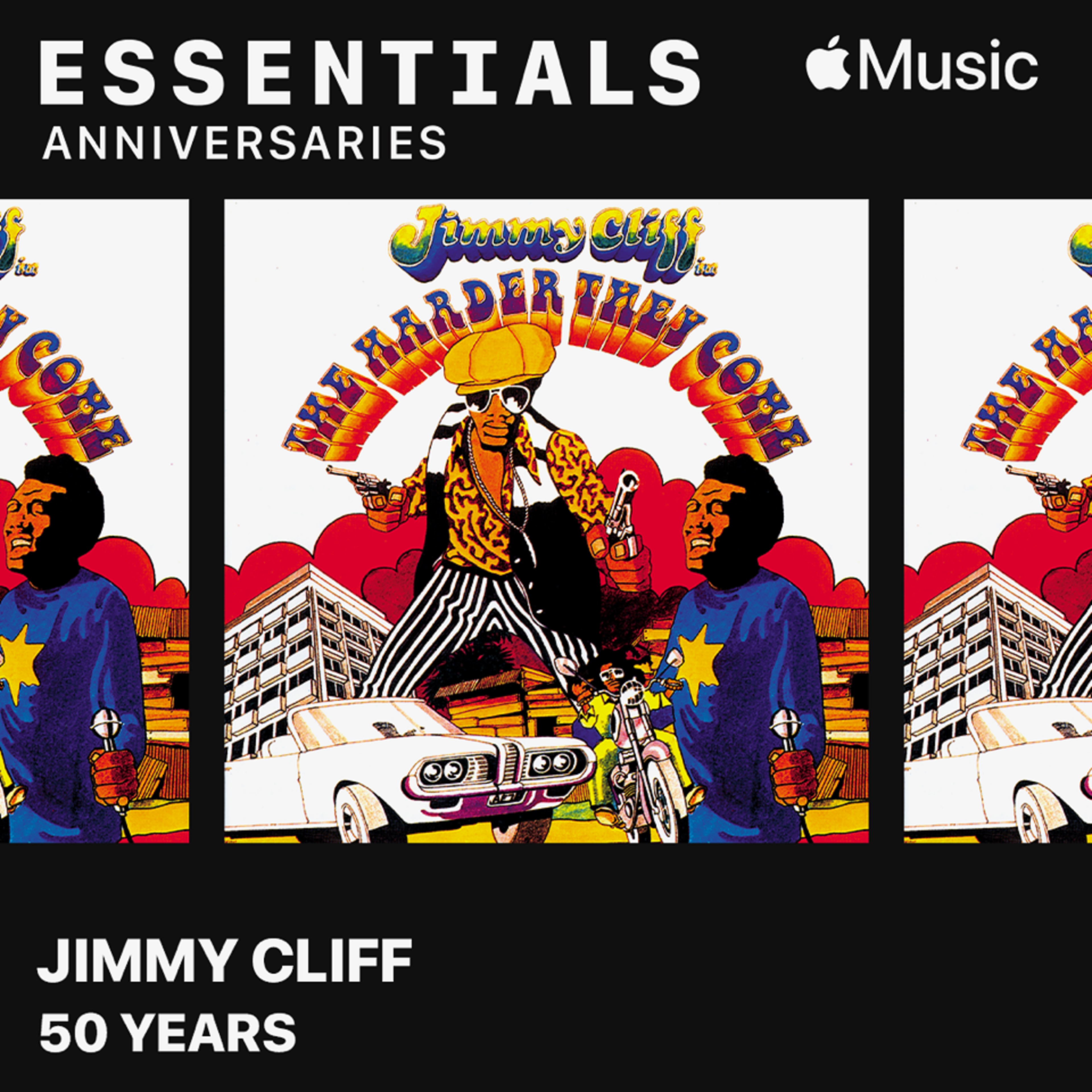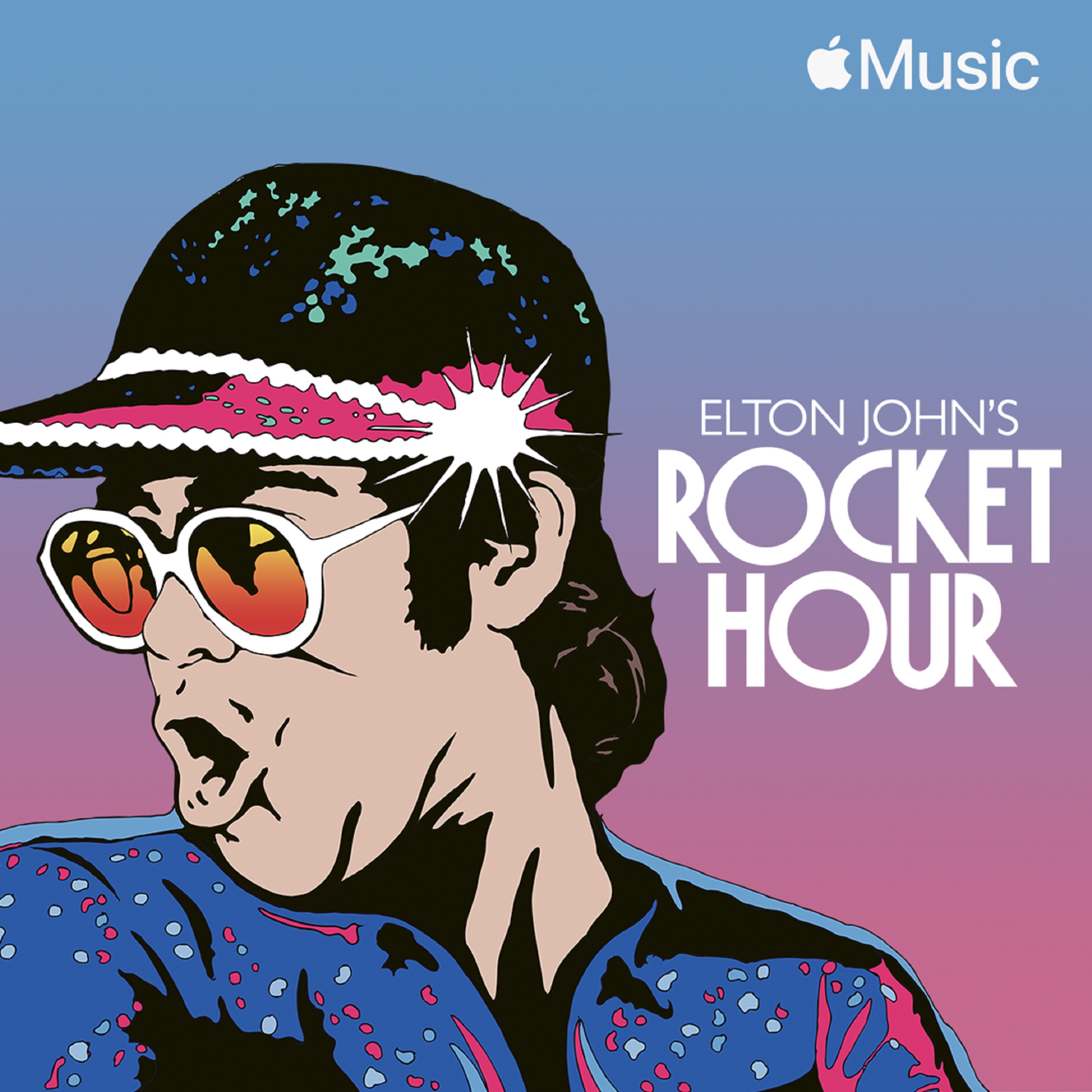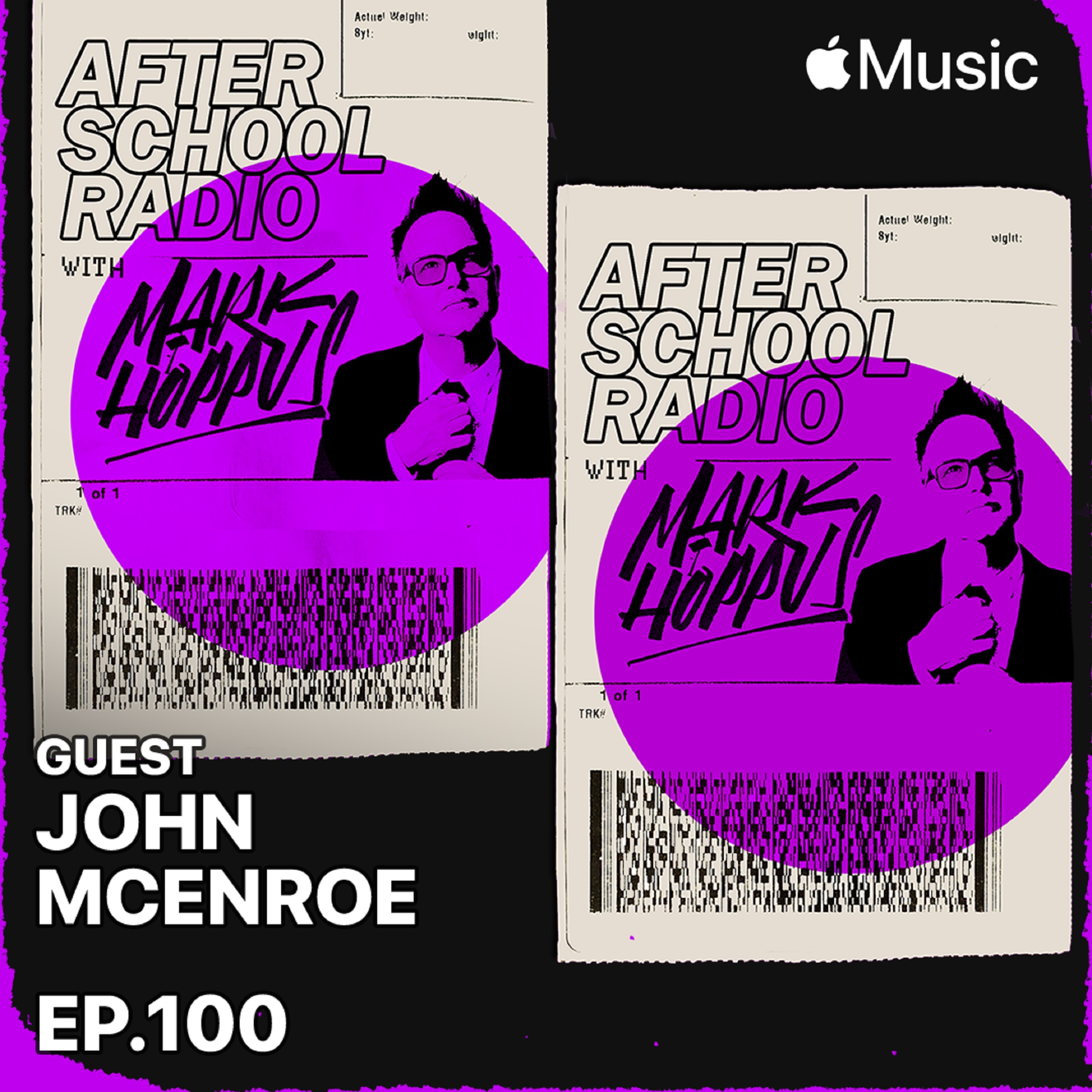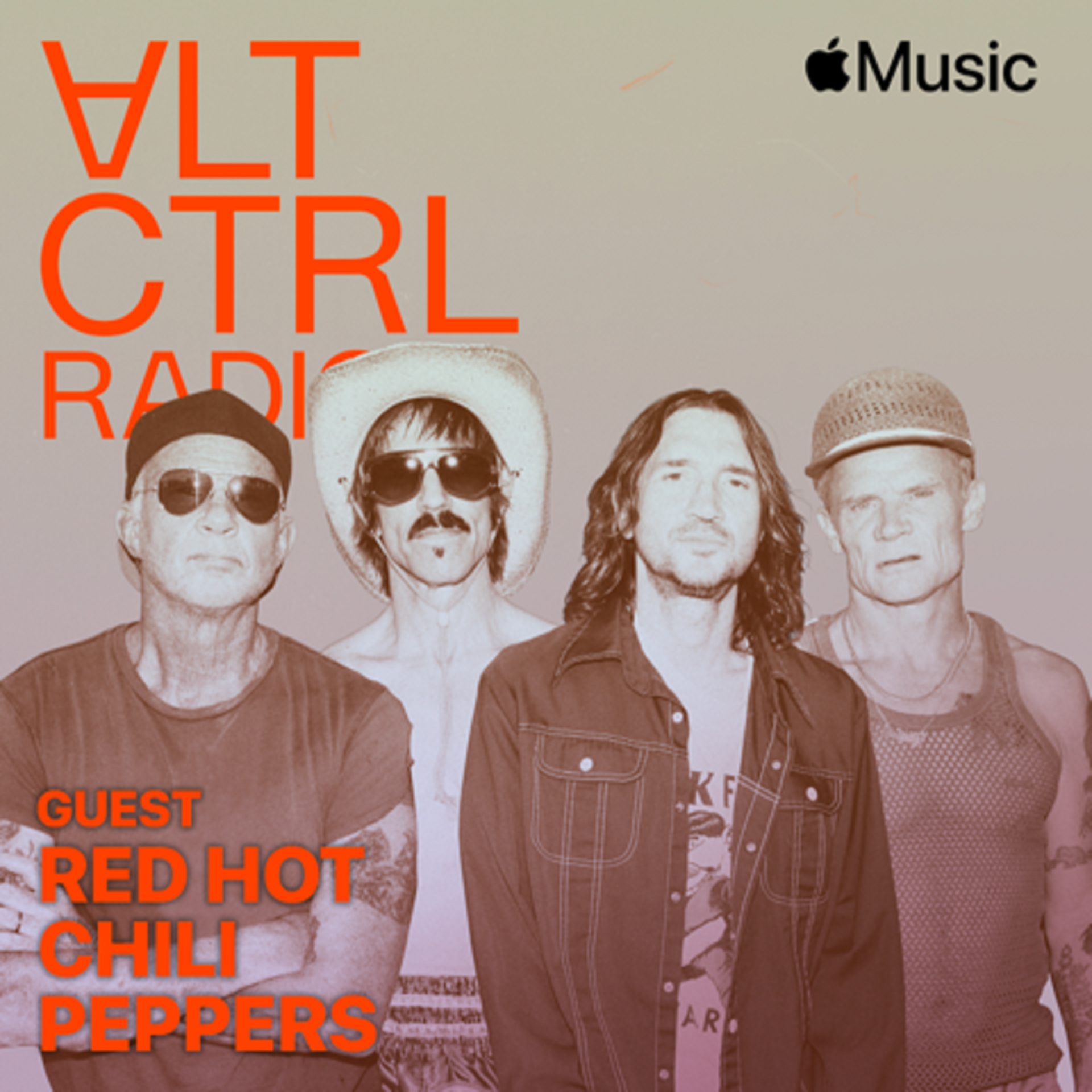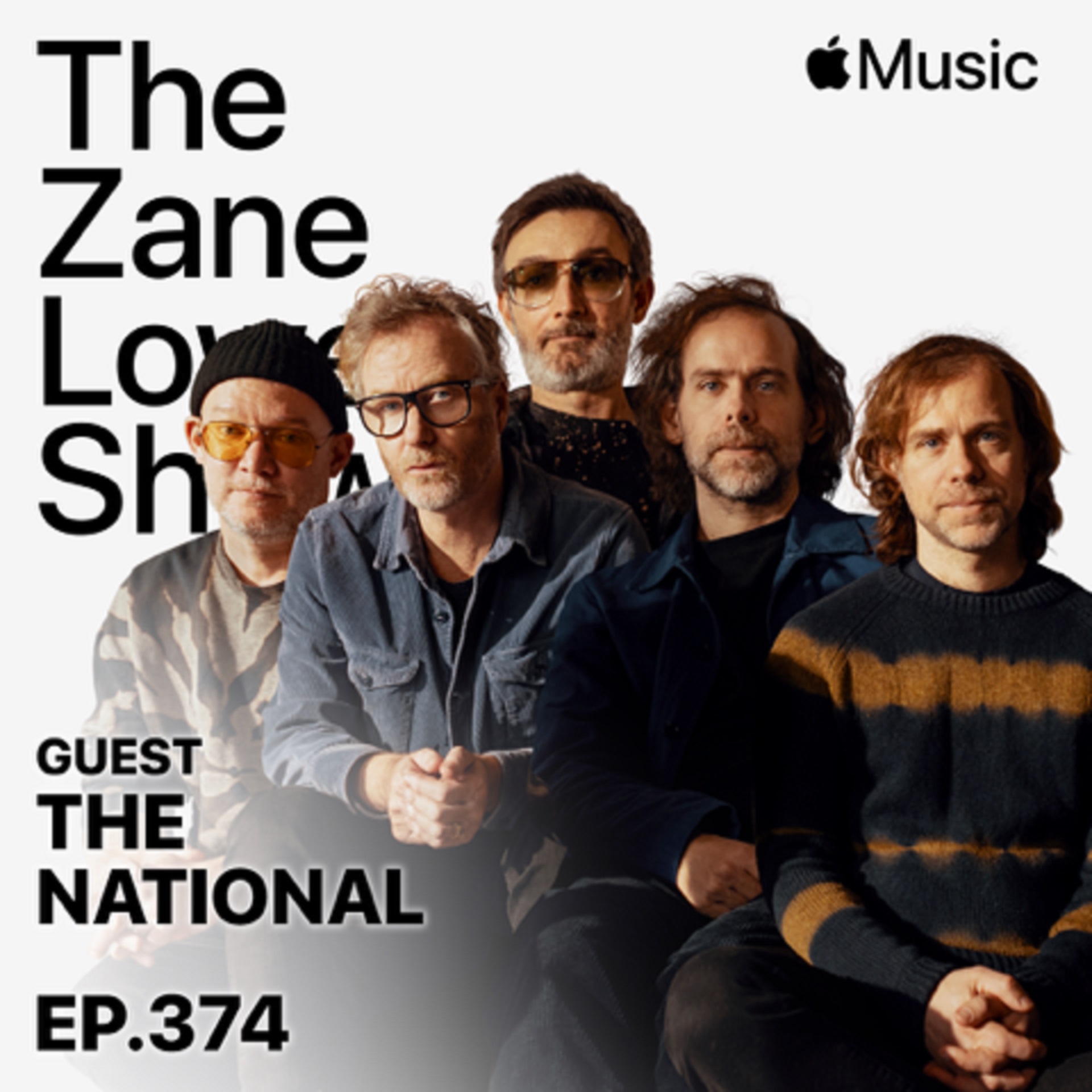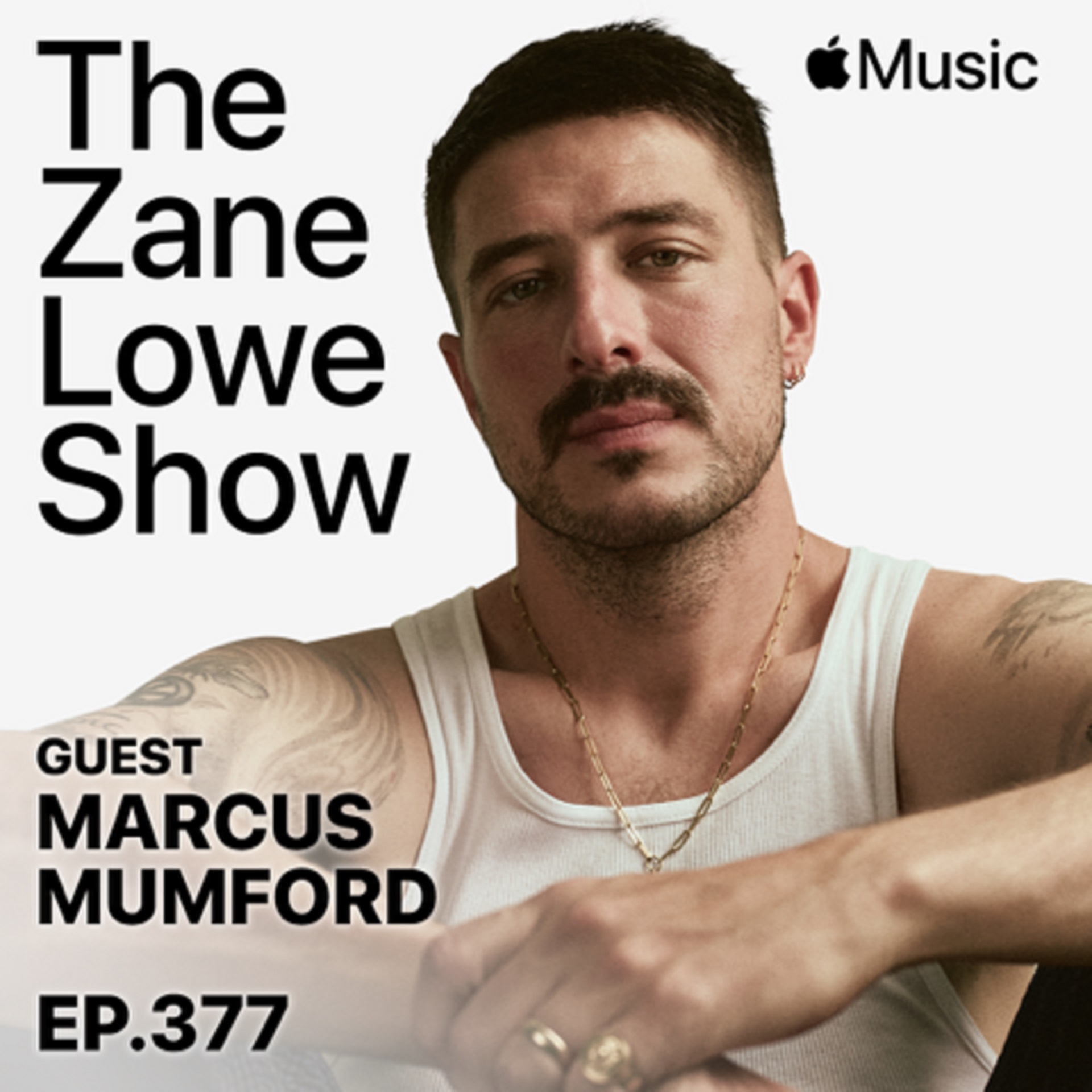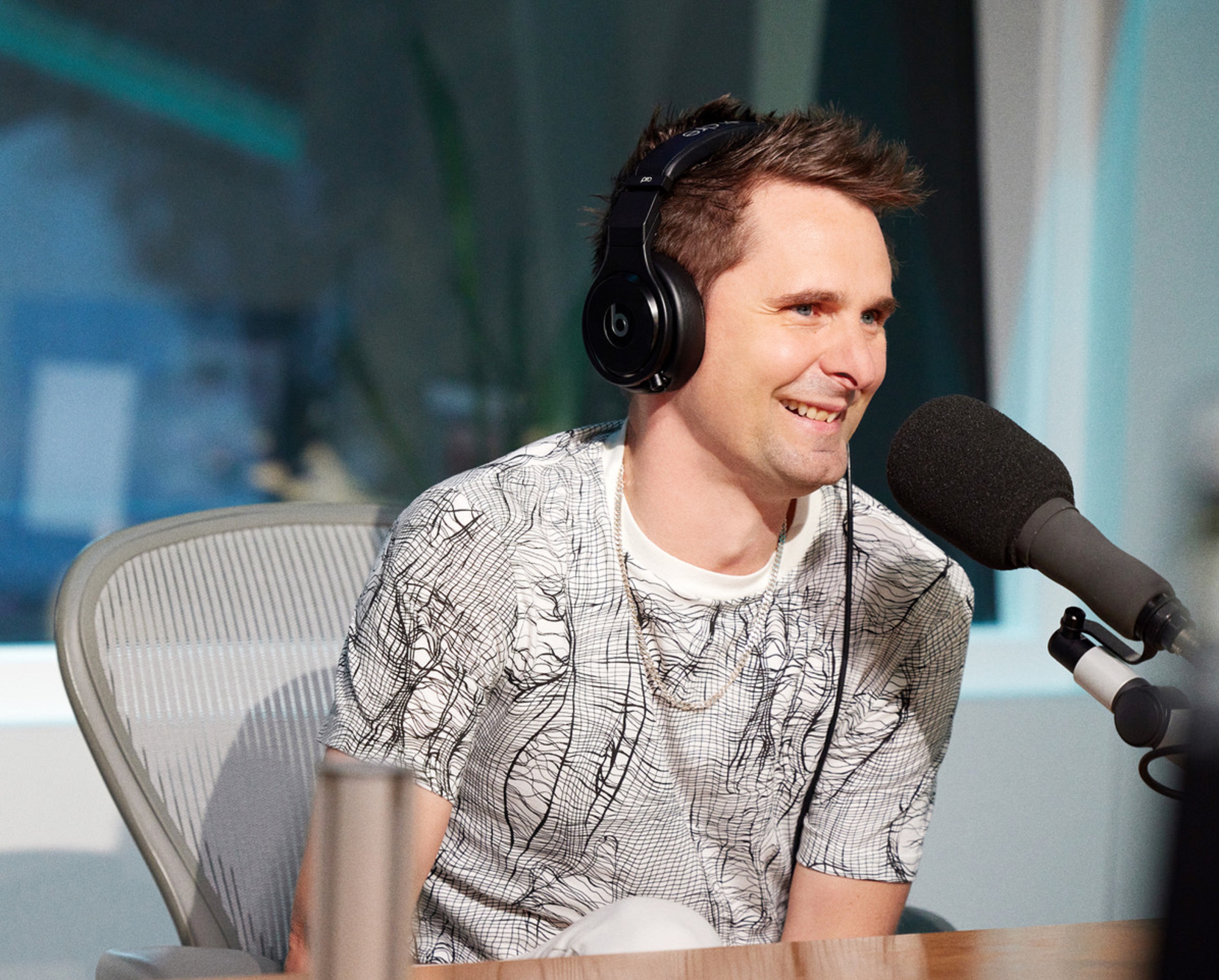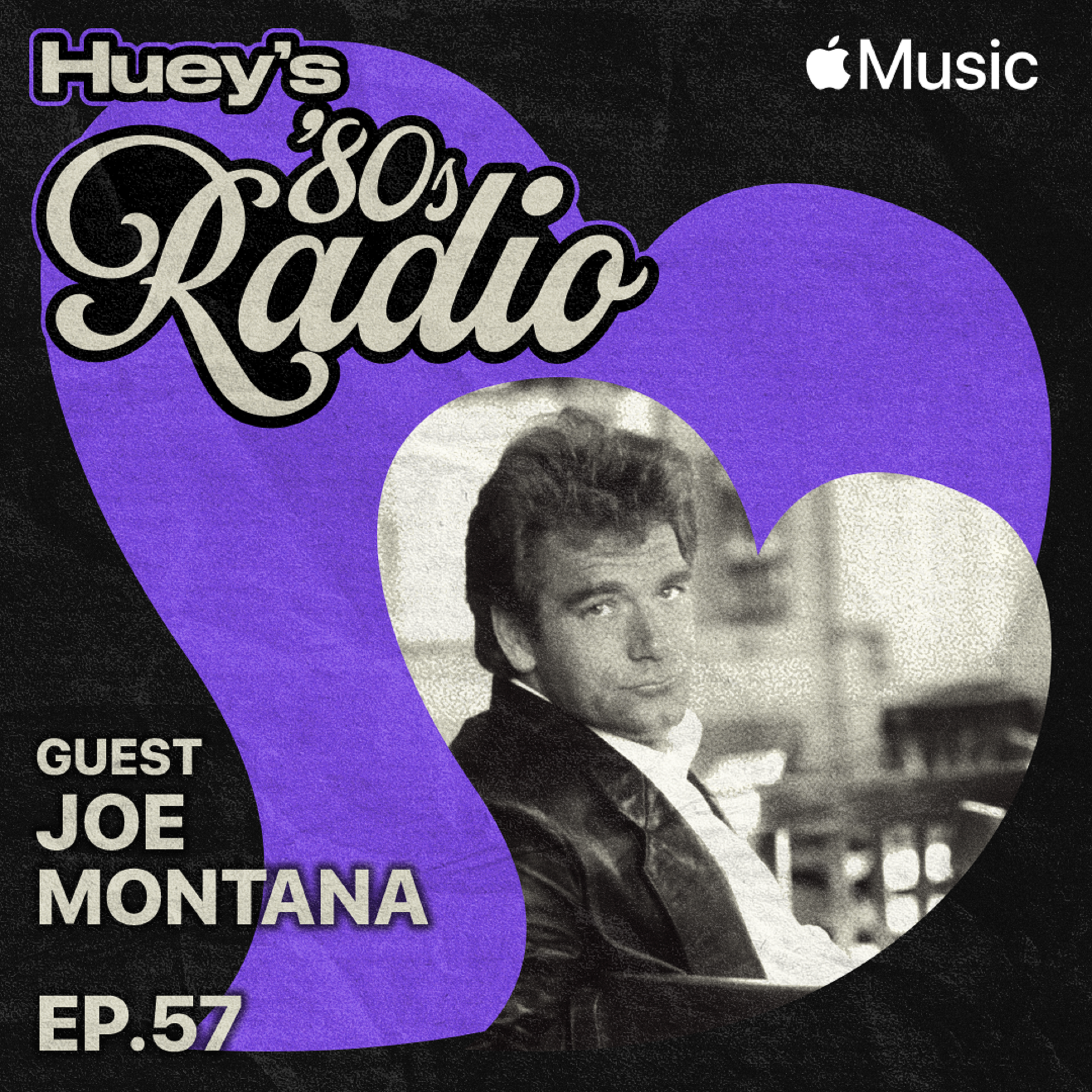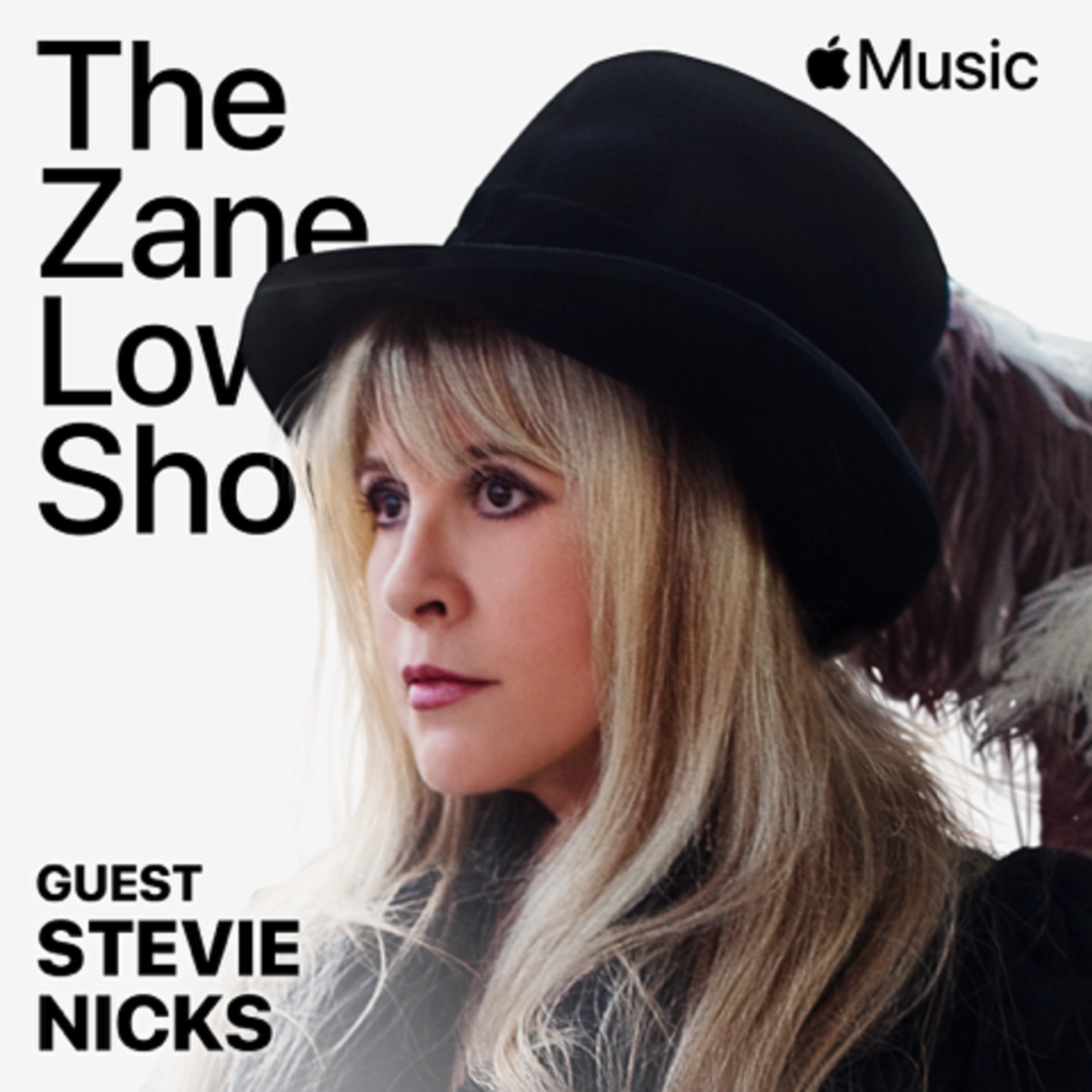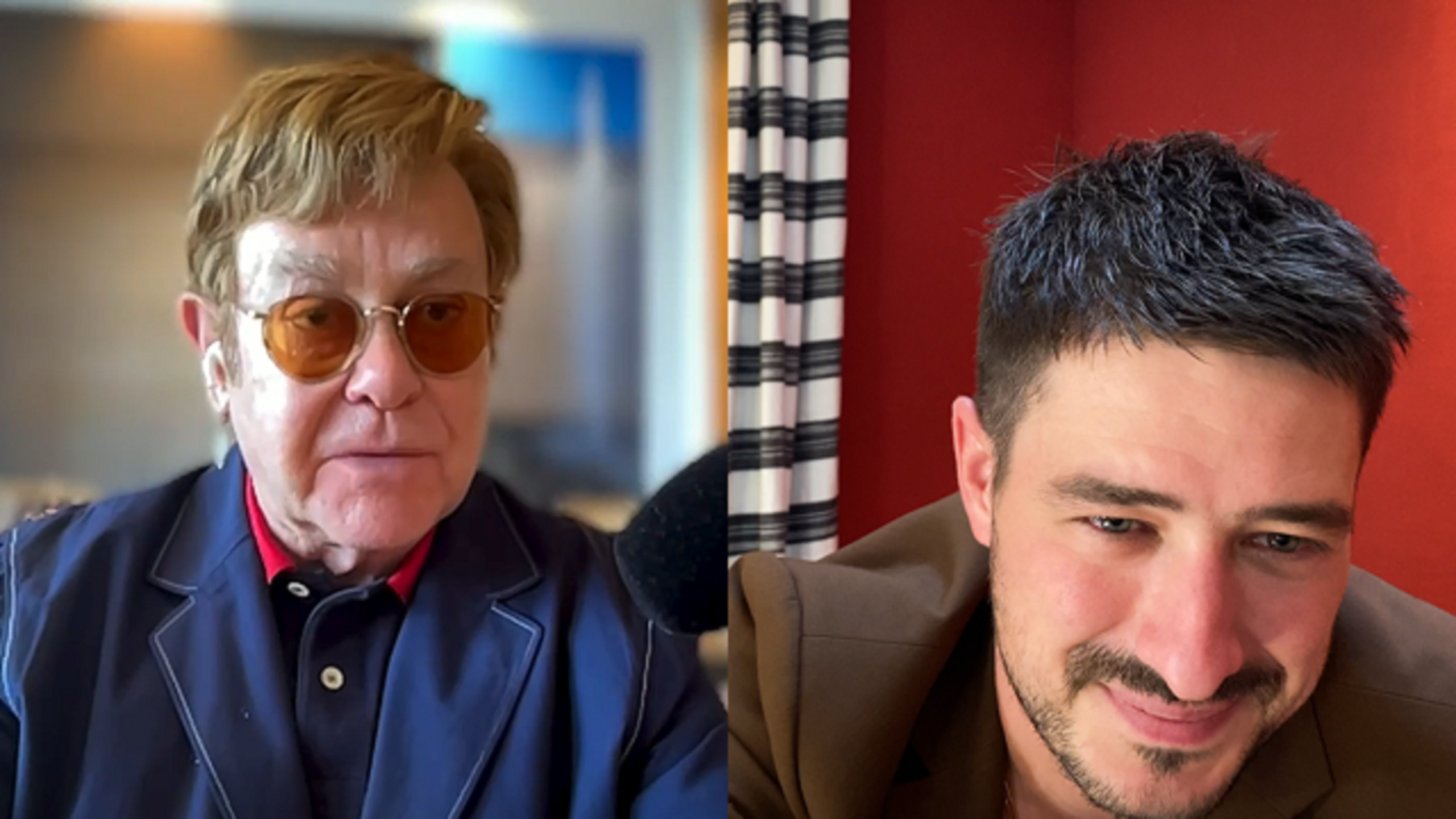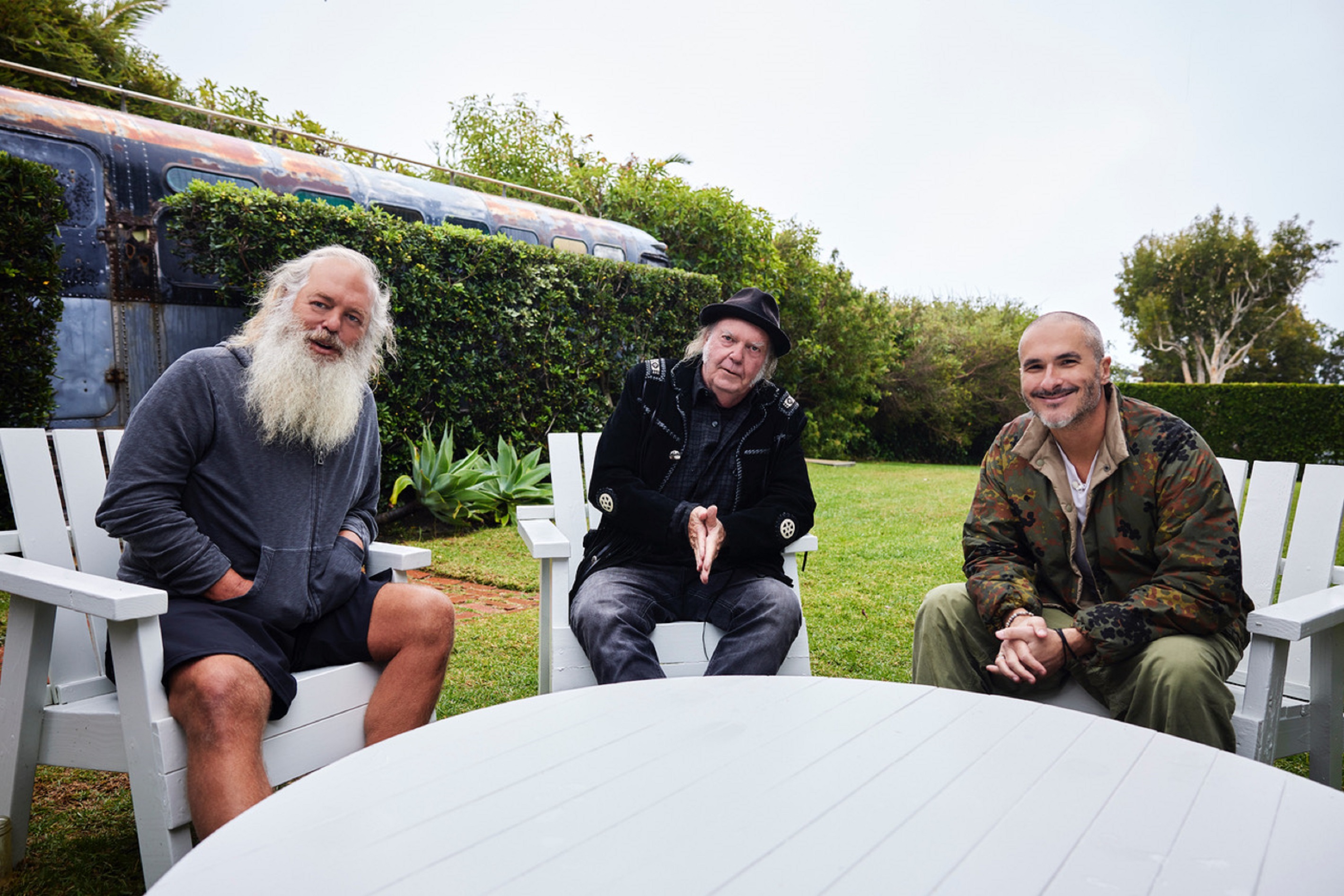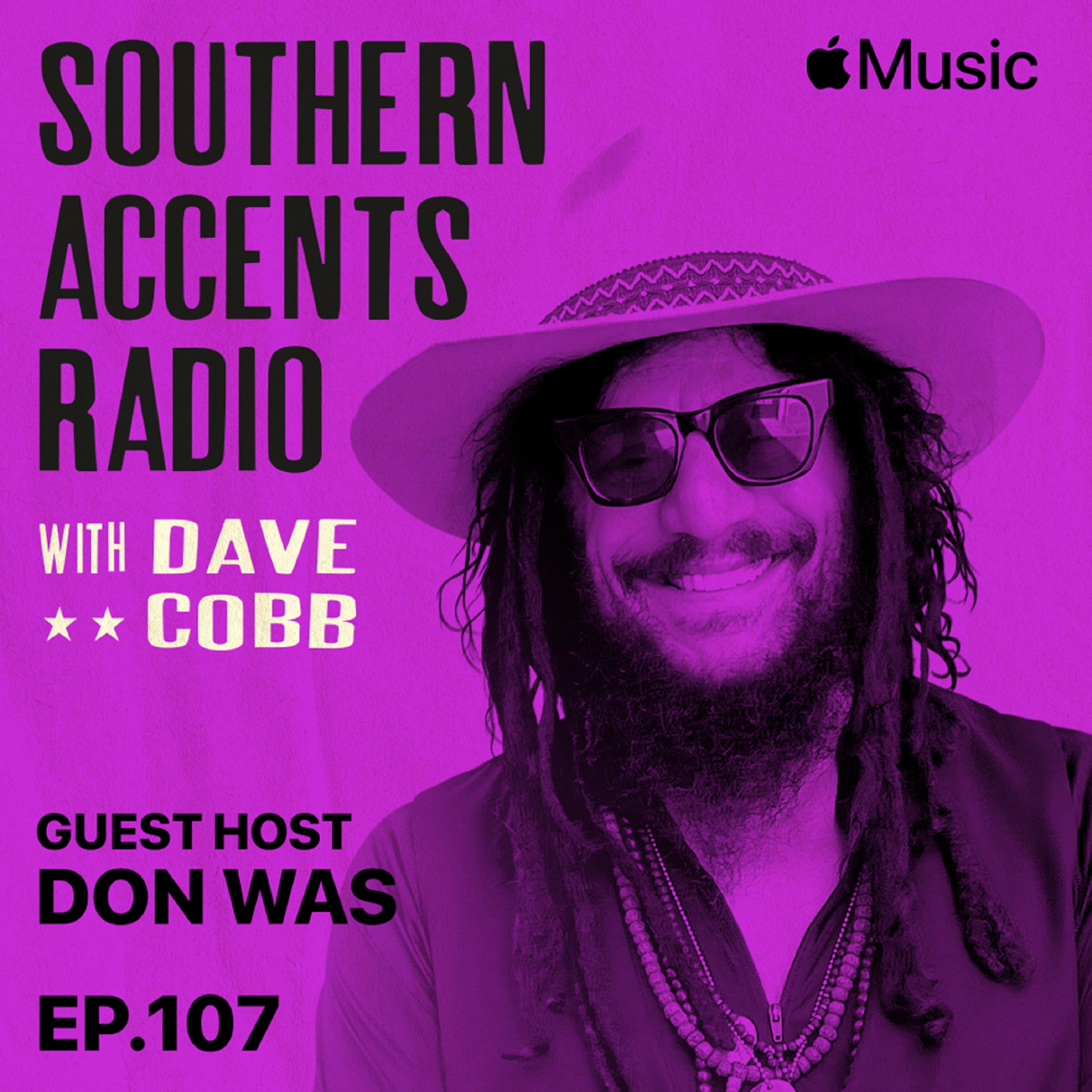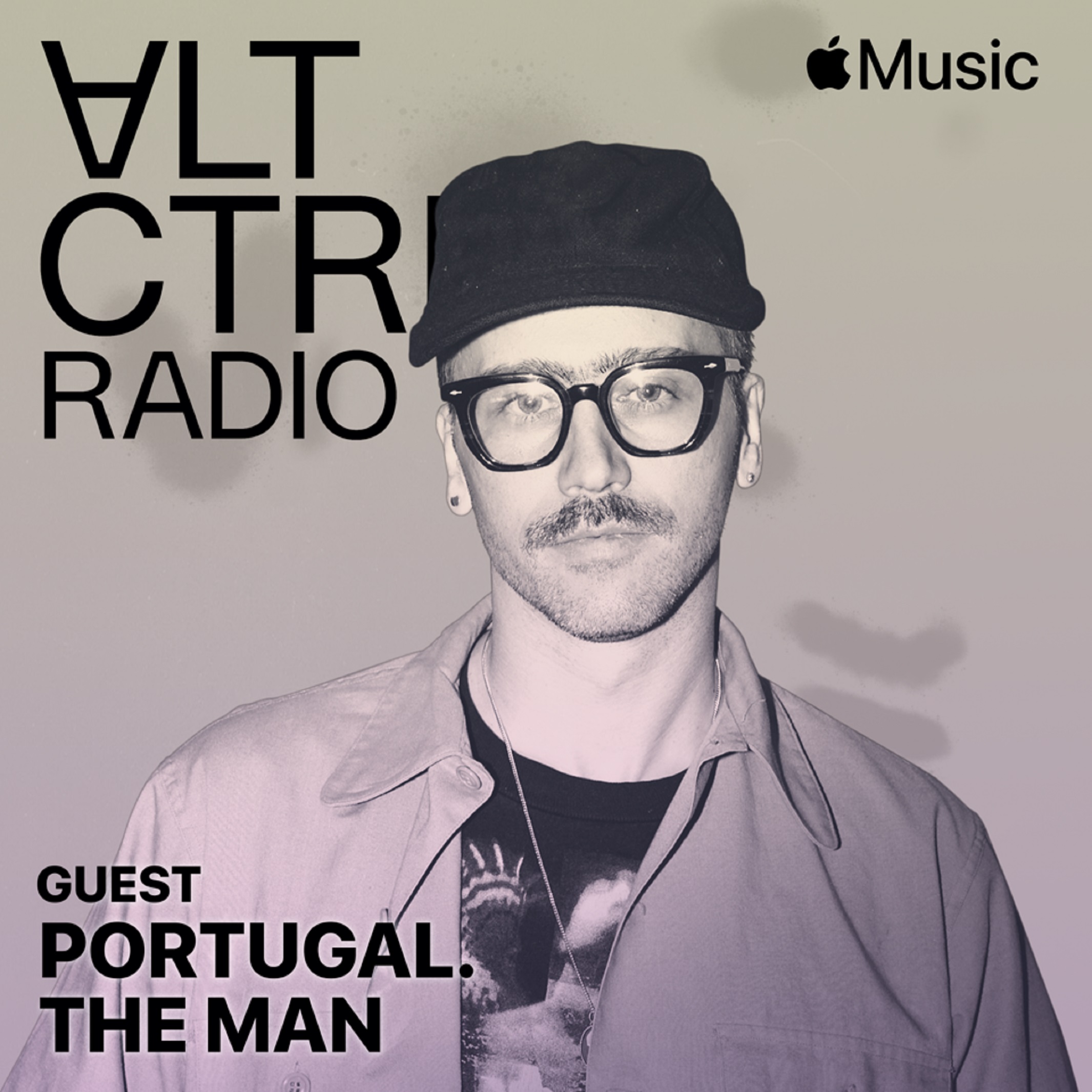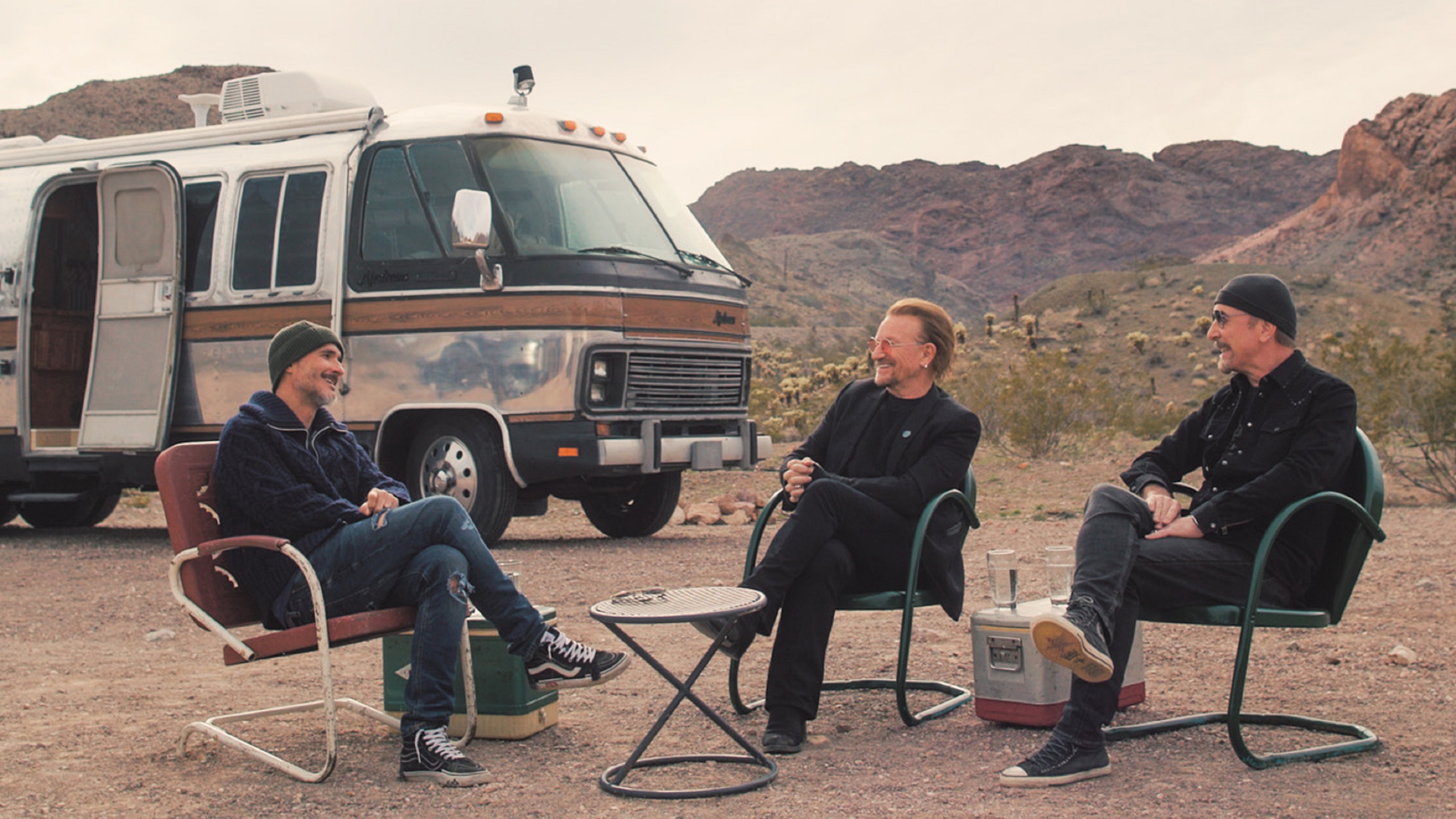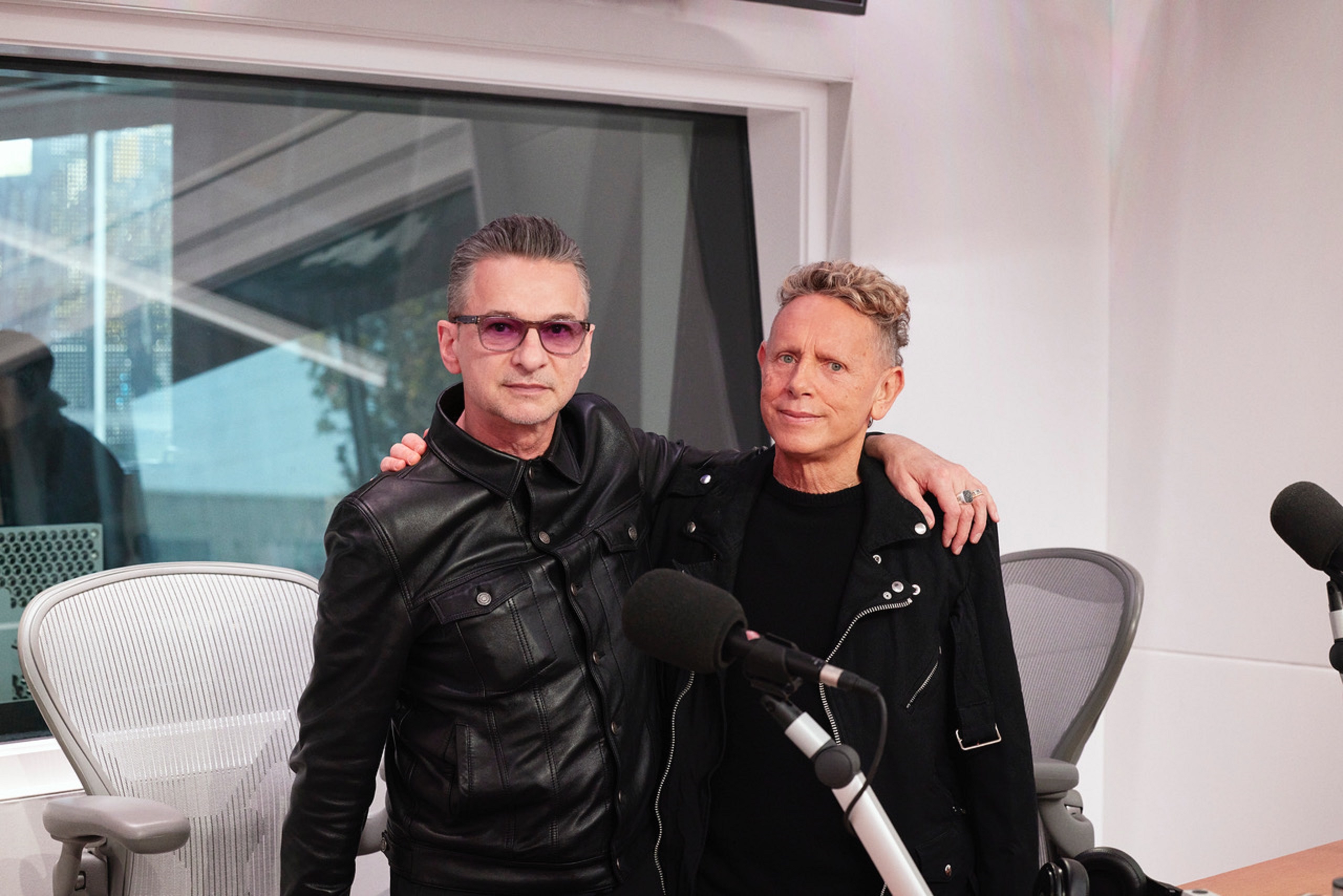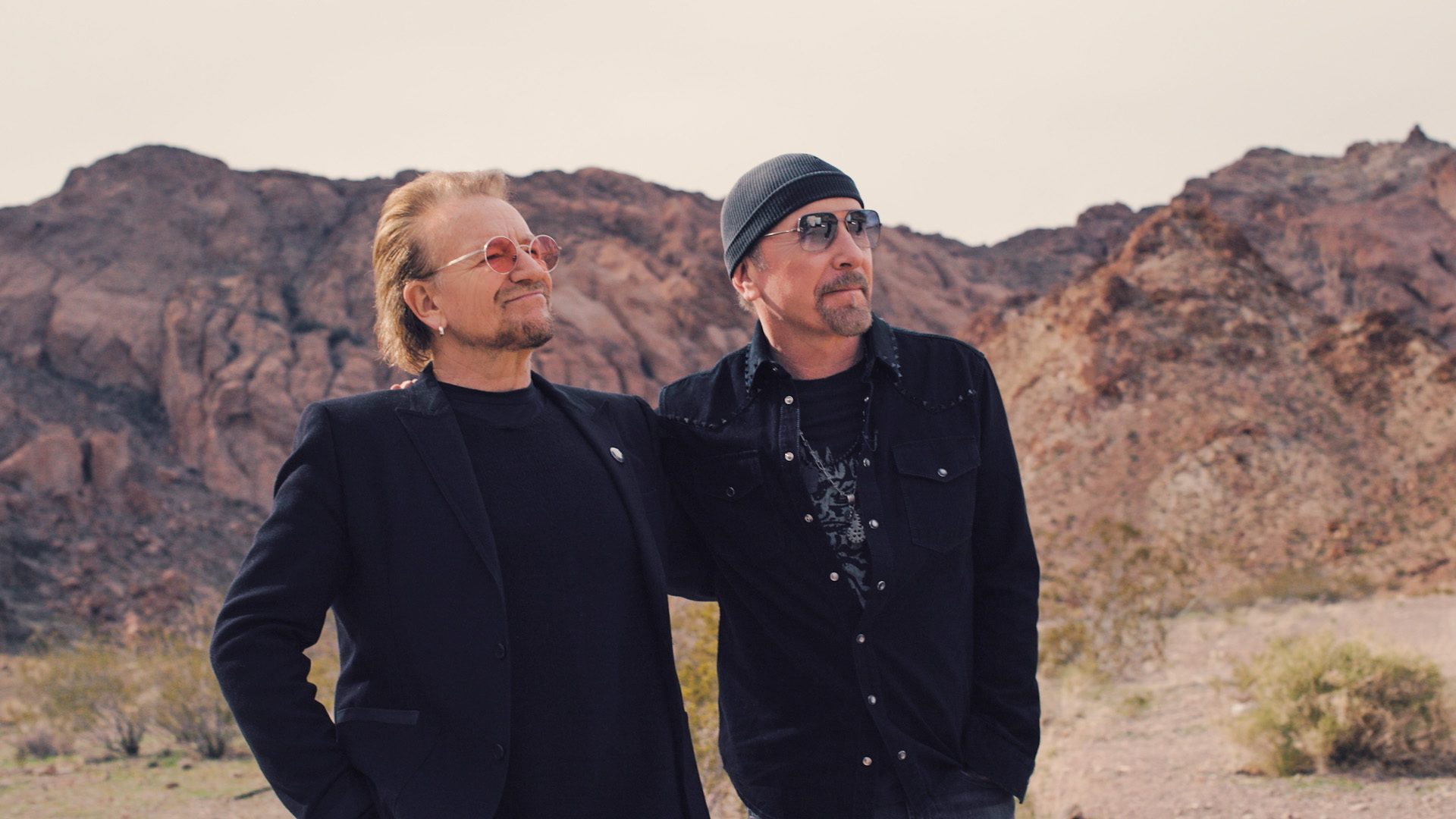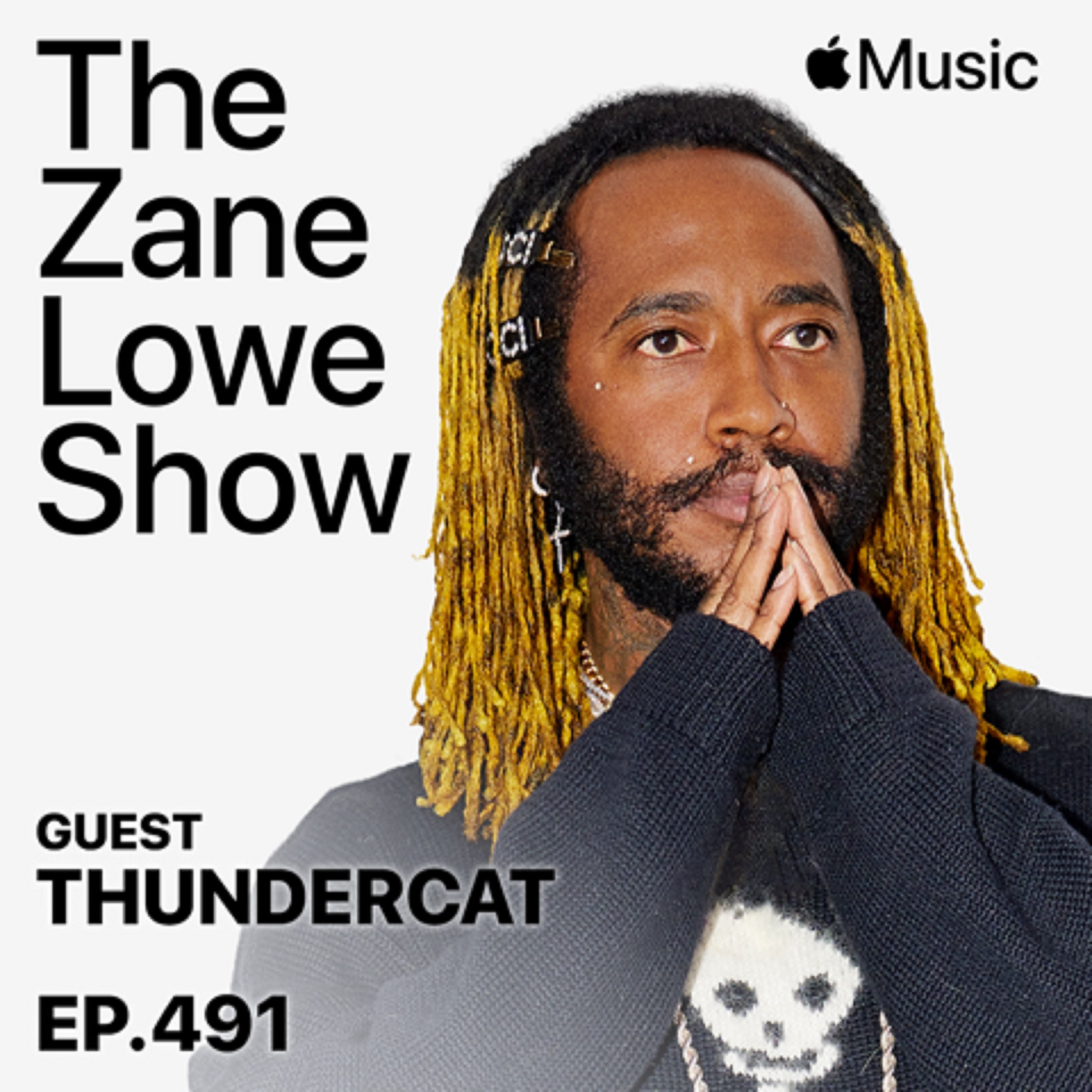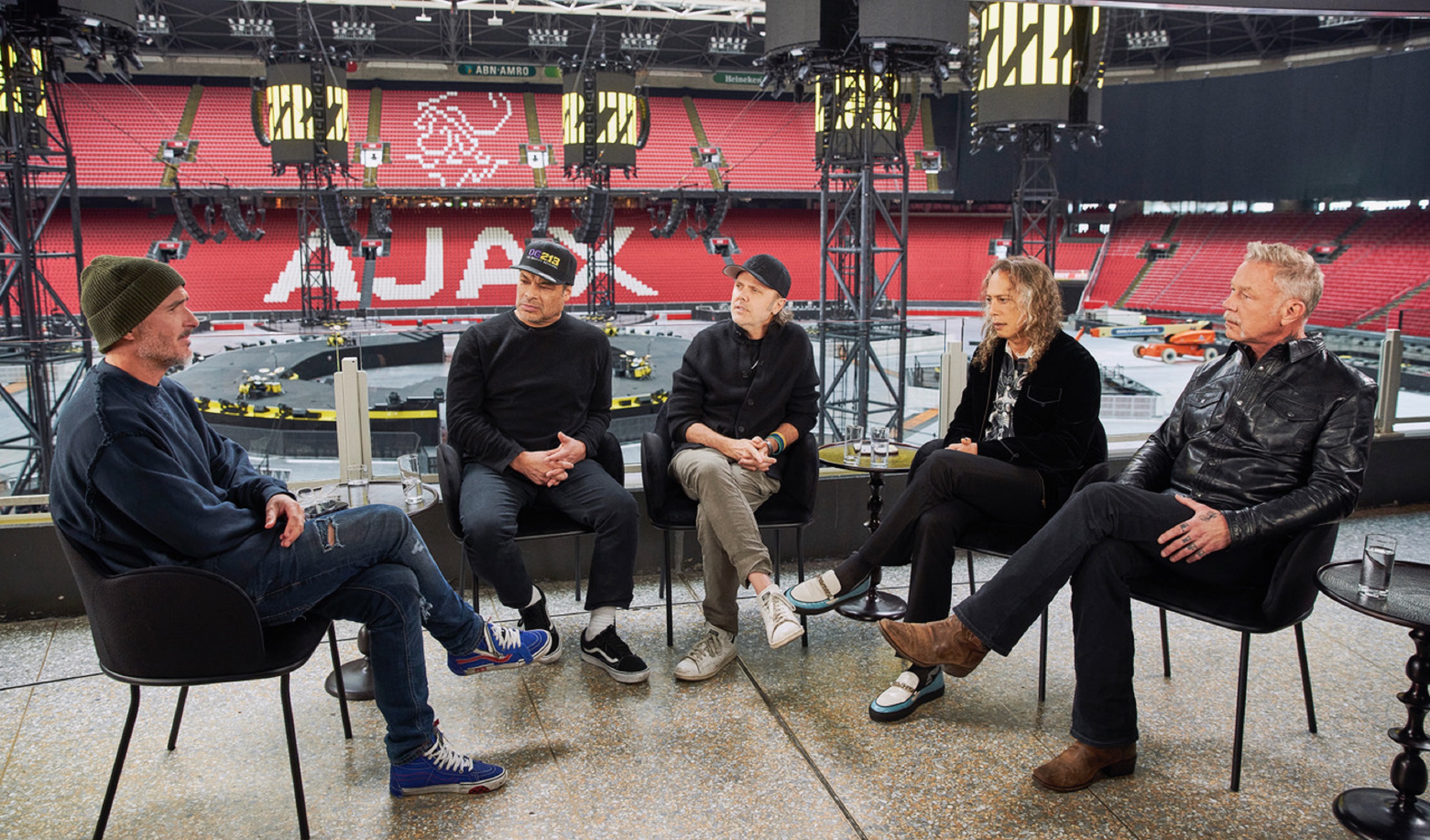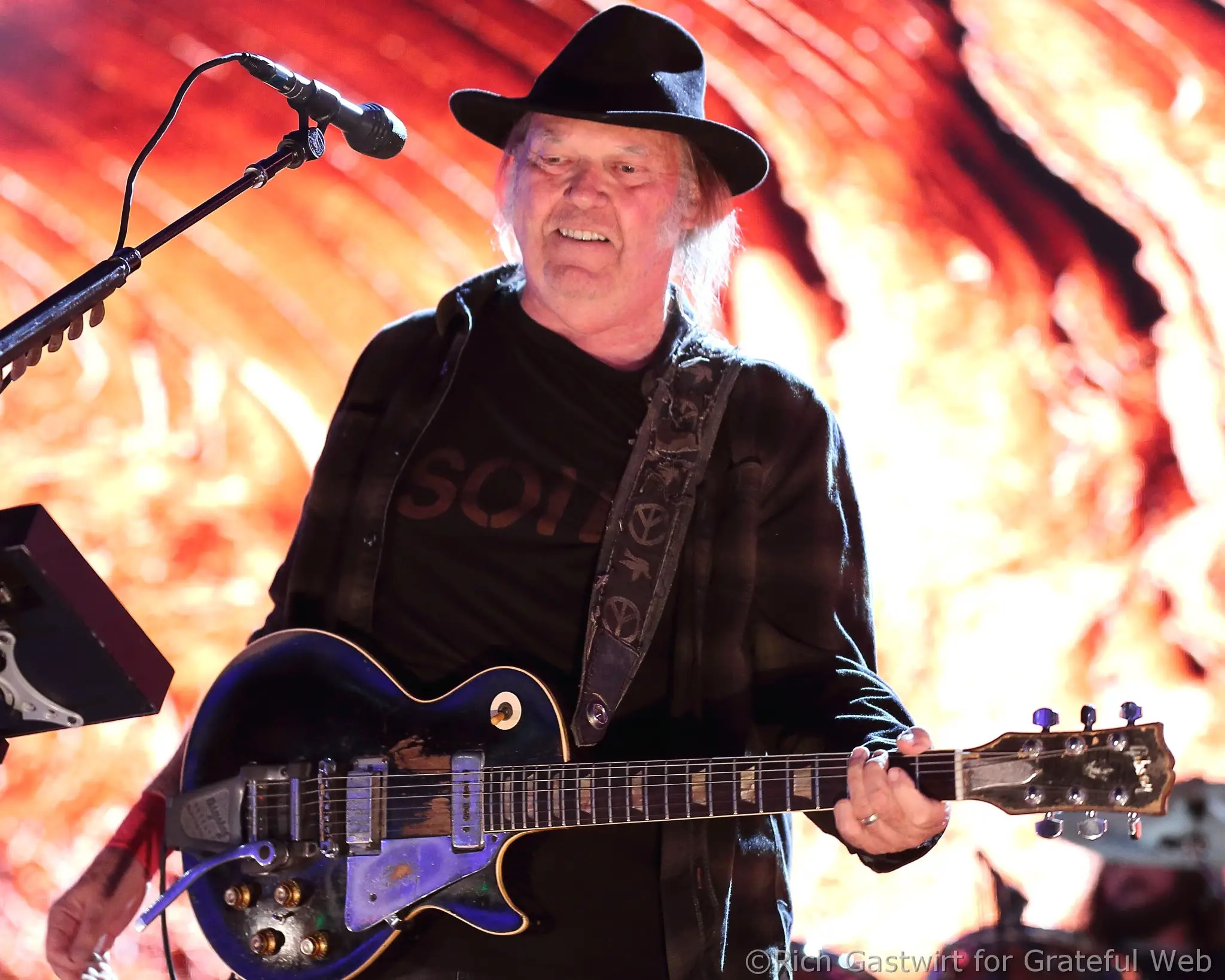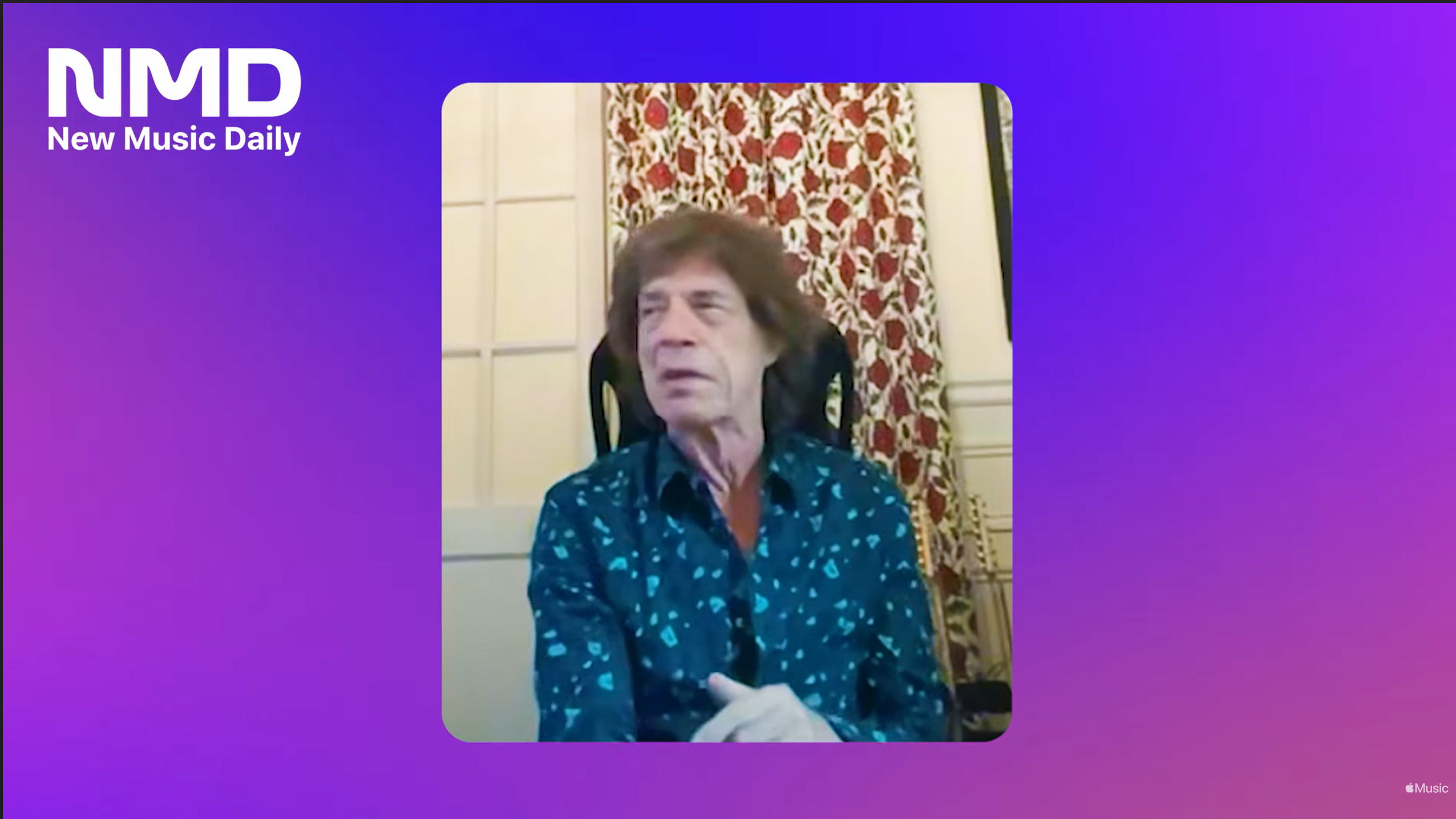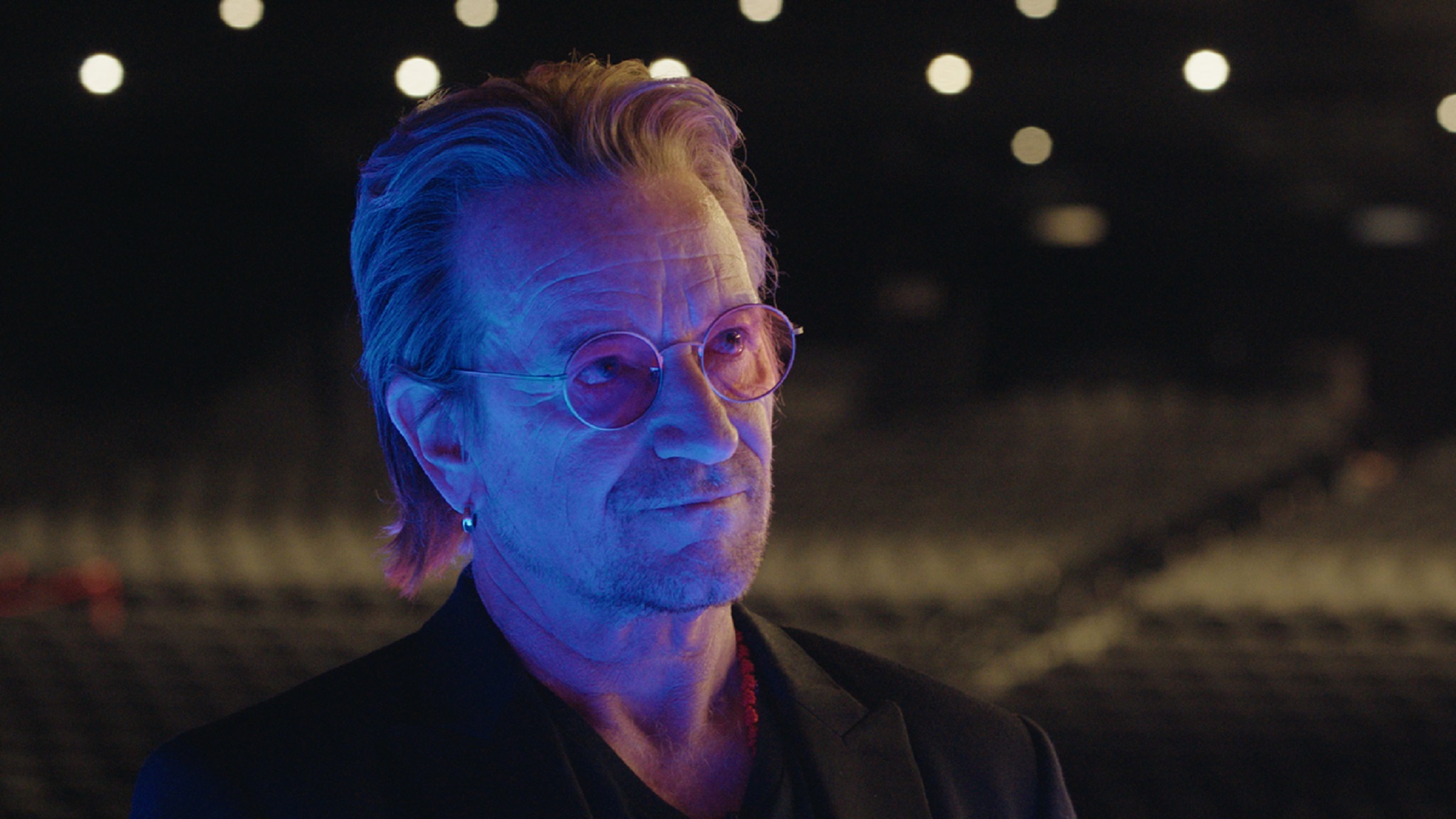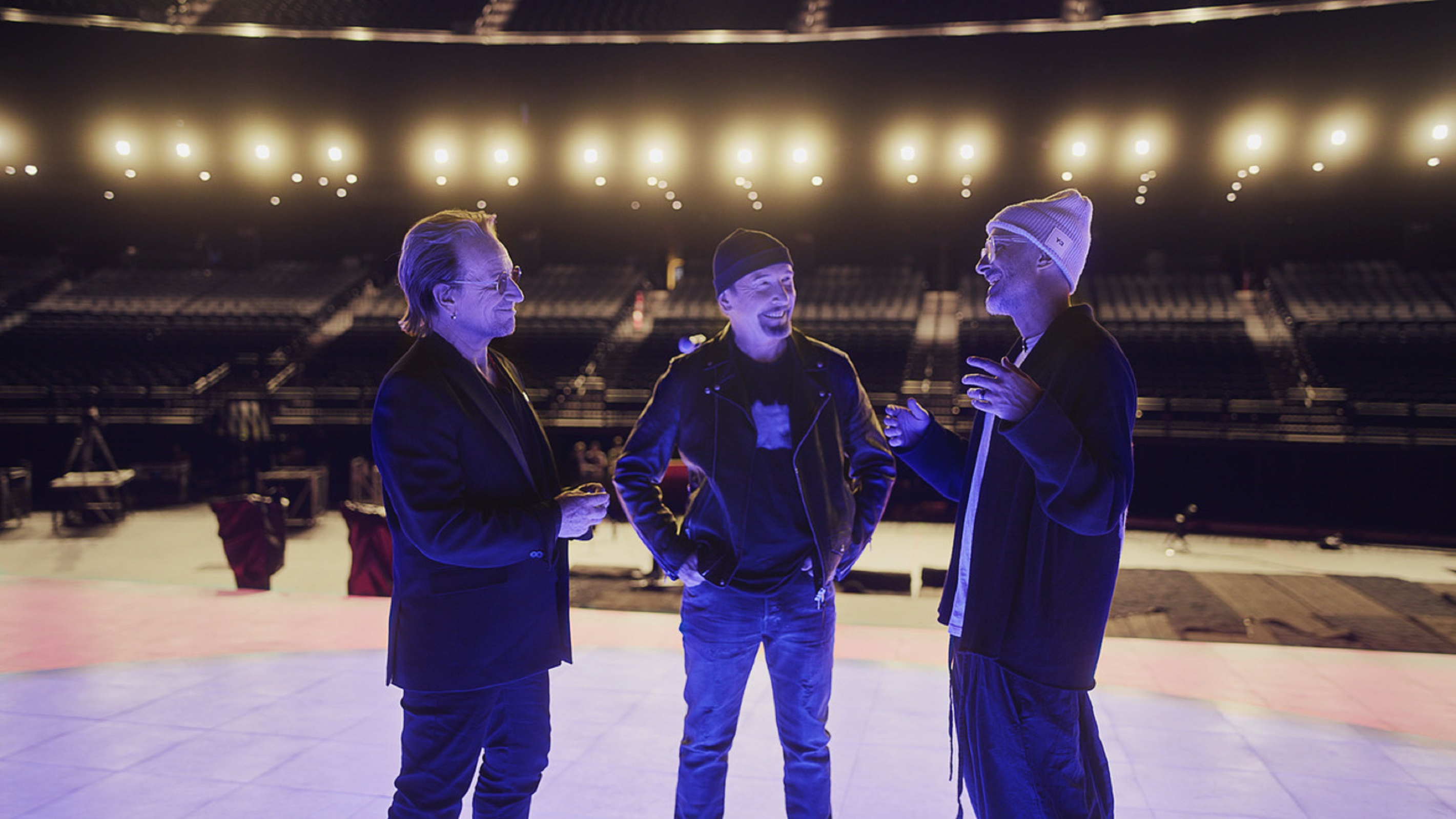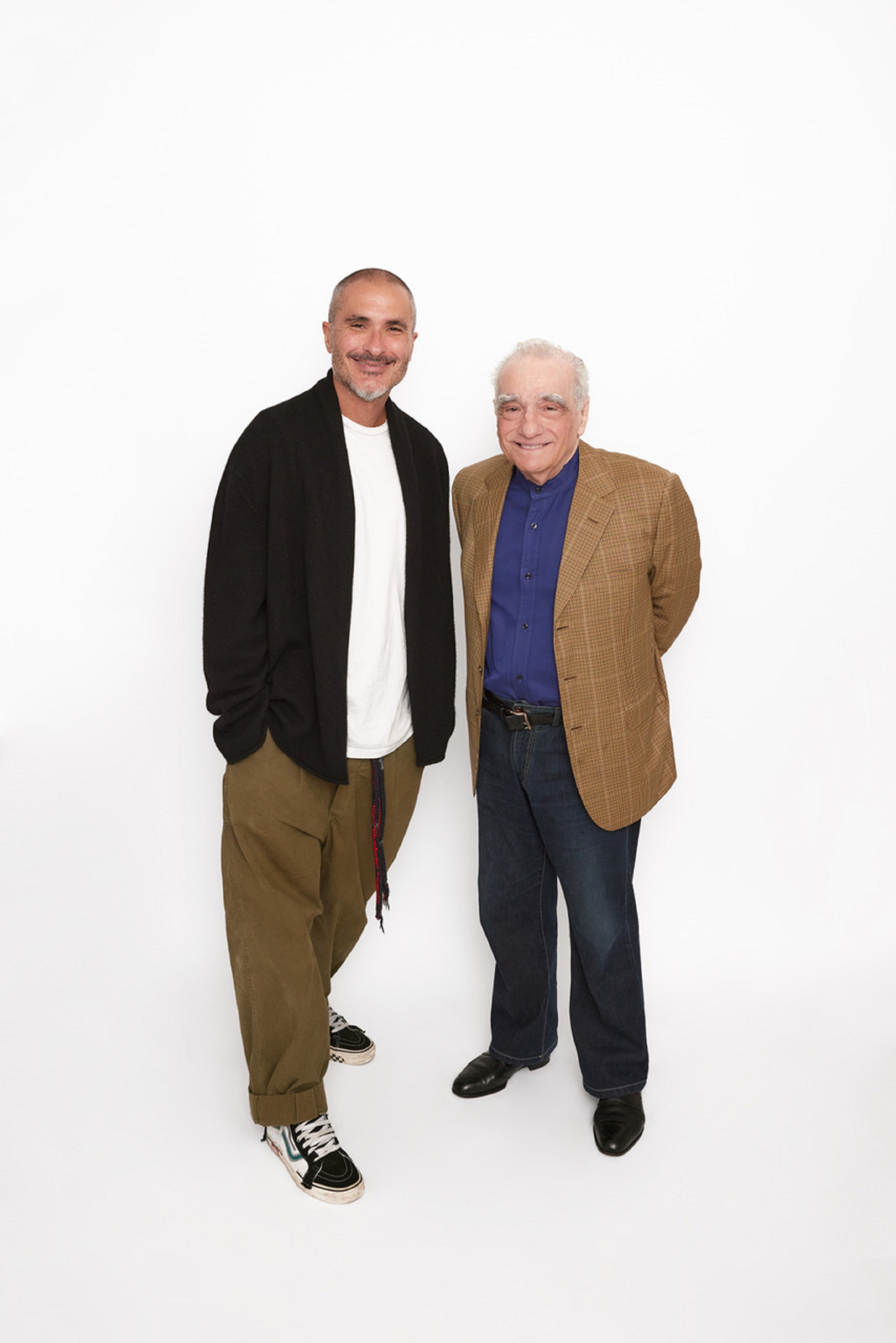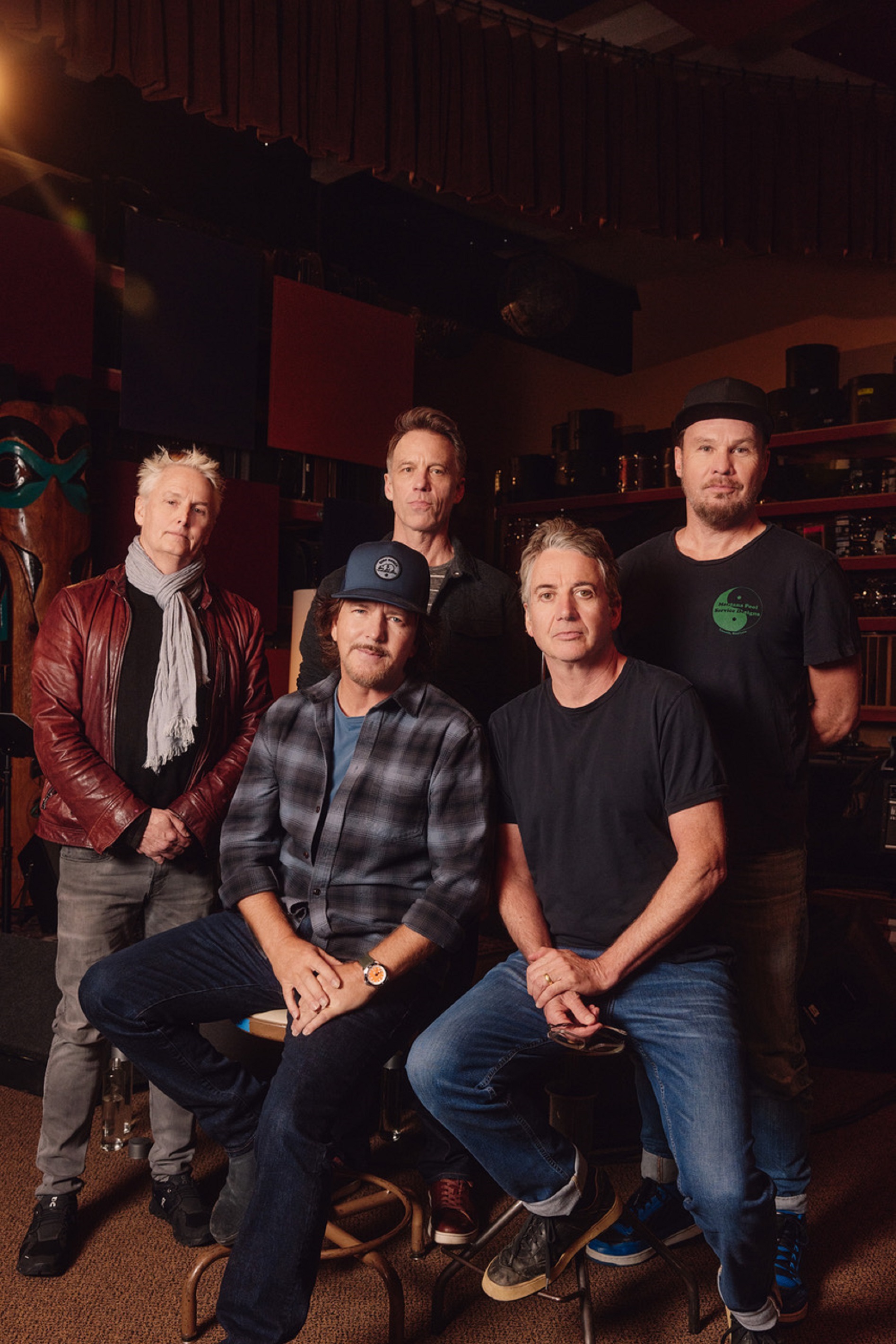Nile Rodgers talks songwriting with Graham Nash of the legendary Crosby, Stills & Nash on Deep Hidden Meaning Radio, and hears the stories behind classics like “Marrakesh Express,” “Our House” and “Teach Your Children.” Graham tells Nile how his former band The Hollies' version of “Marrakesh Express” was "terrible,” how they needed to get David Crosby drunk to sing one of his most famous songs and how one of CSN's biggest hits was the result of a bet with a drug dealer.
Graham Nash and Nile Rodgers on Live Aid
Nile Rodgers: I'm interested in your songs that you've written. Before we get to that though, I just got to ask you one thing. When we did Live Aid, were you on the bus? There was a bus that carted us from, I don't know, I guess some artist area. Because I know that David Crosby was on the bus.
Graham Nash: Are you sure?
Nile Rodgers: I thought so, because I kept thinking to myself, "I'm on the bus with Crosby, Stills and Nash.”
Graham Nash: Holy shit. It was a long time ago. And of course I was probably pretty high at the time-
Nile Rodgers: I know. That's why I was asking, because I know I was high.
Graham Nash: We were on tour, right? So we flew in there and we flew to do a gig right after Live Aid. So I don't remember being on a bus. I could have been. Hey.
Nile Rodgers: The thing that I remember that was so peculiar, which you probably weren't involved in this, was Lionel Richie giving us all a pep talk about not removing the microphone, because Bob Clearmountain, who was the engineer, was way out in center field and the microphones were set up strategically. And if you removed the microphone and started moving around, Bob wouldn't know which microphone to turn on, because he kept them off until he needed to have them on, because the band was behind each microphone.
Graham Nash: Of course. Right.
Nile Rodgers: And as soon as we started playing We Are the World, we played (singing). Lionel Richie goes (singing).
Graham Nash: And he walks right off.
Nile Rodgers: And he walked right off the …
Graham Nash: Anyway, Live Aid. What a great thing that was.
Graham Nash and Nile Rodgers on What Inspired “Teach Your Children”
Nile Rodgers: The immediate inspiration for “Teach Your Children” came from the famous Diane Arbus photo of the child playing with the toy hand grenade.
Graham Nash: Correct.
Nile Rodgers: Wow.
Graham Nash: Yeah. I used to own that image.
Nile Rodgers: Really?
Graham Nash: I had a wonderful collection of photography. I gave about 130 prints to a museum for a show. I never tell curators how to hang the show. They know their space way better than I would, but I'm very interested in what picture you put next to another picture. Because they start a dialogue between them. And when I was looking at the Diane Arbus photograph of the boy in Central Park with hand grenade, I began to realize that if we didn't teach our kids a better way of dealing with each other, then humanity itself was kind of screwed. That was the beginning of “Teach Your Children.”
When I sold my collection of photographs at Sotheby's in '89, I don't know whether you know much about auctions, but the previous night to the auction, people come and see what's going on. The big buyers, the heavy hitters, et cetera. I was standing there, and this tall kid comes up to me and he goes, "Do you know who I am?" And I went, "I've got a pretty decent memory, but I don't think we've ever met." He goes, "Oh yeah, you know who I am." And now I'm starting to freak out a little. I'm wondering what the fuck this guy is. I said, "Tell me. What? Where did we meet?" He said, "I'm the boy with the hand grenade."
Nile Rodgers: Oh man.
Graham Nash: And it was him. And he was like six foot five. He towered over me. I had my picture taken with him, because I wanted to know what the hell happened. What happened to that moment that made that picture so fantastic? Tell me. He said, "Well, every Sunday I would be able to go to the park, and my mother would let me take my toy soldiers. And I would have battles and I would line them all up." He said, "But one day I must have pissed her off, because when we went to the park she said, "You can only bring one thing." And so I brought my hand grenade. I was just standing there. I was so upset at my mother. This lady in black came with a camera and said, "Can I take your picture?" And I said, "Yeah, you can take my picture." And that's his expression.
Graham Nash and Nile Rodgers on The Hollies, “Marrakesh Express” and Collaboration
Graham Nash: They were a good band, The Hollies. We had 15 top 10 singles before I left to join David and Stephen.
Nile Rodgers: Yeah, I know. I bought them all.
Graham Nash: I'll pay you back, kid.
Nile Rodgers: I'm very happy to have contributed to the cause.
Graham Nash: In fact, somewhere in the basement of EMI at Abbey Road is a track of Marrakesh Express that the Hollies did. And it sucks. I love the Hollies. But man, their “Marrakesh Express” absolutely sucked.
Nile Rodgers: When I was younger and I first heard “Marrakesh Express,” it was one of my favorite songs like ever.
Graham Nash: Fantastic.
Nile Rodgers: In later years I would do something with a guy, and we wrote a song called “Train to Bombay,” and we weren't on a train to Bombay. We just made that shit up.
Graham Nash: Of course.
Nile Rodgers: But it was because of “Marrakesh Express.”
Graham Nash: But I was on a train to Marrakesh.
Nile Rodgers: So it says here in my notes that you were in first class, and you weren't really interested in the people. So you moved to, I guess-
Graham Nash: The third class.
Nile Rodgers: I guess they don't call it steerage on a train, but-
Graham Nash: Same thing. Yeah. And that's where it was happening. That's where people were cooking food, and pouring mint tea from six feet in the air into a small glass, and animals all over the place. It was way better than first class.
Nile Rodgers: I know the imagery that you're talking about, but what's really interesting is that, I guess for some reason, the lyrics and even just the melodic flow of the (Singing).
Graham Nash: And that's the genius of Stephen Stills. And that's the difference between The Hollies’ version and our version. When you are writing a song about a train, it needs a train. It needs urgency, it needs energy, it needs to be tracking right along. And that guitar part that Stephen Stills put on was unbelievable to me. He did it one after another. (singing) Okay, next track. (Singing). And he just laid it down and it was perfect. And he did the same with my song “Teach Your Children.” I played Stephen “Teach Your Children” the first day that I met him. So I played it for him and he said, "That's a very interesting song. Don't ever play it like that again." And I said, "What?" He goes, "You sound like Henry VIII." He said, "This is how it should go," and he put that beautiful Stephen Stills right hand picking pattern that he's so famous for, and he turned into a hit record.
Nile Rodgers: Wow. It's funny, I did a workshop yesterday on collaboration, and I was explaining how musicians are some of the greatest collaborators. It's just a wonderful thing to be in that room, and the ideas just start flying around the room, and all of a sudden you go from nothing, or just a tiny idea into a beautiful story. It just blossoms, I would've never imagined that you did that.
Graham Nash: I just saw a really lovely little documentary about the Traveling Wilbury's, and how they would go and they'd sit in a room with nothing. And then George looked over at a packing box, that people had put stuff into move house, and on the side it said, "Handle with care." So he goes, that's great. Handle with care. Let's start. And they turned it into a fantastic song. And it happened time and time again with those. And you're absolutely right, musicians make great collaborators. It's not my most comfortable for thing to do as a writer. Because if I have a nice melody and I say, "What do you think?" And then somebody says, "Yeah, I keep imagining elephants with pink pyjamas on." No, sorry. No, no. But you collaborate a lot.
Nile Rodgers: That's my whole life. That's all I do. I start off in a solitary mode, writing down motifs and ideas, but they come to life when I bring them to the other people.
Graham Nash: That's very brave.
Nile Rodgers: Almost everything I do. Or it's the other way around. And actually that's where I'm most comfortable, when the other person has the idea and I can come in and be the fixer. That's when I really am at my best. Great. Because I know I'm going to write the song about the elephant in the pink dress.
Graham Nash and Nile Rodgers on the Era of Albums
Nile Rodgers: What's really interesting, and I think that a lot of people that listen to the show will get a little bit of education now. We grew up in an era where it really was about albums. So yeah, the individual songs were just part of the body of work. I don't know if you agree with me, but the way I used to look at an album was, to me, the album was a film and the singles were the trailer. They were the things that you put out-
Graham Nash: Perfect.
Nile Rodgers: Yeah. To get the person to say, "I'm going to commit to the big thing." We used to struggle over the sequencing of the album and the stories we wanted to tell. "No, this song has to go here," and it was actually a big deal. And now I work with a lot of artists and they honestly don't even care about that.
Graham Nash: We used to do that really, really well. When you start an album with “Suite: Judy Blue Eyes,” don't tell me you're going to get up and take the needle off the record. I don't think so.
Nile Rodgers: Right. Exactly.
Graham Nash: And it was very strange. And we were doing ‘Deja Vu,’ we were all staying at this very low class motel in the Tenderloin district of San Francisco. It was right next to Wally Heider’s studio. And I went to Stephen one day and I said, "We don't have a “Suite: Judy Blue Eyes.” He goes, "I know. We did it on the first record." I said, "No, no, no. We don't have that song where once you hear it, you're not going to take the needle off the record. We need that song." Two days later, he came back to me and he said, "How about this?" (Singing) And he played me “Carry On.”
Nile Rodgers: “Carry On.” Nice.
Graham Nash: Stephen Stills is a bitch, man. He's a great musician.
Graham Nash and Nile Rodgers on “Our House” and Joni Mitchell
Nile Rodgers: So “Our House,” it shows you that when you're a teenager and you're just into the artist, especially back in those days, we weren't over concerned about people's relationships and things like that, like now. Now it's all about who lives with who, who goes out with who.
Graham Nash: Indeed.
Nile Rodgers: So I feel really, really stupid that I had no idea that you lived with one of the most incredible people in music, with Joni Mitchell, and “Our House” is you writing a song about your house with Joni Mitchell.
Graham Nash: Yes. There's a version of our house that I did at the Music Academy in Philadelphia. I'm playing at soundcheck, making sure the piano’s in my speaker kind of thing. And Joni sits right next to me and we do “Our House” with four hands on the piano. We screw up halfway through and I say, "Oh shit man. What the fuck?" And we all start laughing, but it's on the record.
Nile Rodgers: That's cool. I think in terms of Joni Mitchell as so serious. I remember going to meet her out in Malibu. We were thinking about working together, and she was so serious. I was like going, “Ah."
Graham Nash: Yeah. She's a serious woman.
Nile Rodgers: But “Our House” is such a... It's a heartwarming, lovely kind of ditty. You were probably in a very good space.
Graham Nash: I was in a great space. I was living with Joni Mitchell, for God's sake.
Graham Nash and Nile Rodgers on the Album ‘Deja Vu’
Nile Rodgers: The influence that you had, that CSN had on just the culture in general was incredible. ‘Deja Vu’ changed so many things. Even just the album cover, because it had the textured thing. Everything seemed so well thought out.
Graham Nash: The idea for the civil war kind of feeling on the cover, that's all Stephen. That's Stephen's idea. That's what he wanted. And it cost us... It was the most expensive album cover every made, because every photograph was put on by hand. Now imagine that when you're selling several million records. That's a lot of hand work.
Nile Rodgers: Yeah. I'm really happy working with artists that I work with now, but it's interesting that they don't come from a world like that.
Graham Nash: Different world, isn't it?
Nile Rodgers: Because to acquire things in the tactile world, like a record, we had to go out and actually physically go get the record. There was a huge amount of effort involved into getting this thing that we go home, smoke a bunch of hash and just sit there and go, "Wow." It was a spiritual commitment, a physical commitment.
Graham Nash: Yeah. Originally albums, as you well know, were just the bands hits and B sides, and put it out to make more money. But then when Pet Sounds came out and John Lennon and Brian Wilson really made people understand that an album can be an incredible journey, like a film, like you said. And that each track is a trailer for the journey of the album. And we always took incredible time and concentration to get every song in its right place. And once it's done, it's forever.
Nile Rodgers: Yeah. And also we had technical problems that we had to deal with. We had bandwidth issues and things like that, that they don't have to worry about. Now I've seen some hip hop albums that have 30 songs on it or something. And I'm going, "Well, you could have never put 30 songs on a record."
Graham Nash: We had that problem. Let's take Woodstock, for instance. Woodstock is what? Three and a half minutes?
But we played for 14 minutes. We had to fade because of time on a vinyl record. But you should have heard... I want to do ‘Deja Vu’ from start to finish, meaning from the count off, to the drummer putting his sticks down on the snare. All of it, not fading. All of it. That would be an interesting album, I think.
Graham Nash and Nile Rodgers on ‘Almost Cut My Hair’
Nile Rodgers: Man, let me tell you something. Most people will never hear me say this. But to this day, because my hair is still in insane, I wake up almost every morning and sing, "Almost cut my hair."
Graham Nash: Fantastic.
Nile Rodgers: I just think that is one of the most genius vocals and songs.
Graham Nash: We actually had to get David drunk to do it.
Nile Rodgers: His singing is unbelievable. It's off the charts on that song.
Graham Nash: Crosby's a great musician, man. He really is. Great singer, totally unique.
Nile Rodgers: And I love the line, "Must be because I had the flu for Christmas."
Graham Nash: That's right. And you know what? Crosby had the flu for Christmas almost every year that I was with him. He built it into his DNA or something.
Graham Nash and Nile Rodgers on “Chicago / We Can Change The World”
Nile Rodgers: Now this is interesting. So when we talk about the song “Chicago/We Can Change the World,” I joined the Black Panther Party exactly one year after the whole Democratic Convention.
Graham Nash: I knew that.
Nile Rodgers: At that point prior to joining the Black Panthers, I was in the Peace and Freedom Party and all the other organizations where the cops would just beat us up at every rally. And then when I joined the Panthers, all of a sudden everything changed. It was like, "Whoa." They didn't beat us anymore. They had to shoot us. So I was familiar with the lyrics of the song and the content of the song, but I'd like you to talk about it. Because as a listener, I take my perspective also because I was part of the movement then, but as a composer, how did you think about it? Where were you coming from?
Graham Nash: I was coming from a very simple point of view. To me, you can't bind and chain and gag a man, and call it a fair trial. I'm sorry. That doesn't work for me. I know that Bobby Seale was rambunctious, I know that he was vocal. I know all that. But you can't chain and bind and gag a man, and call it a fair trial. That's why I wrote Chicago.
Nile Rodgers: Obviously, I believe in... I'm pretty sure you know the story. He had a reason to be somewhat rambunctious, because he didn't have an attorney. He didn't have legal representation. And he was saying, "Hey."
Graham Nash: I know. And even that's crazy.
Nile Rodgers: Right. Everybody in America supposedly has the right to representation. And as they say, if you don't have one the court will appoint one. For those of us lived through it and saw it at the time that it was happening, it was maybe one of the most graphically horrible, ugly things that we had seen in America. To see Bobby Seale bound and gagged like that was just incredible to me.
Graham Nash: I'll bet. Especially being a member of the Panthers.
Graham Nash and Nile Rodgers on “Just A Song Before I Go”
Nile Rodgers: “Just A Song Before I Go.” Talk to me about that.
Graham Nash: I was in Maui, in the Hawaiian islands. I had taken a few days off from me and David and Stephen, and I was at the house of a friend of mine called Spider. He was a low level drug dealer. He had great grass. We were friends. I was at his house. I had about maybe an hour and a half before I had to leave and catch my flight back to David and Stephen for a show. And he looked at me and he said, "We've known each other a few years now." He said, "I didn't really realize you're supposed to be some big shot songwriter. Right?" And I said, "Yeah, I do my best." He goes, "I'll bet you can't write a song just before you go." I said, "What?" He said, "I bet you can't write a song just before you go." I said, "How much?" He said, "$500." I said, "$500. If I can write a song just before I go. Well, how about this?" And I sat down and I wrote it.
Nile Rodgers: Nice.
Graham Nash: So simple.
Nile Rodgers: Did he give you the five bills?
Graham Nash: He did. There's a joke that Joe Walsh tells about Rocky Mountain Way, but I'm going to say it with “Just a Song Before I Go,” because it was the biggest single hit that CSN ever had. Right. And I tell my audience, if I'd have realized how big a hit it was going to be, I'd have written a better song.
Nile Rodgers: Man, it's such a pleasure to talk to you. I really thought you were going to clear up that bus ride for me, because I was so high. I was like, "Well I know that we were all talking. I was so happy to be with Crosby, Stills and Nash."
Graham Nash: When we were leaving Live Aid, I noticed that... Do you remember there was a big white sign that gave all the dressing room for Neil Young, for Bob Dylan, Nile Rodgers…
Nile Rodgers: Yes.
Graham Nash: I still have that.
Nile Rodgers: Really?
Graham Nash: Oh yeah.
Nile Rodgers: I learned a lot today.
Graham Nash: Good.
Nile Rodgers: So Graham, I'm telling you man, it's such an honor and a pleasure. You've done so much for my life and career and music and...
Graham Nash: You take it easy, eh.
Nile Rodgers: Be well, be safe. And I hope maybe we can meet somewhere in the flesh and hang out and do something. It's totally my honor today.
Graham Nash: It will be my honor too, Nile. God bless.






